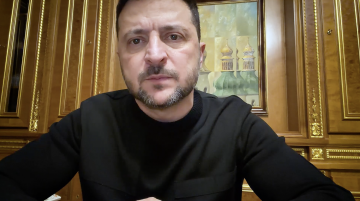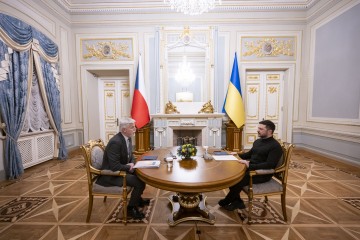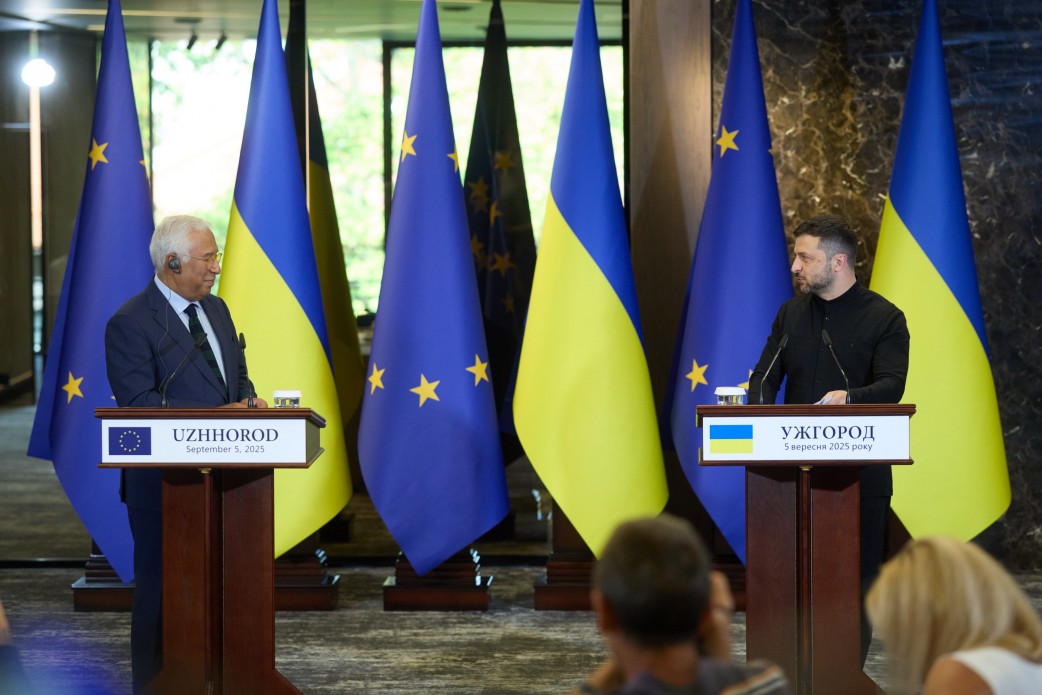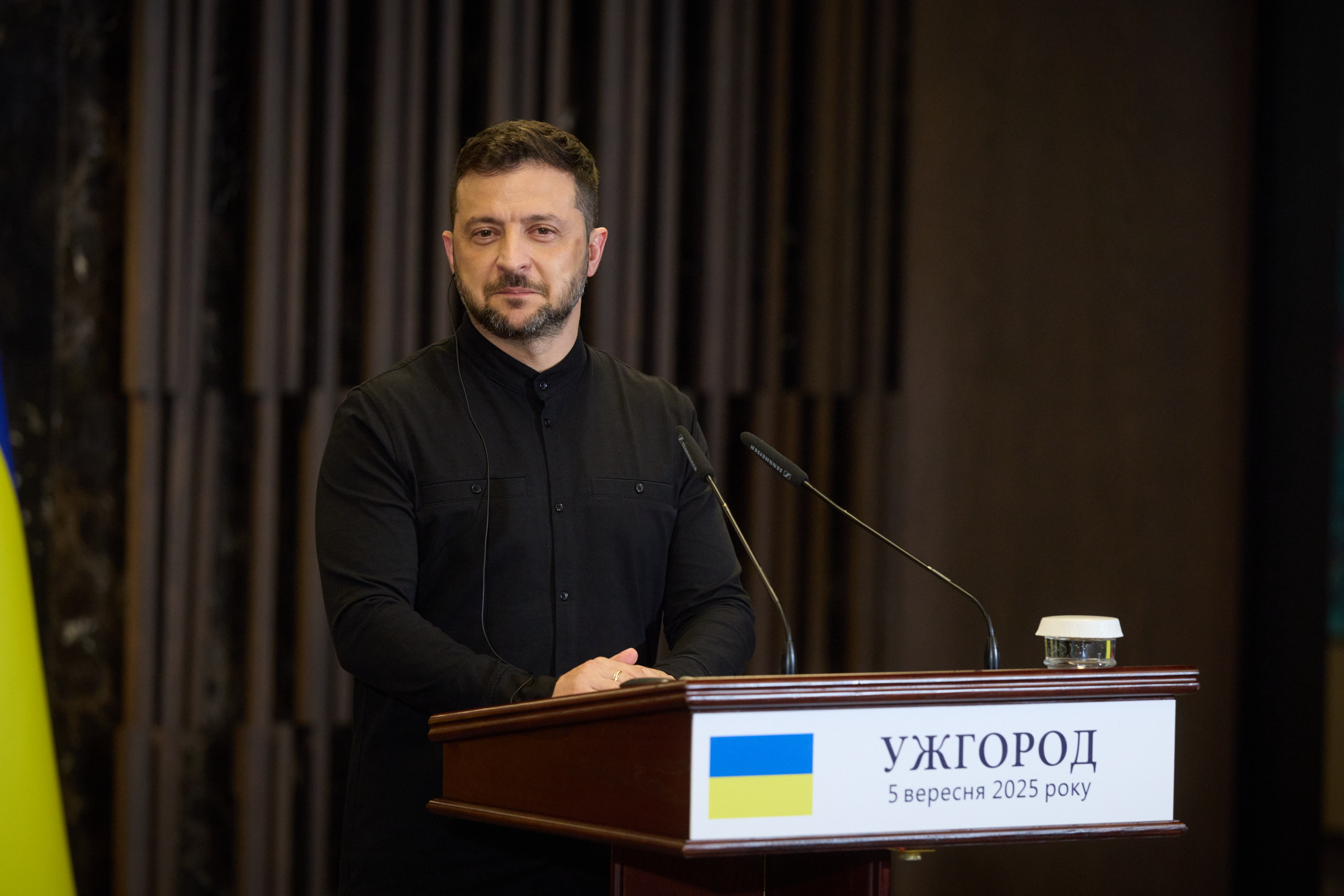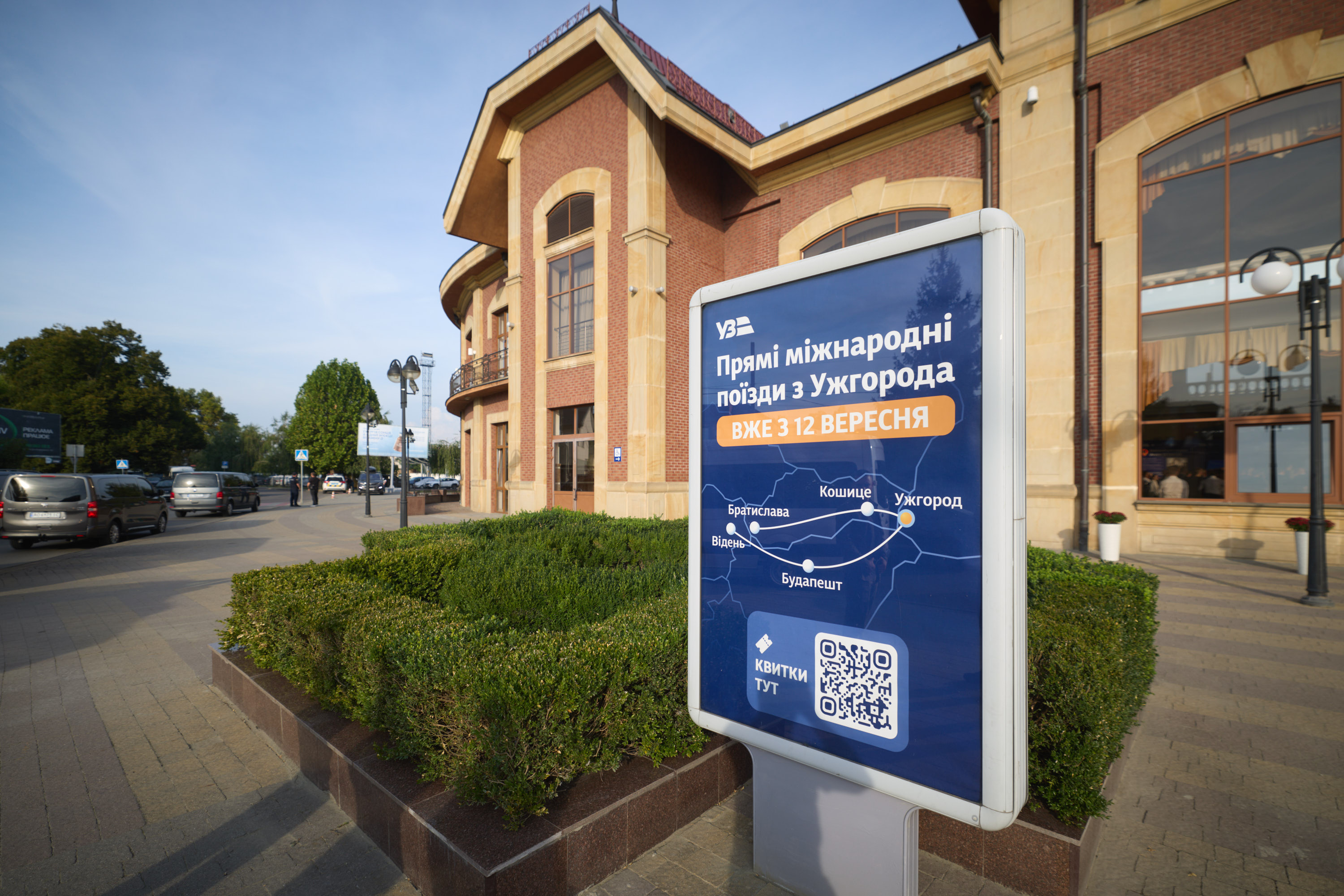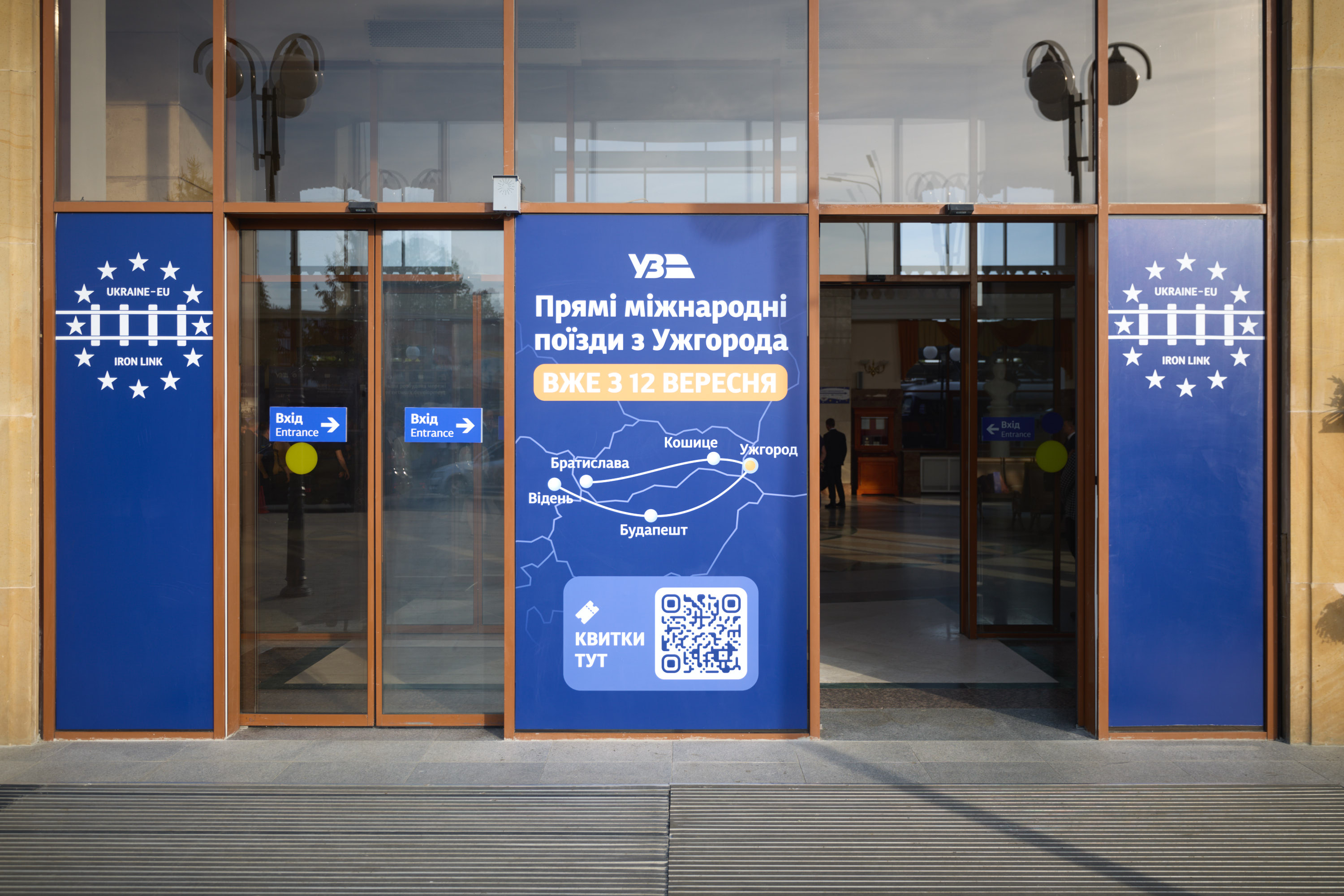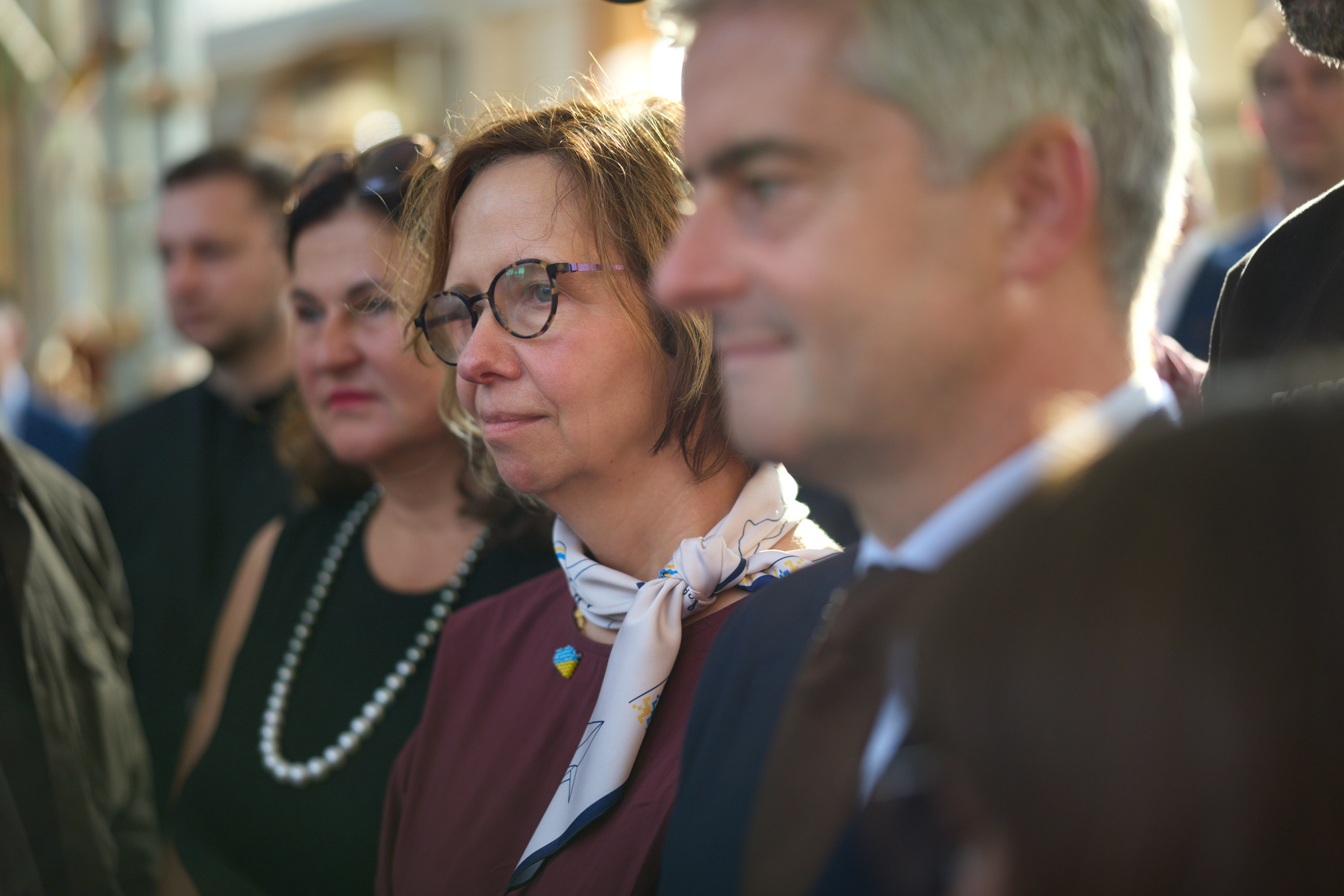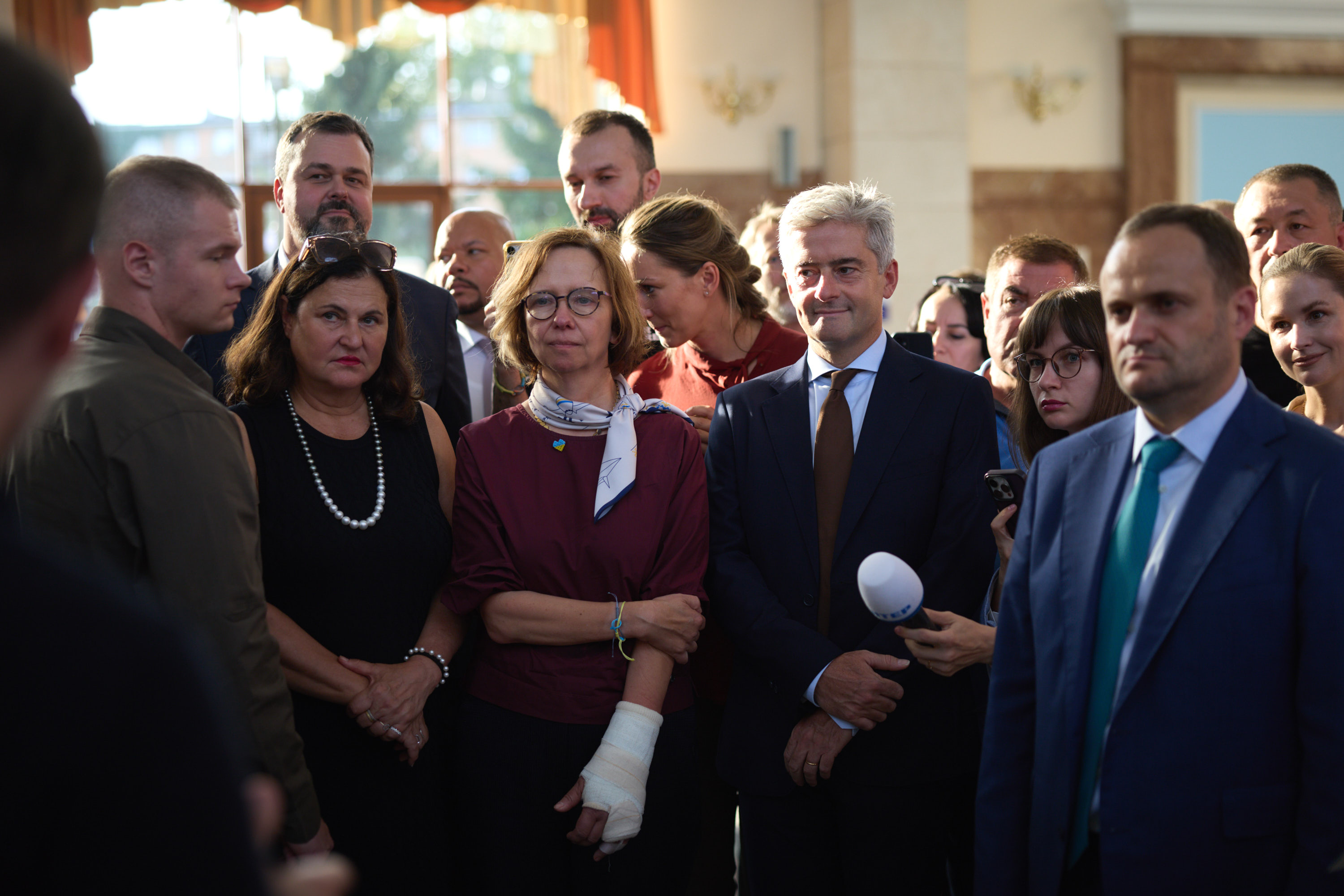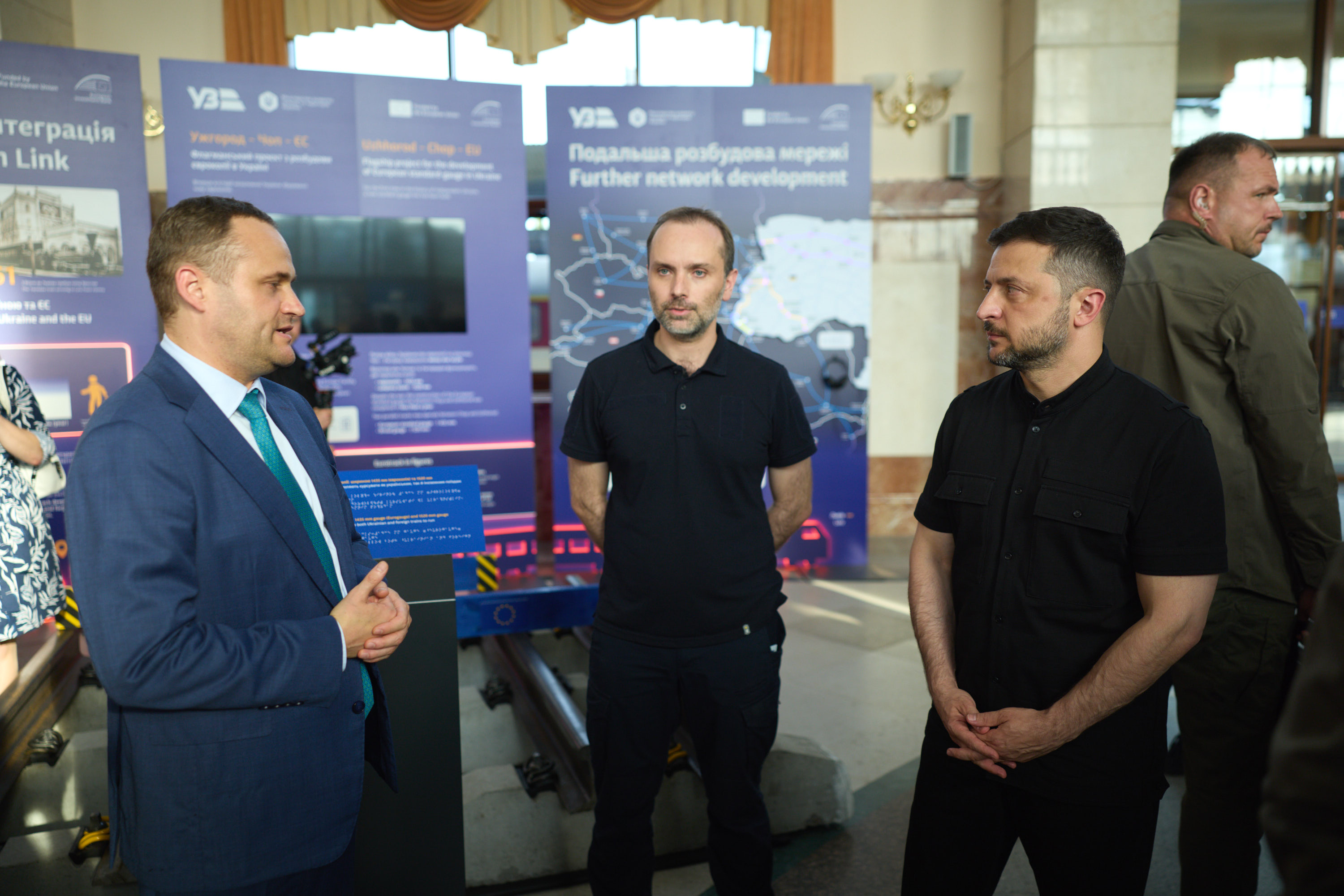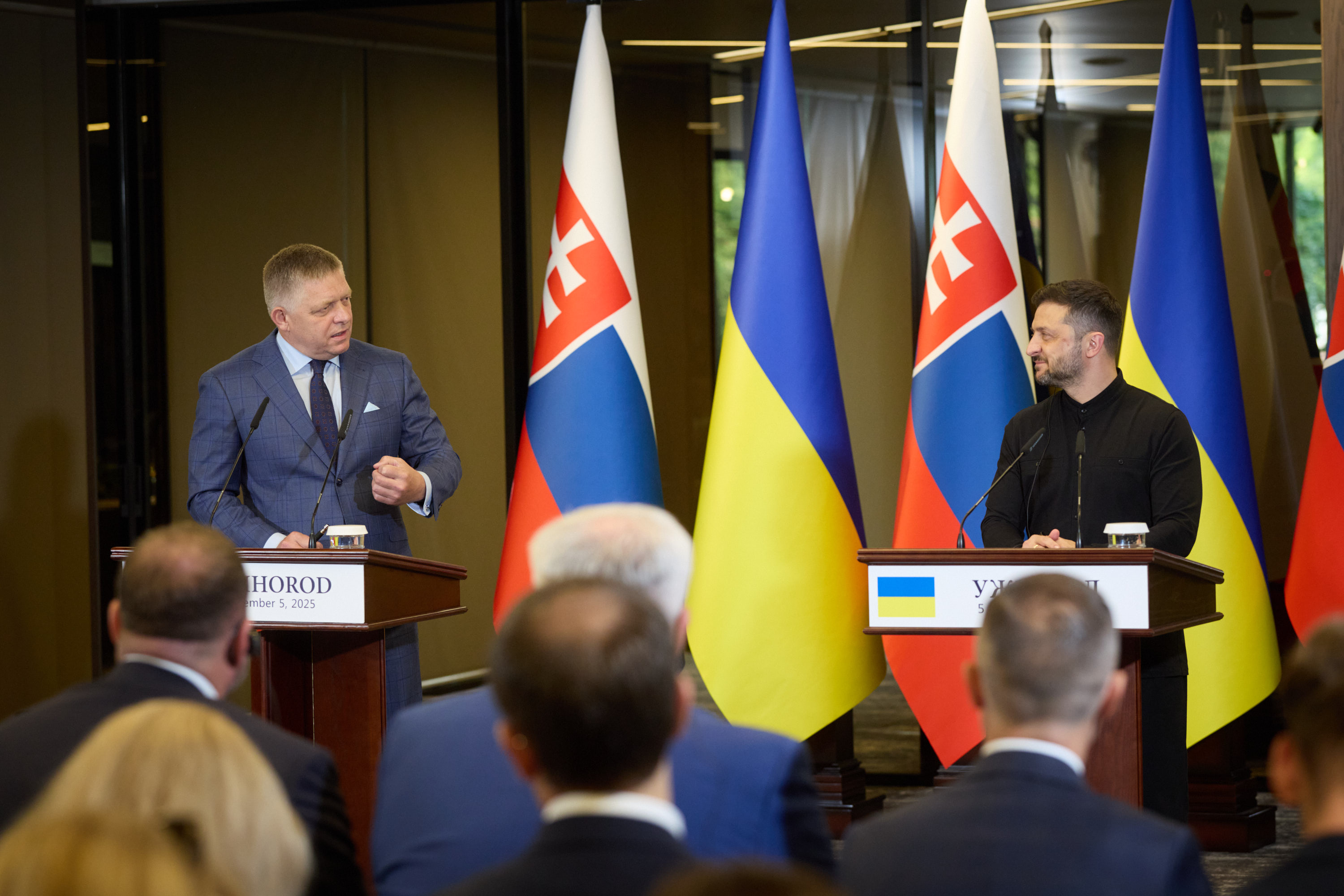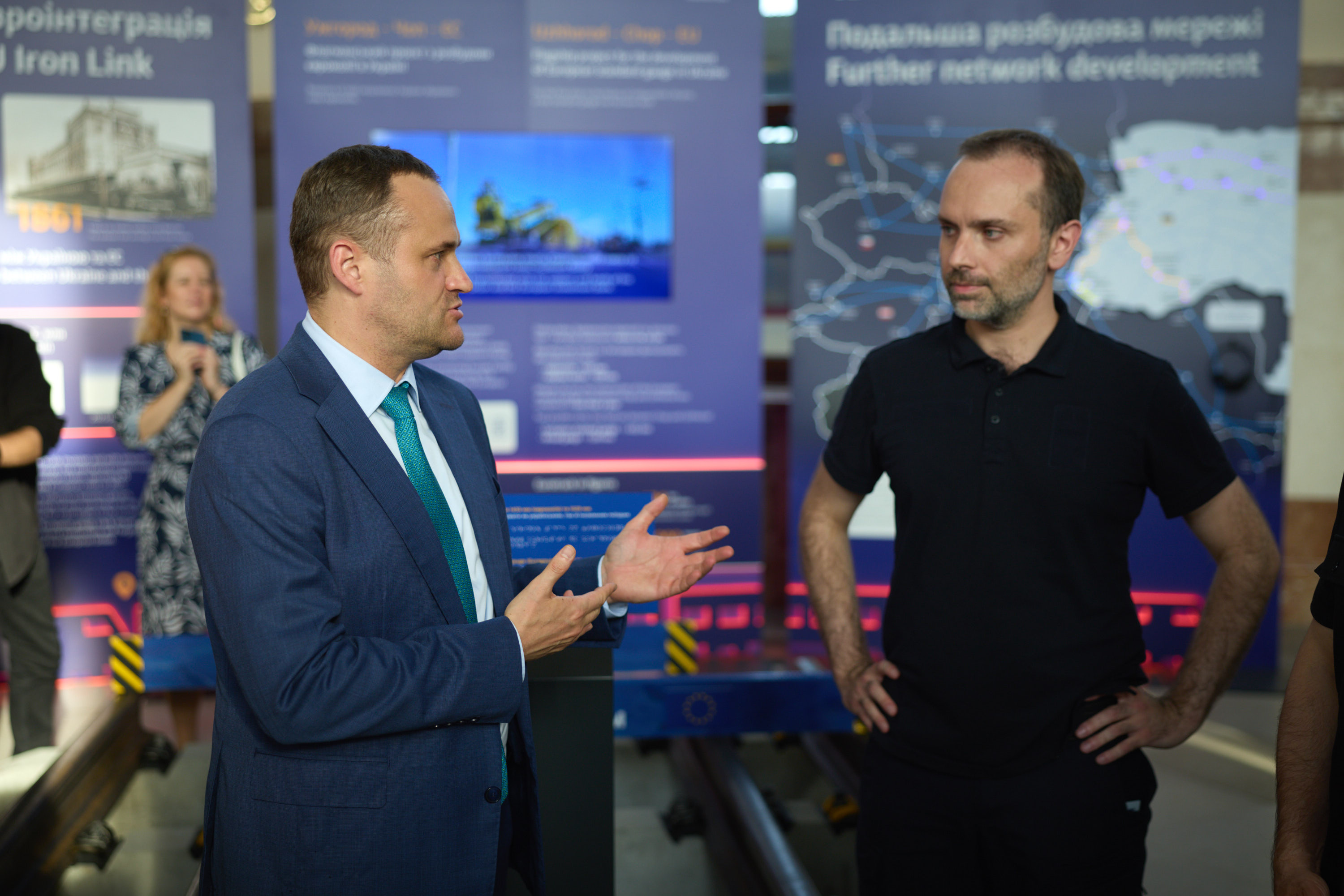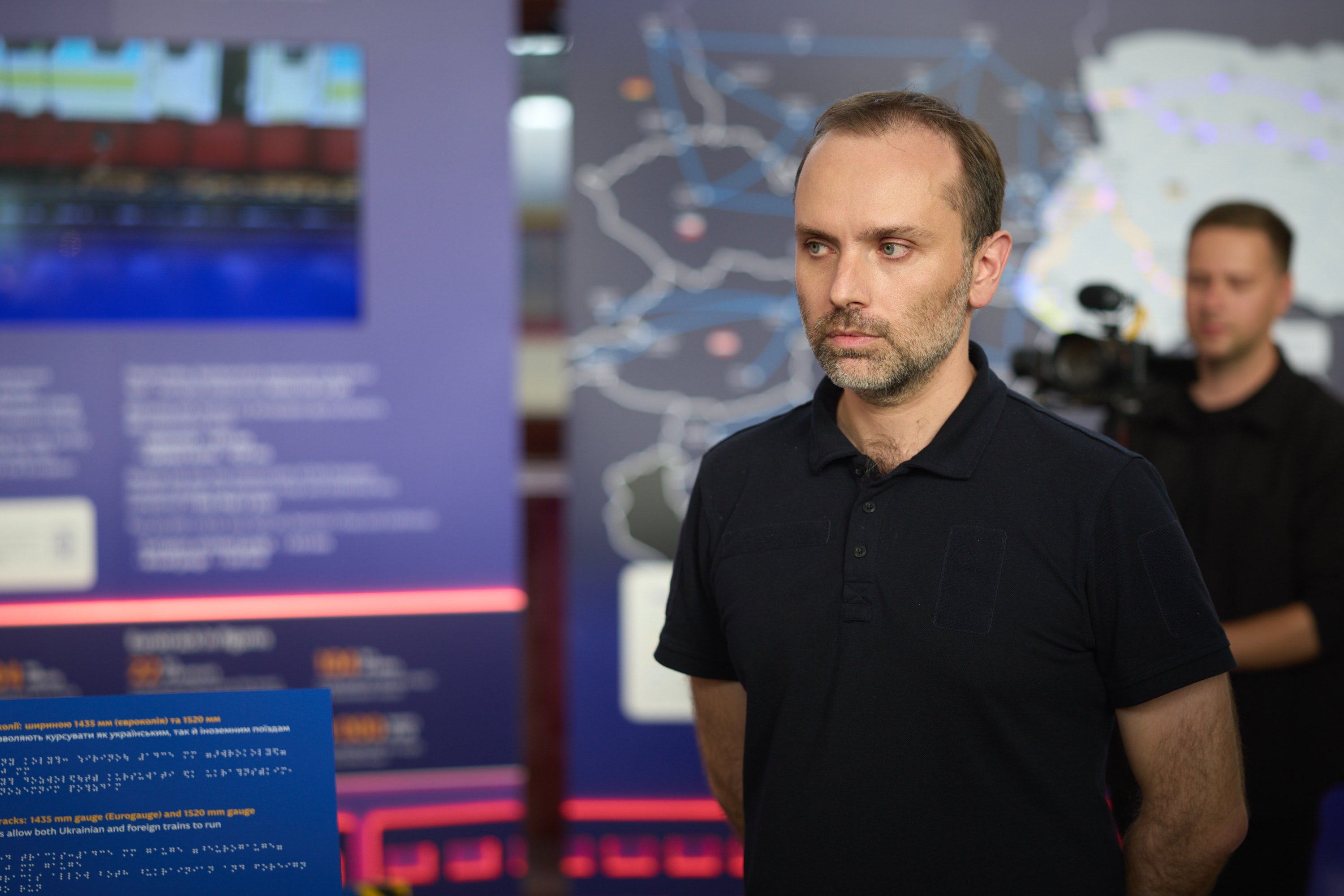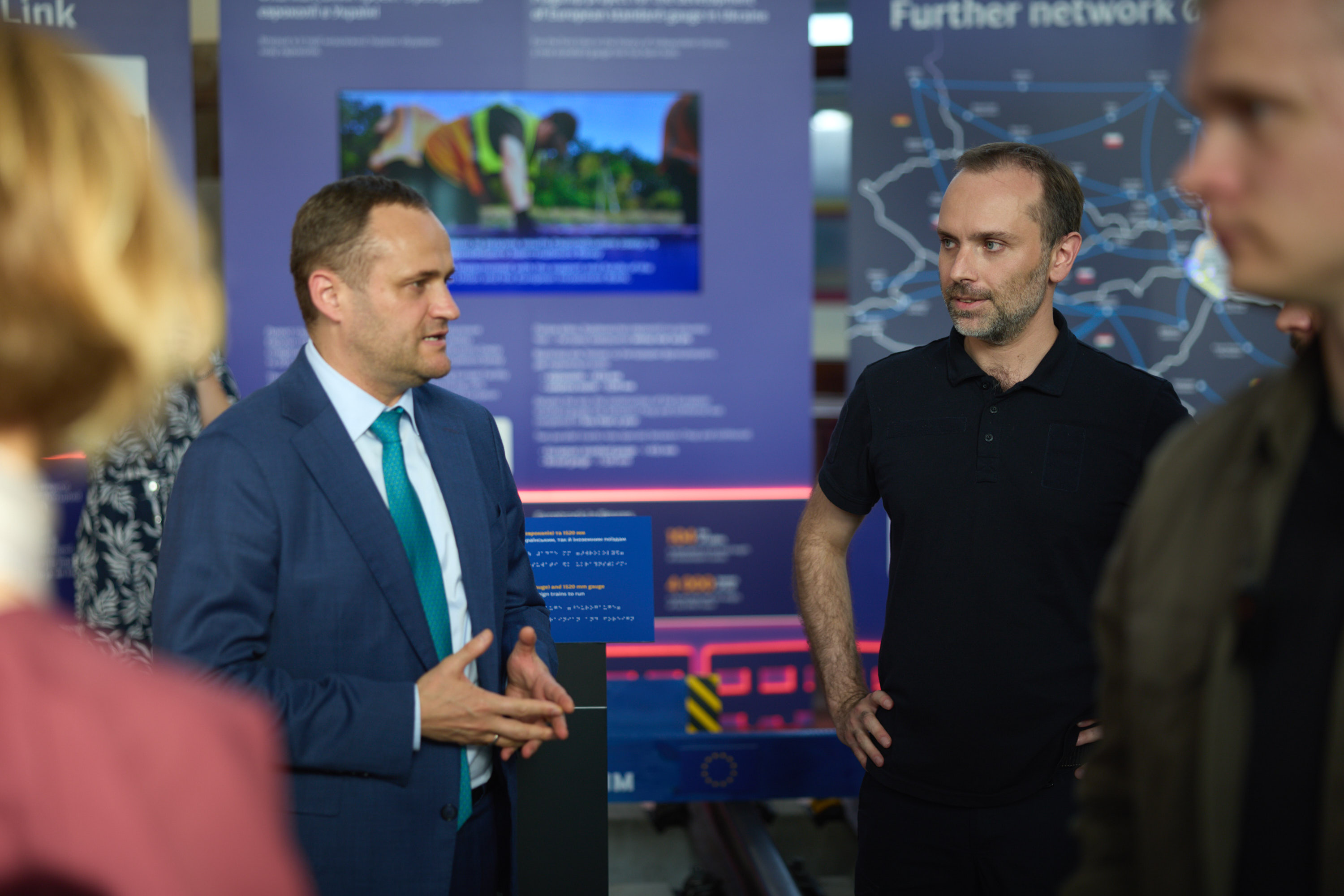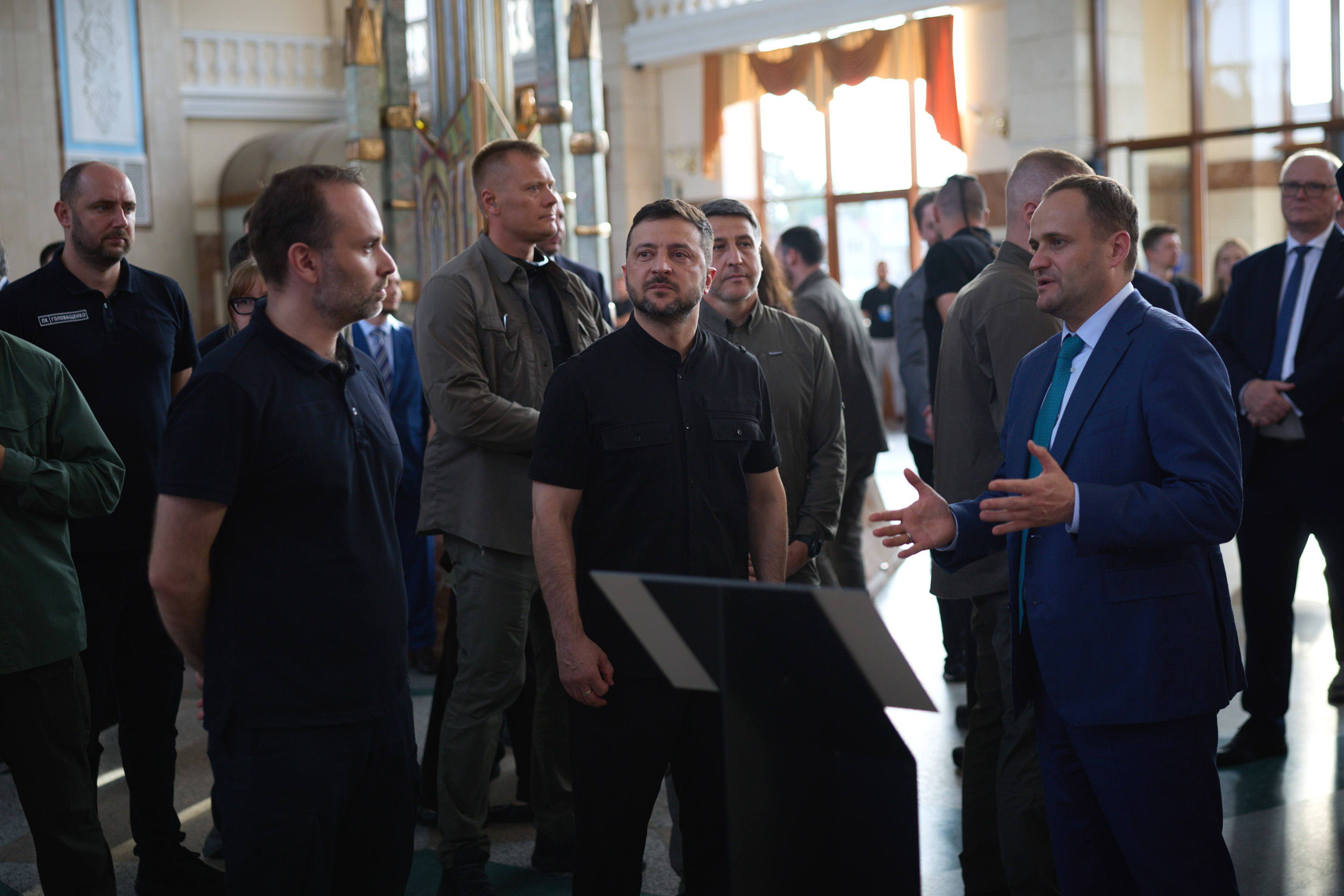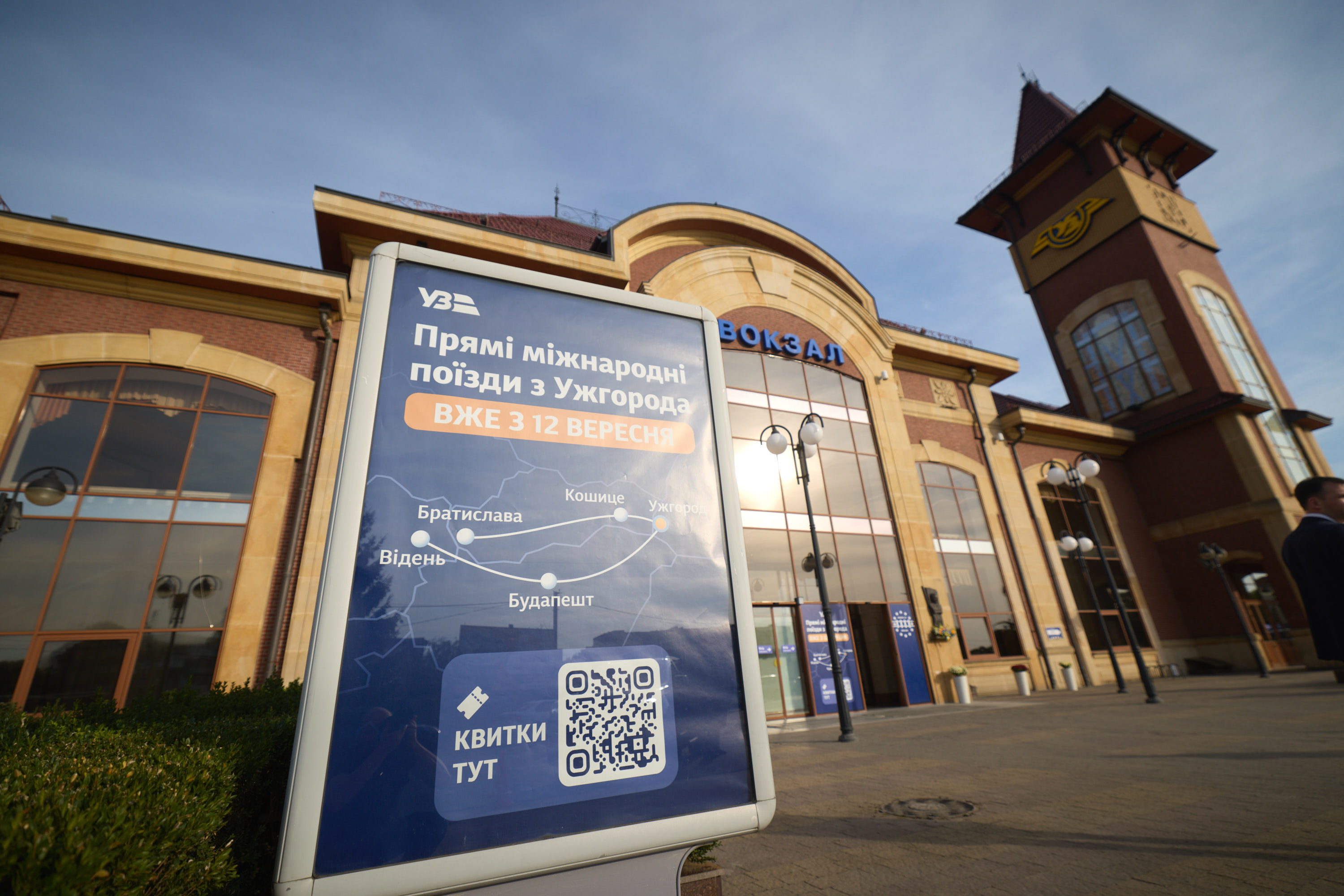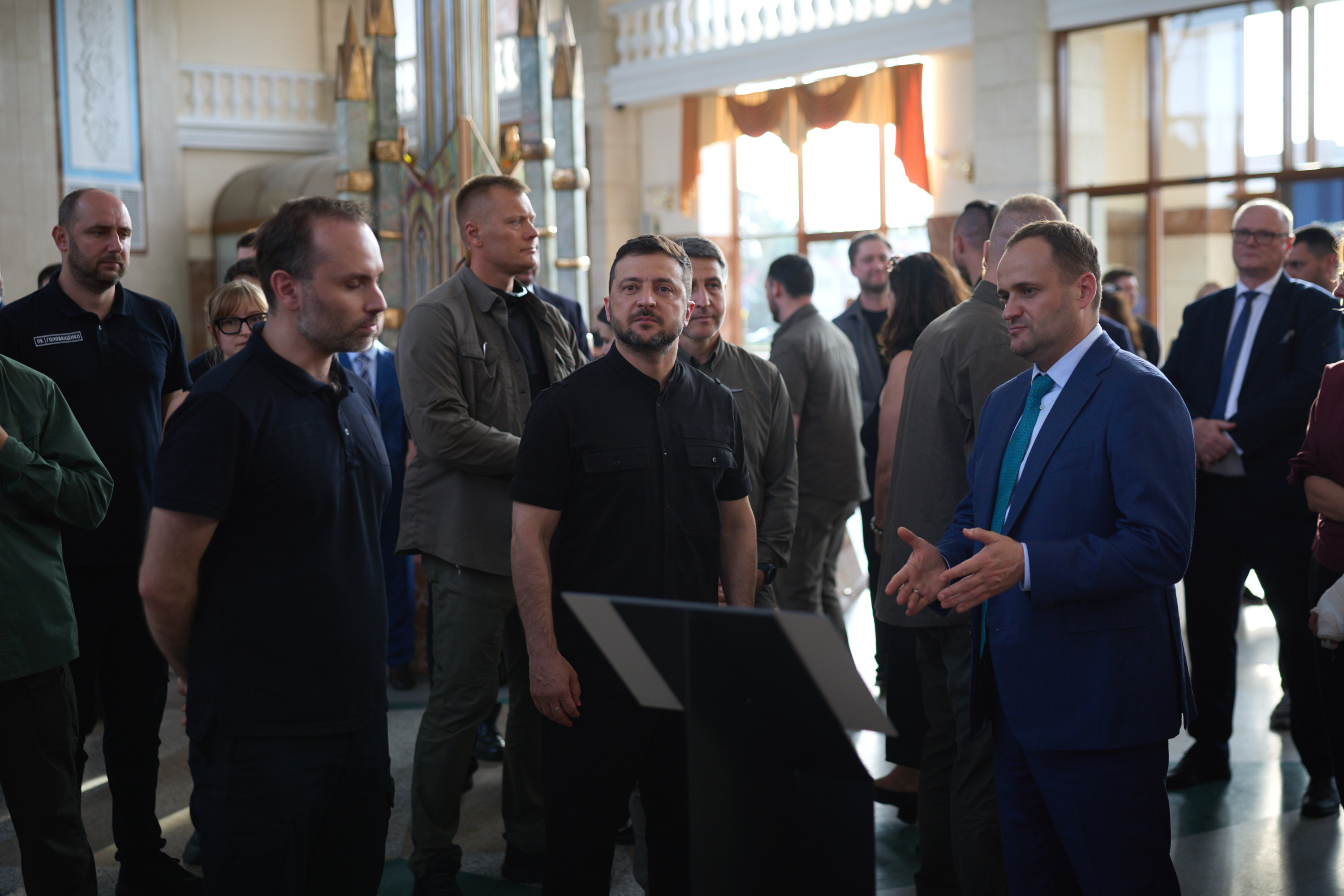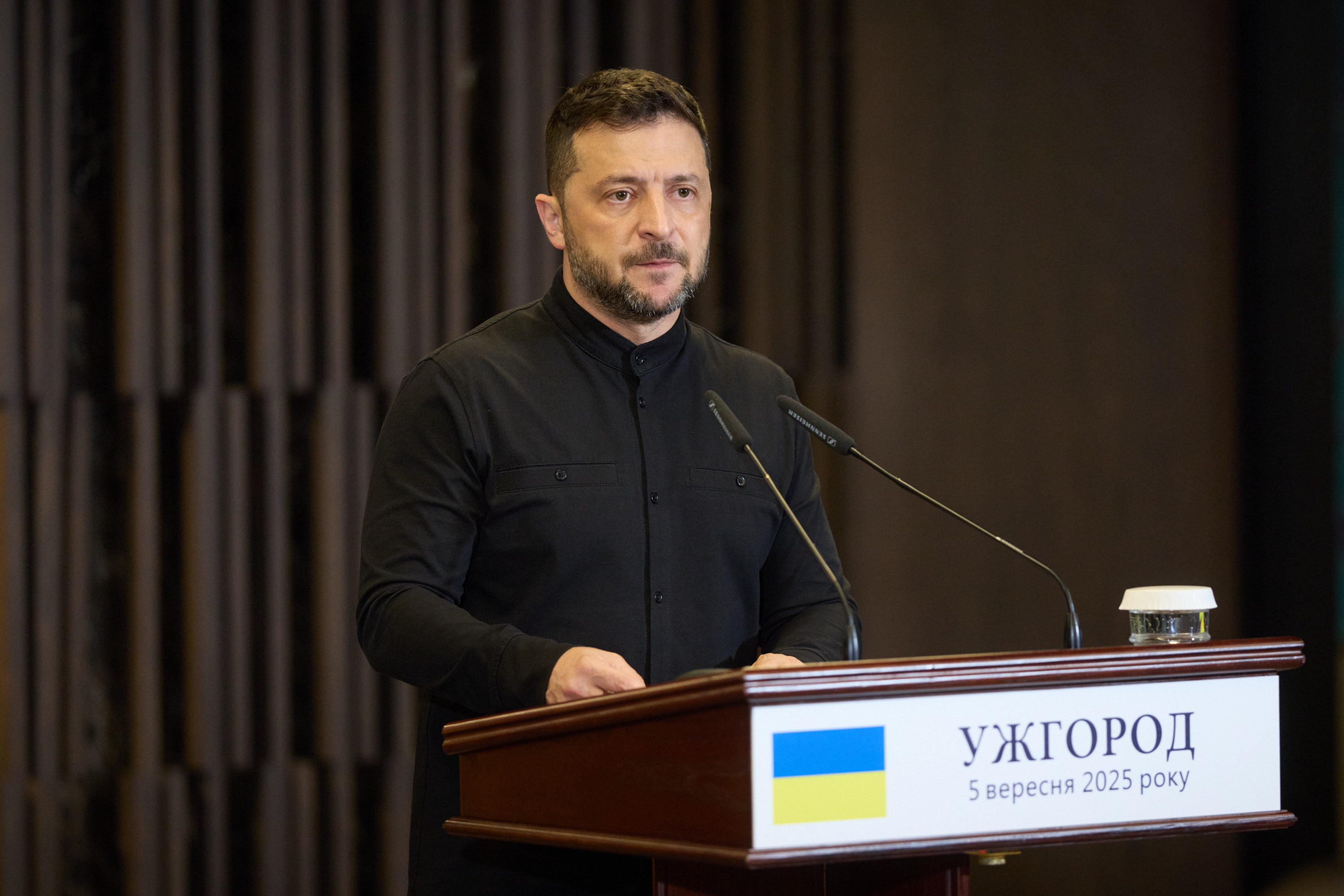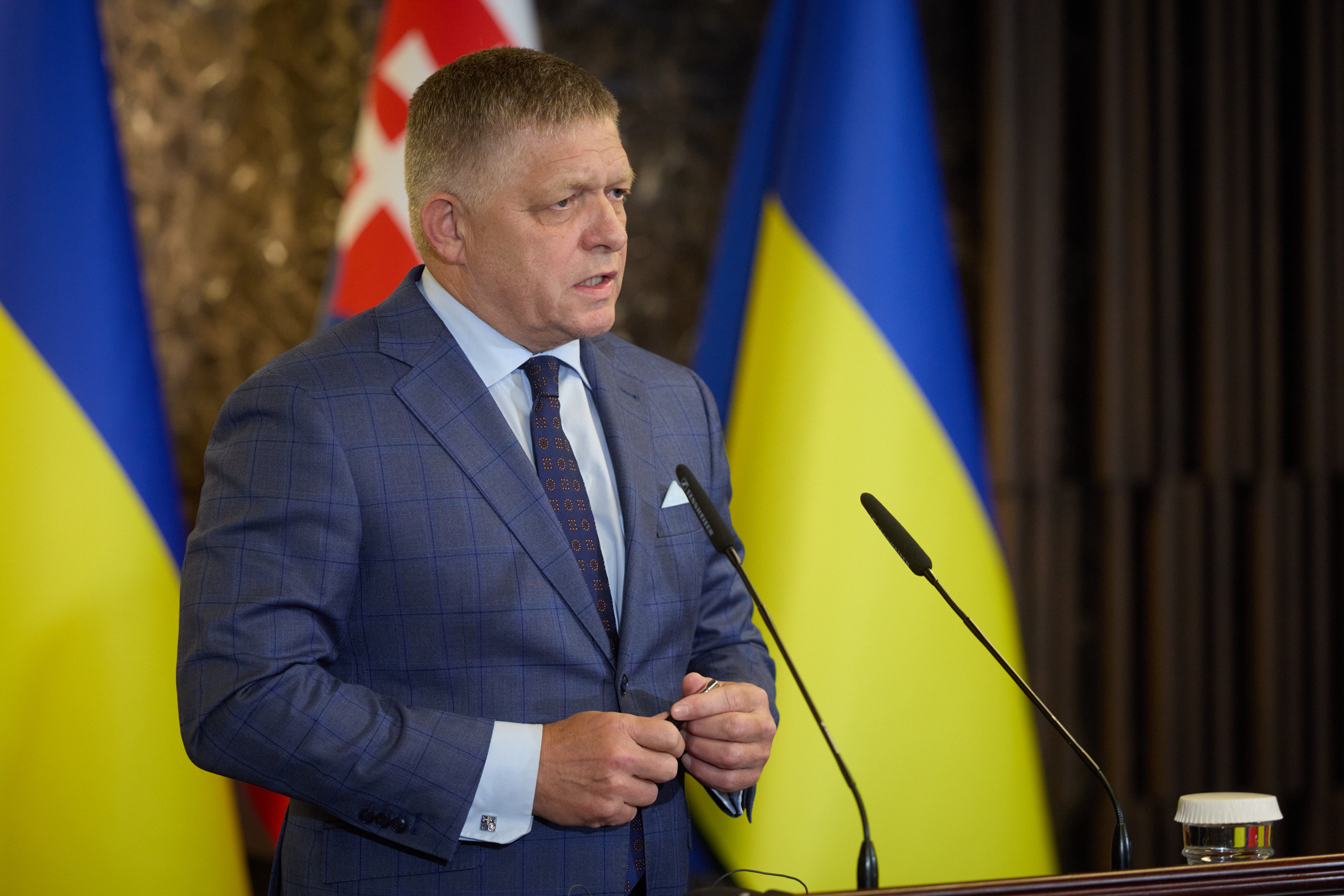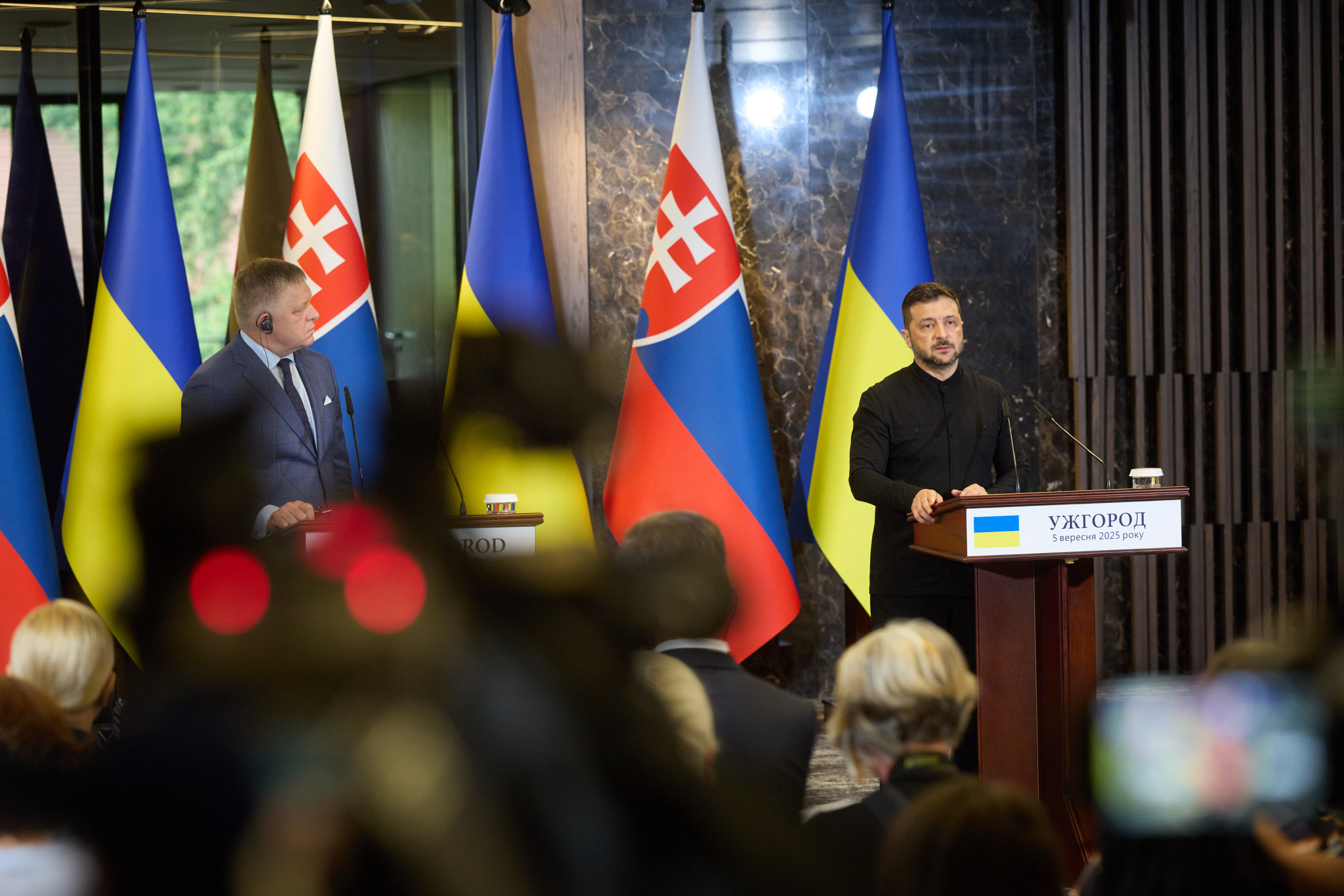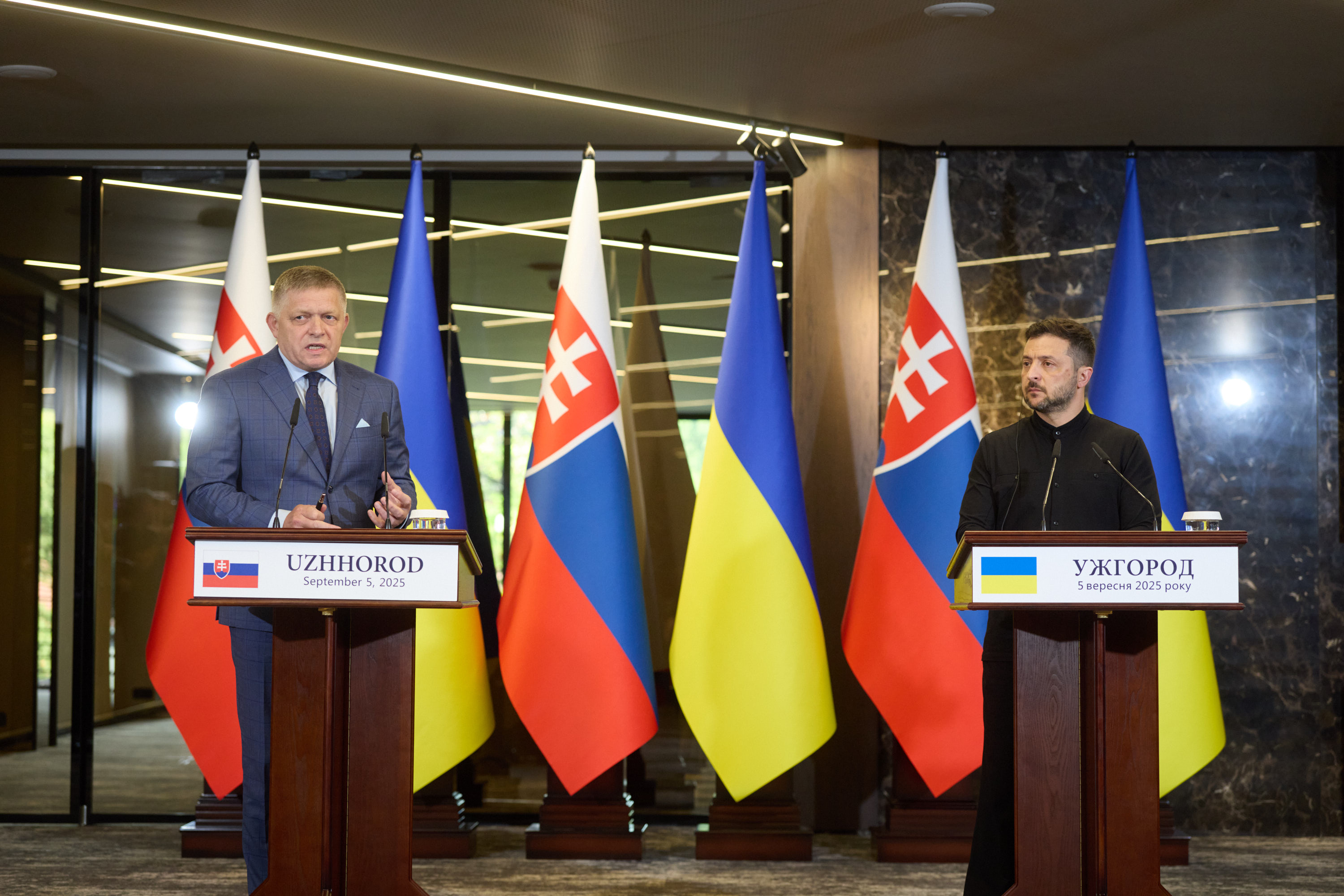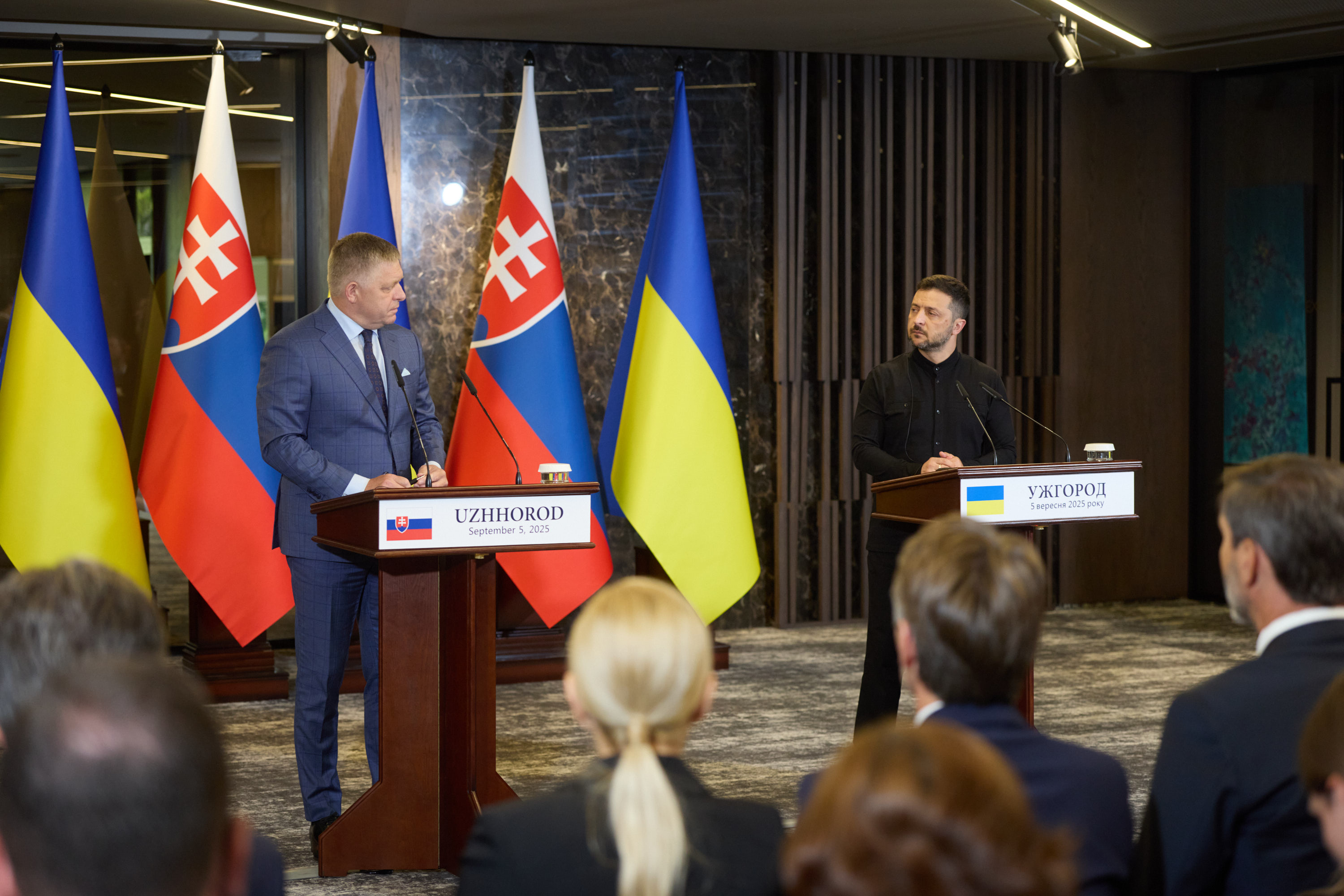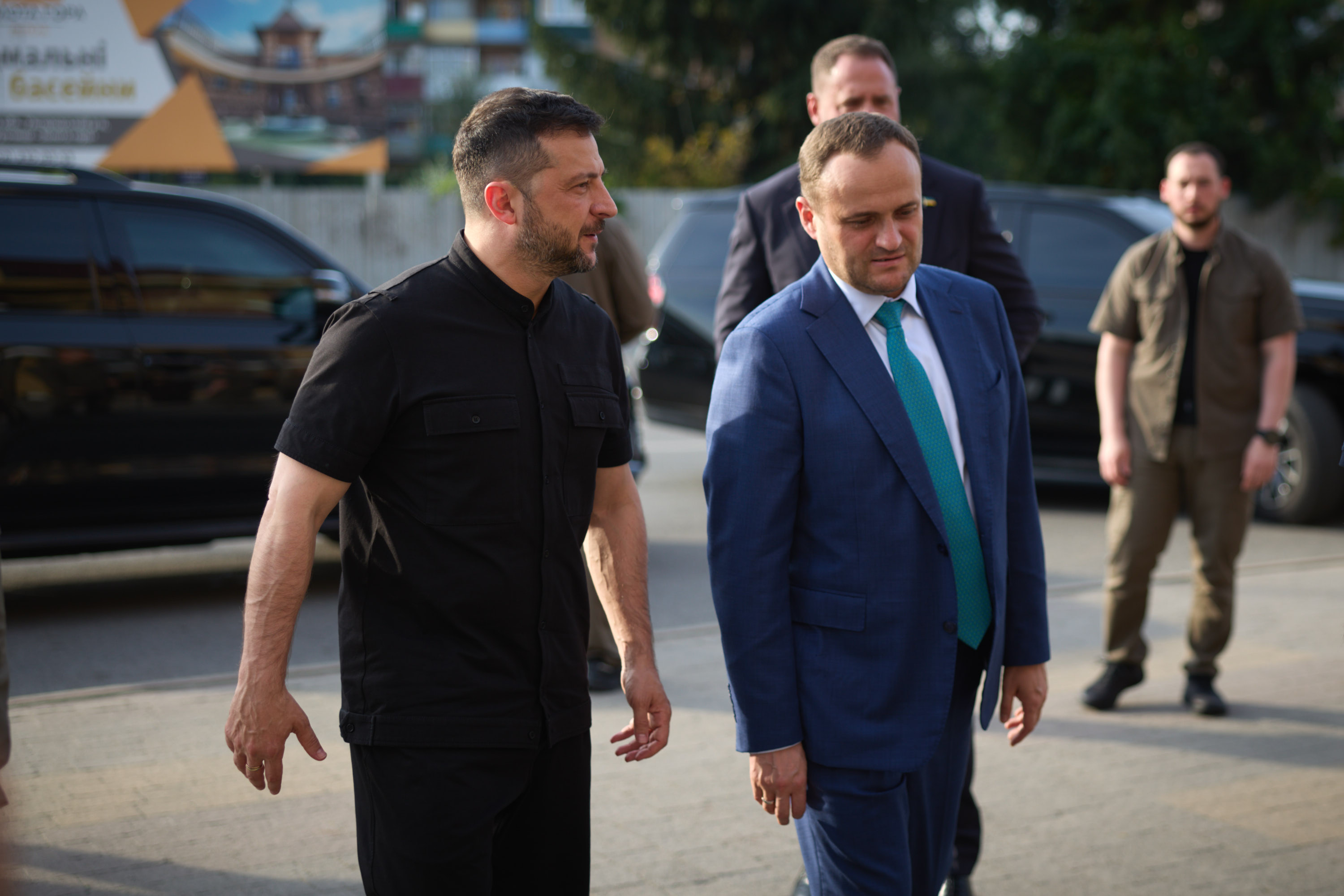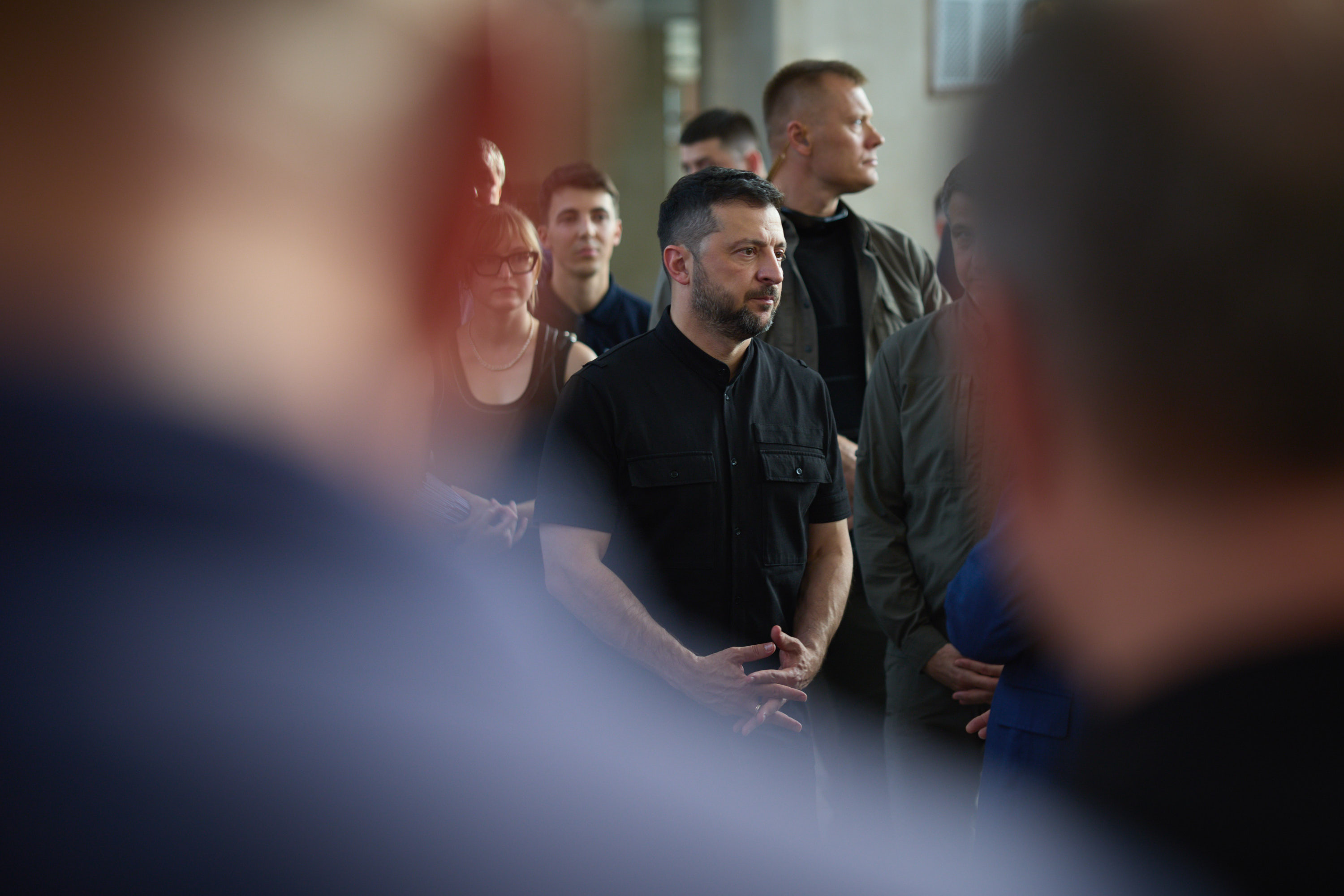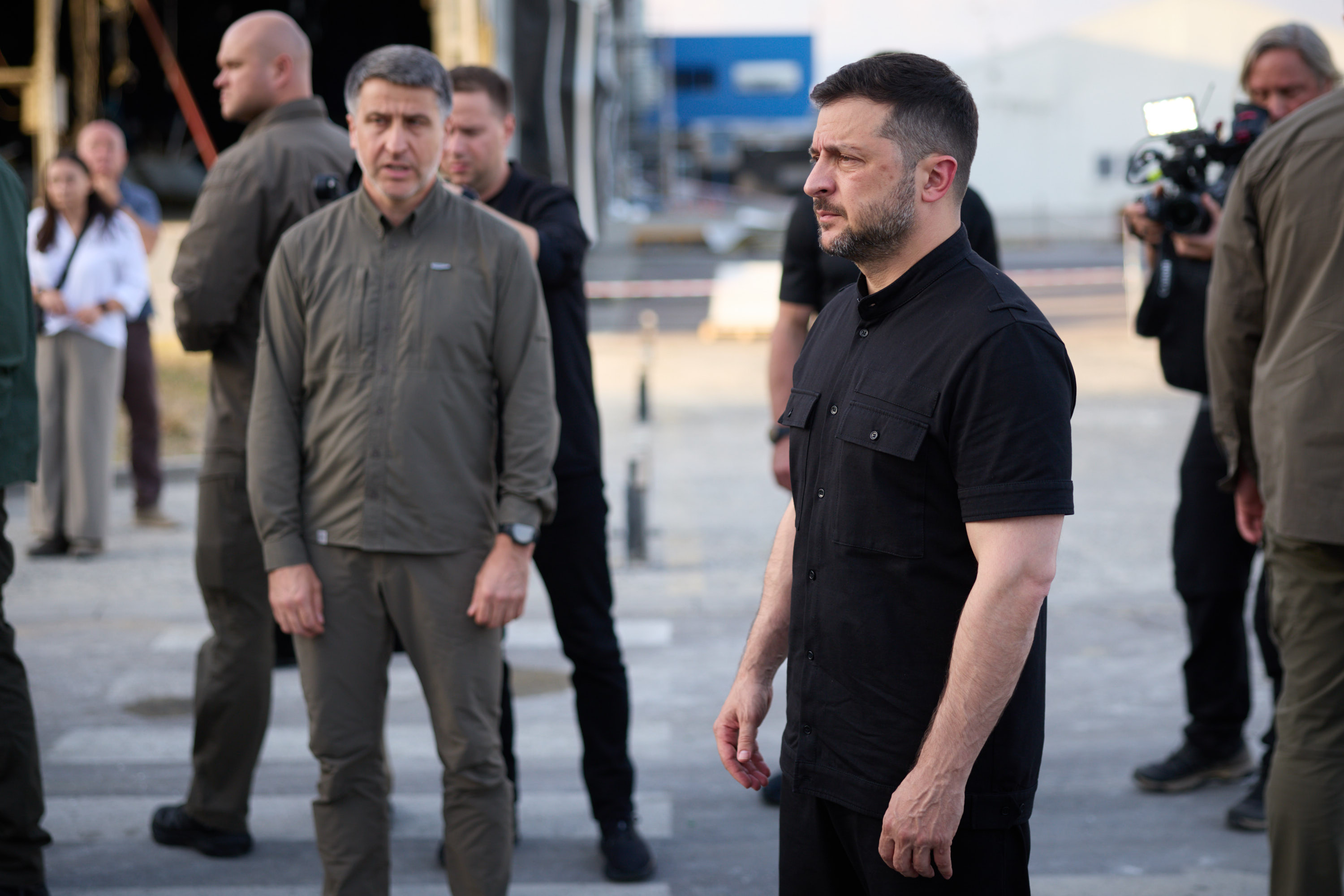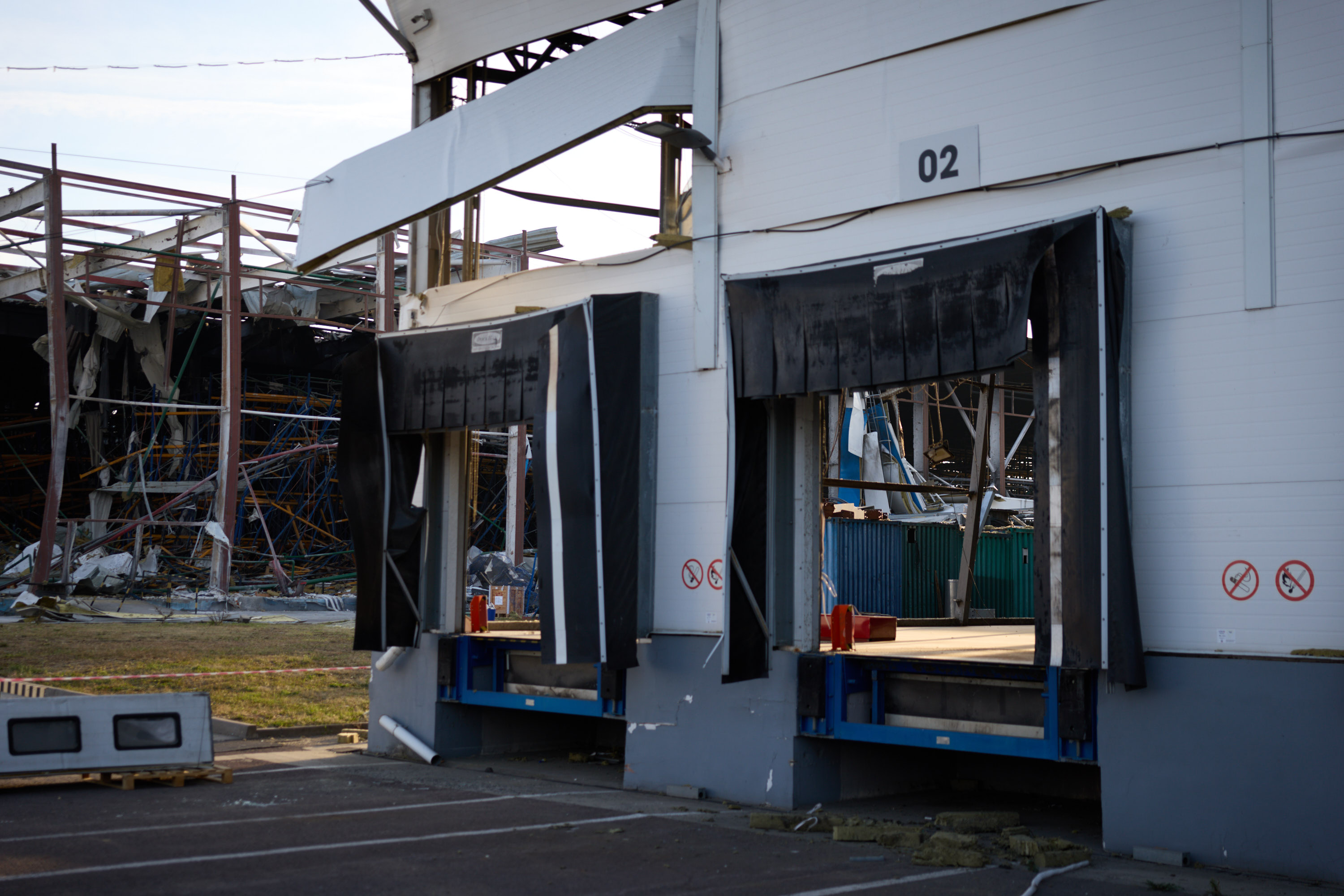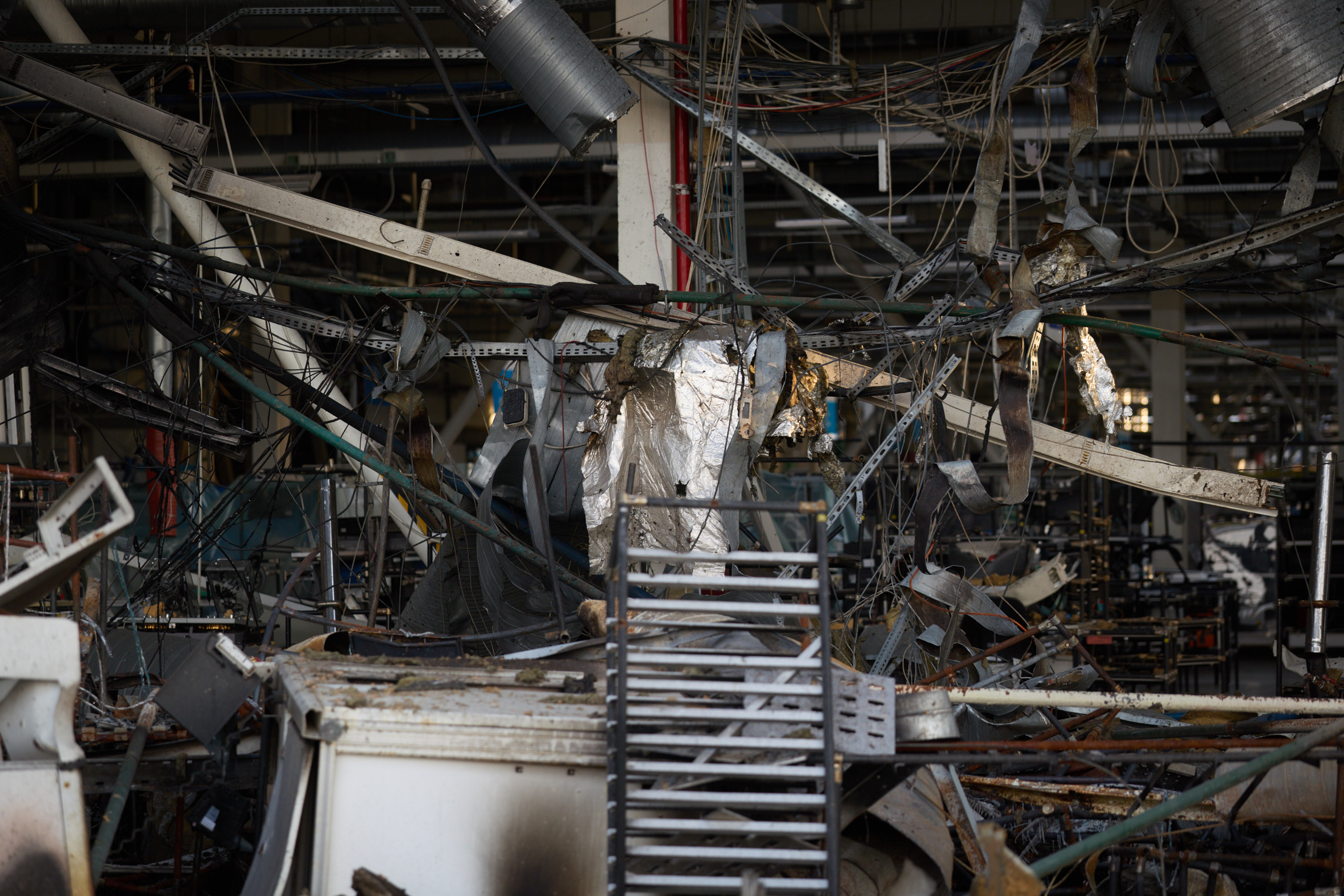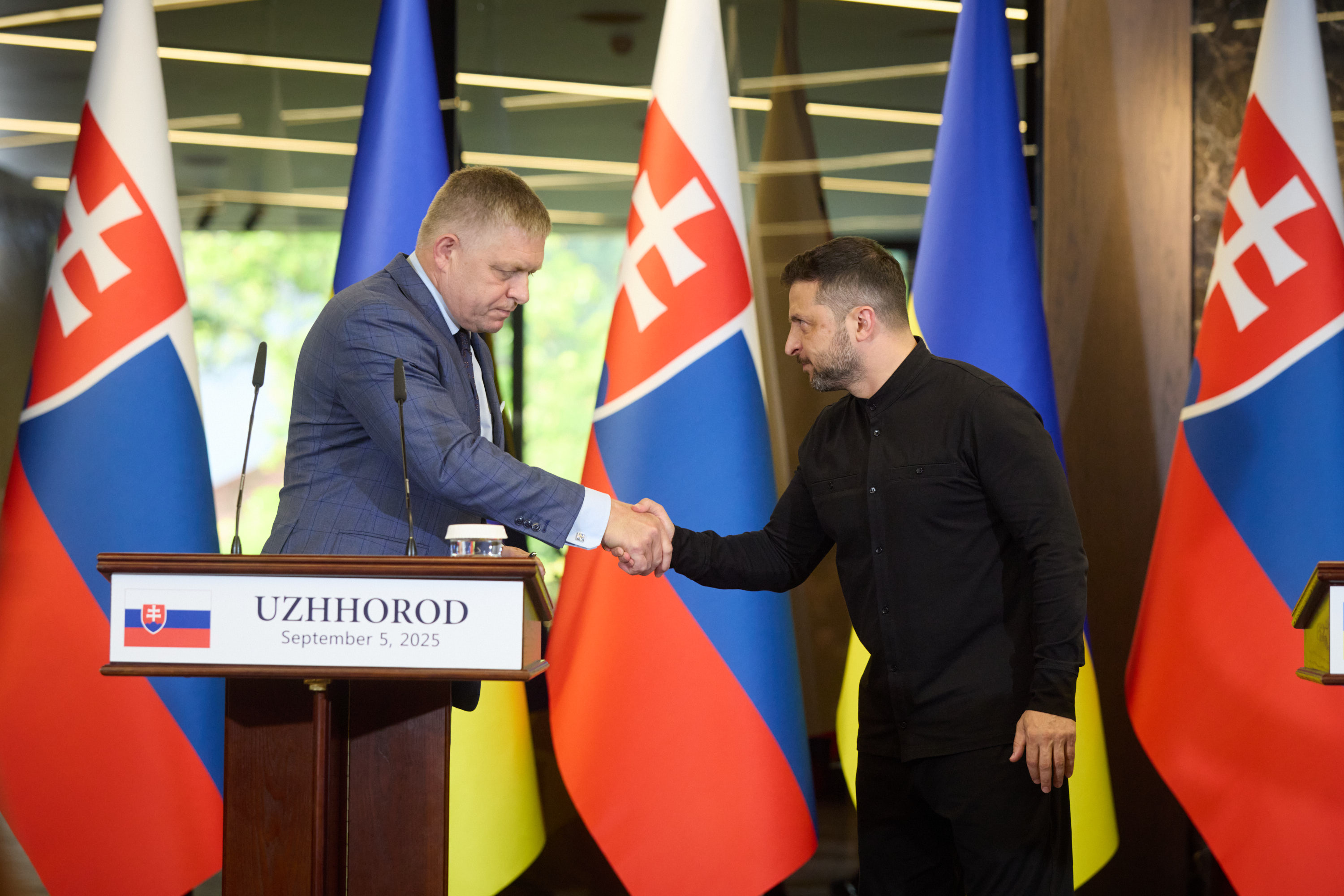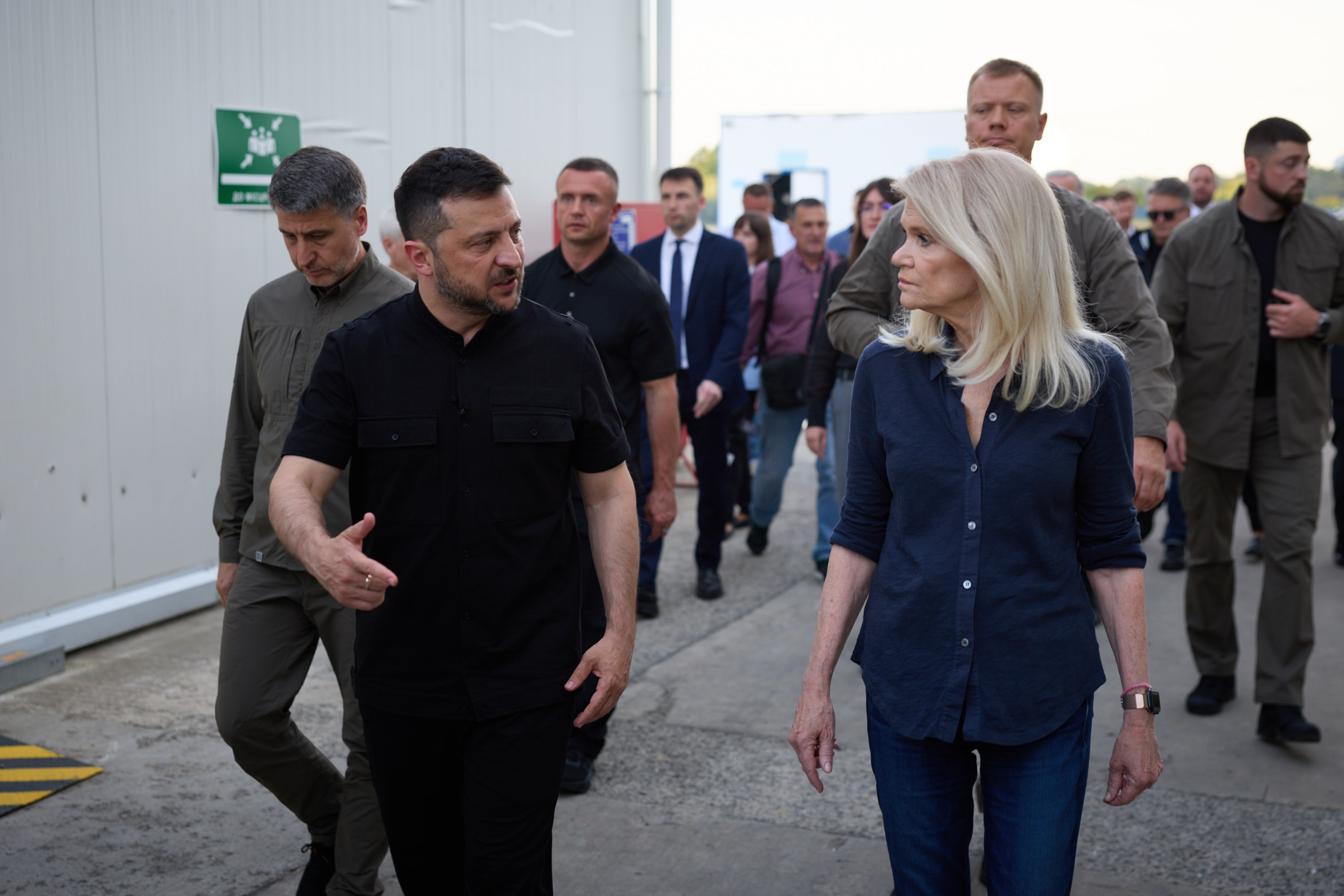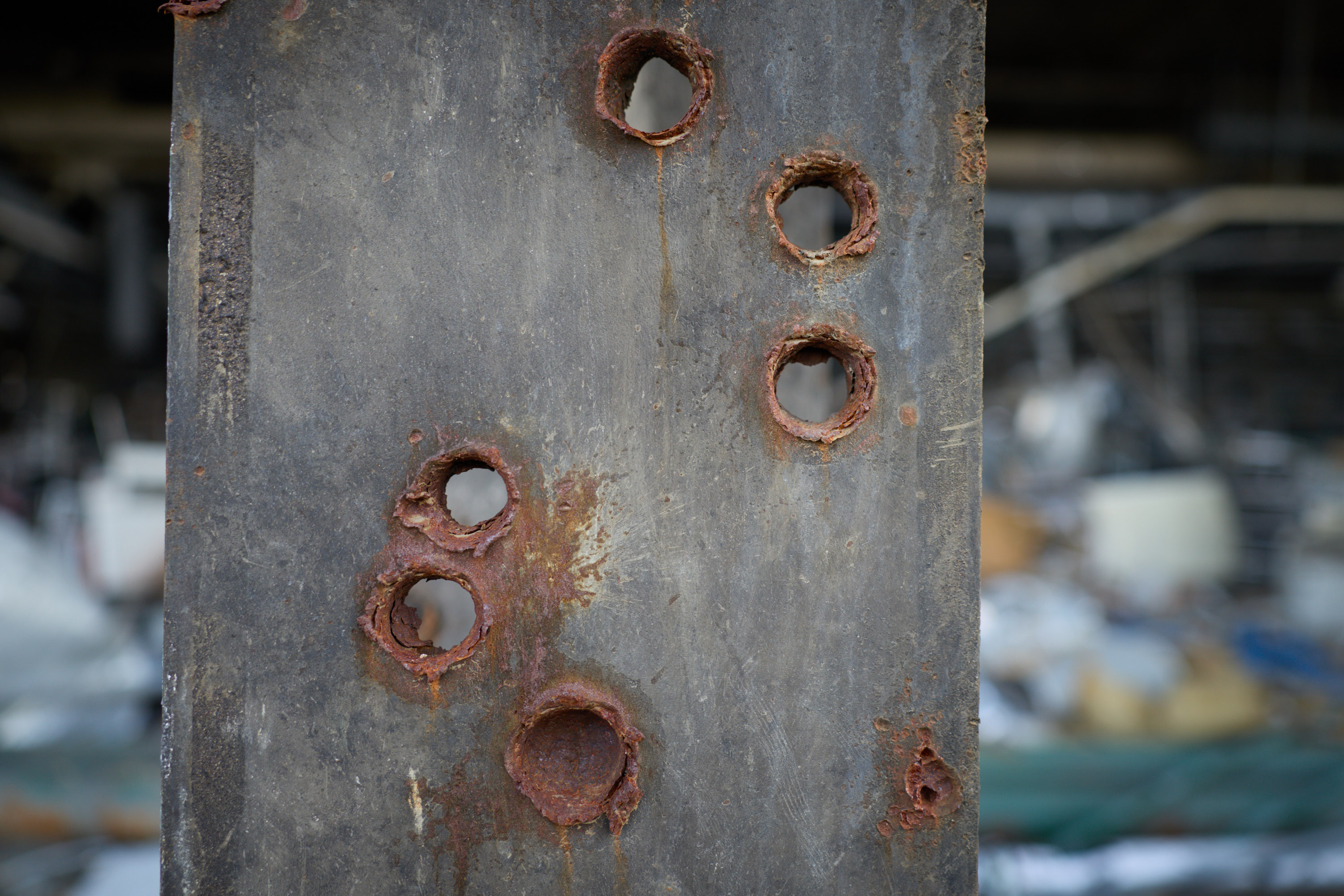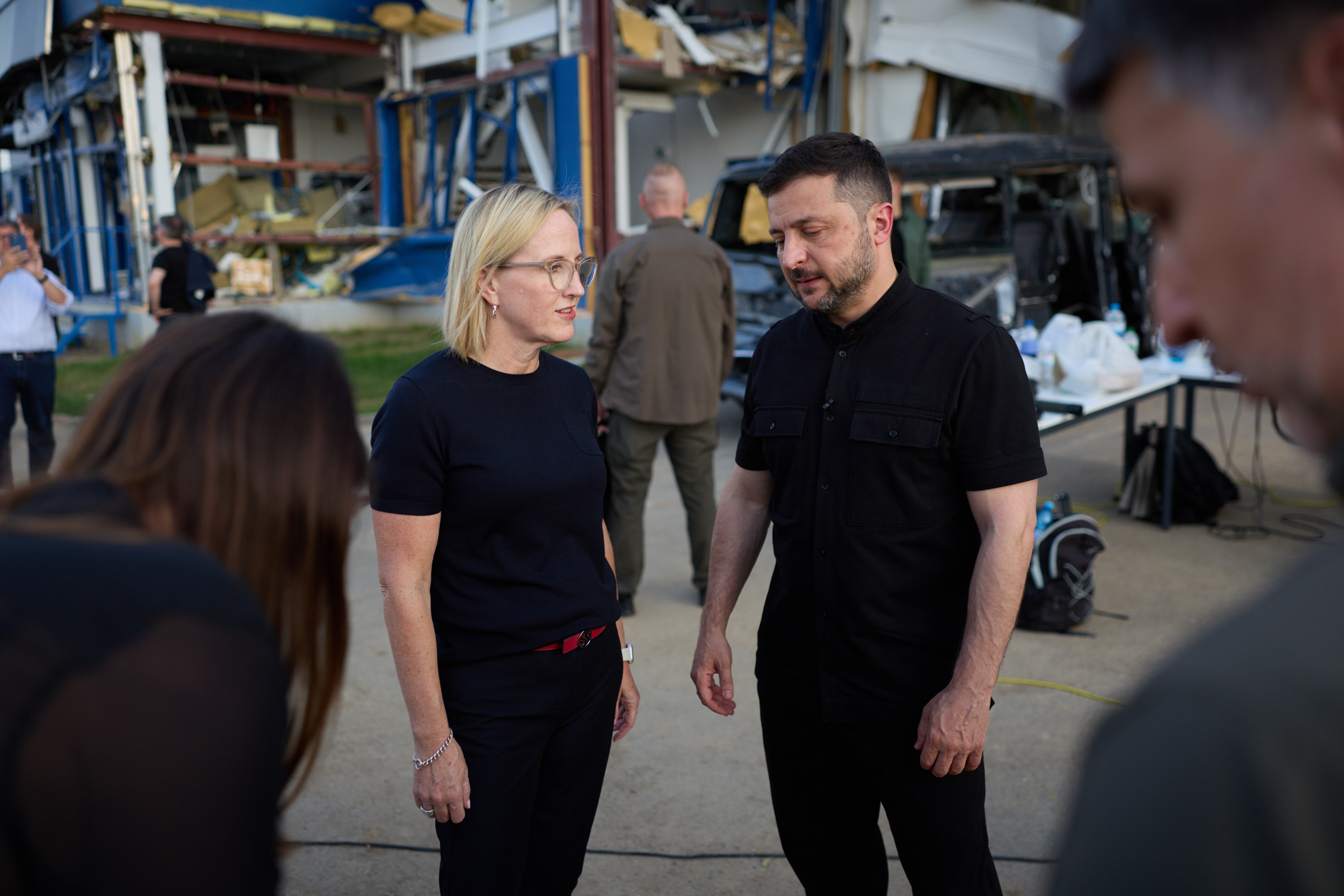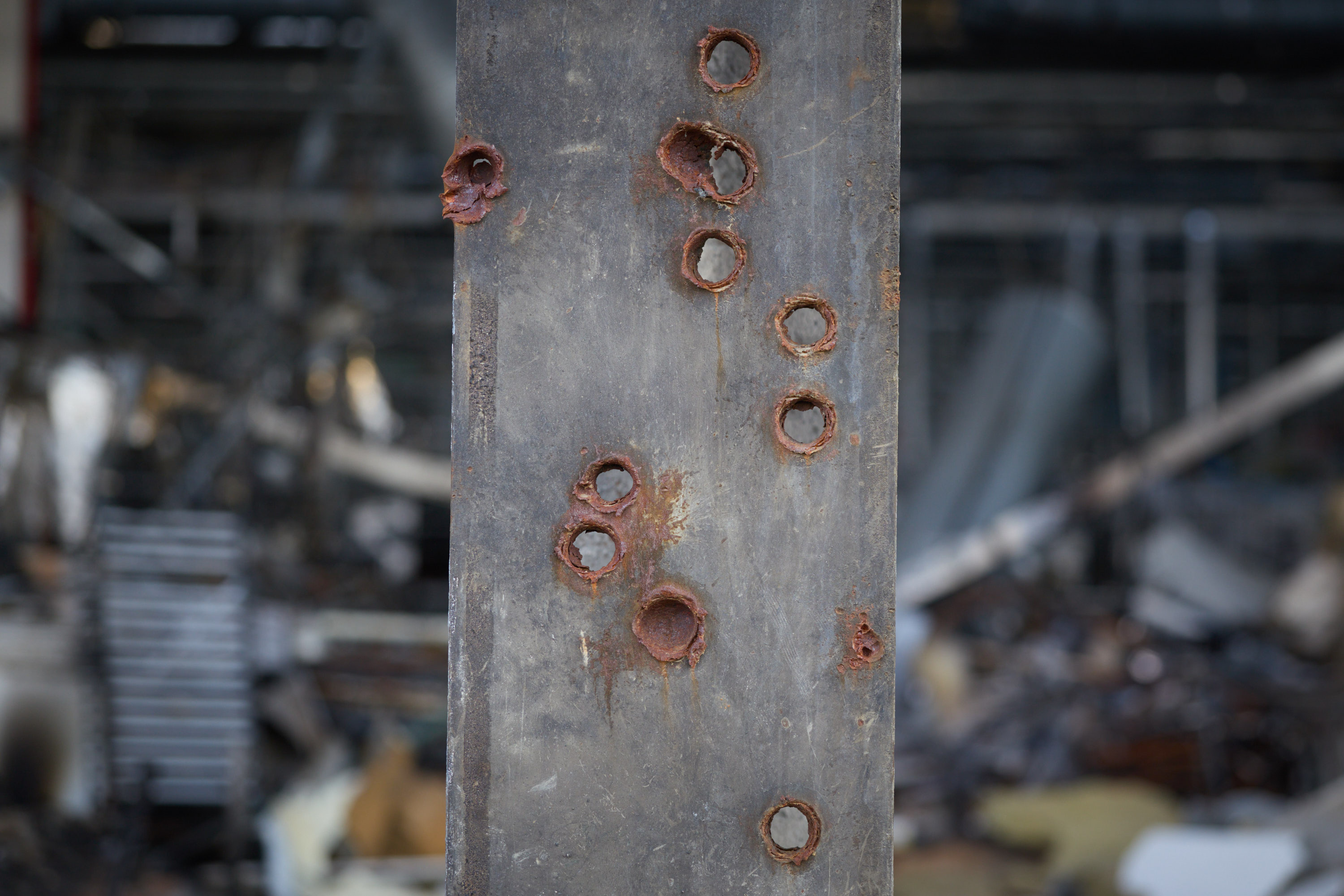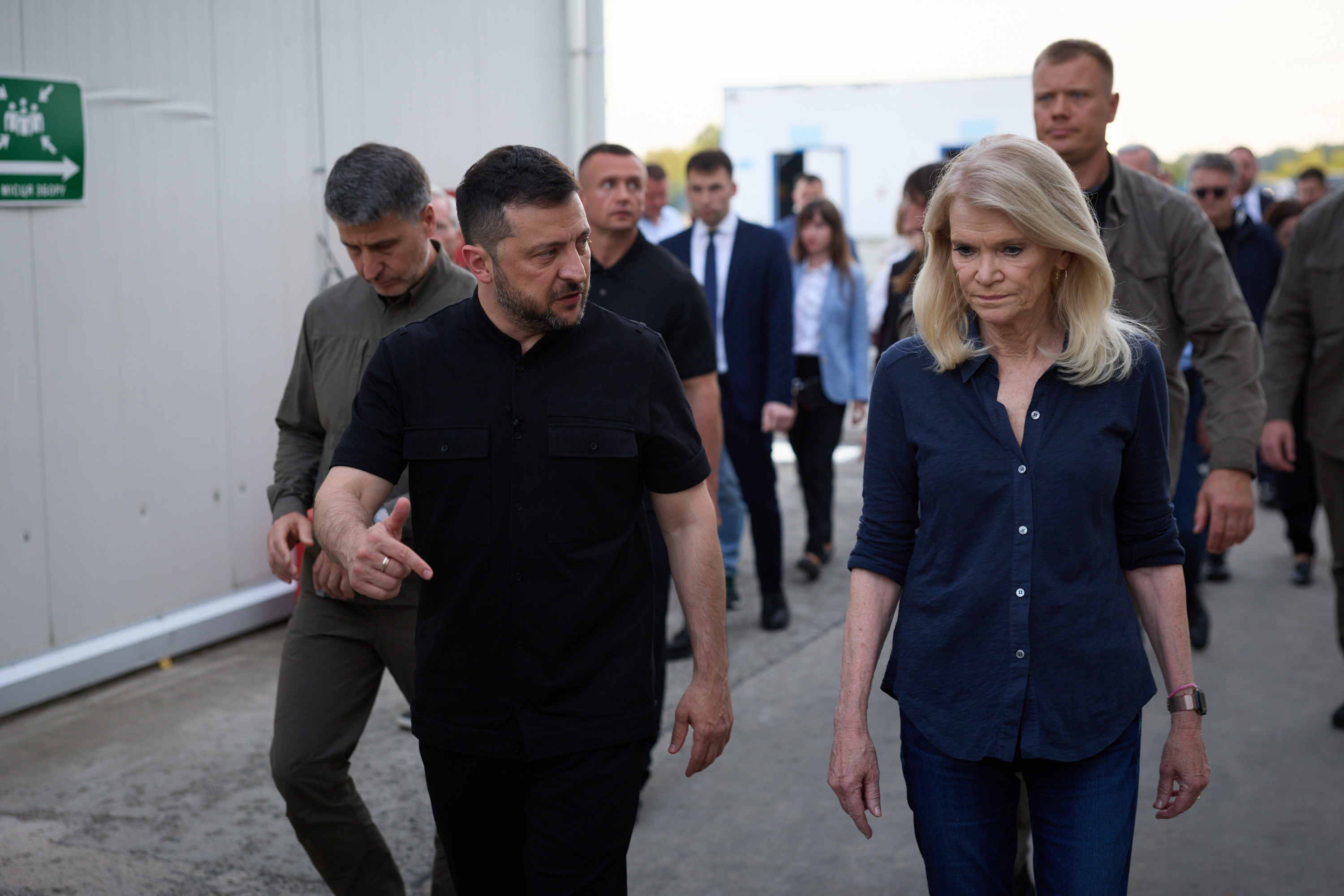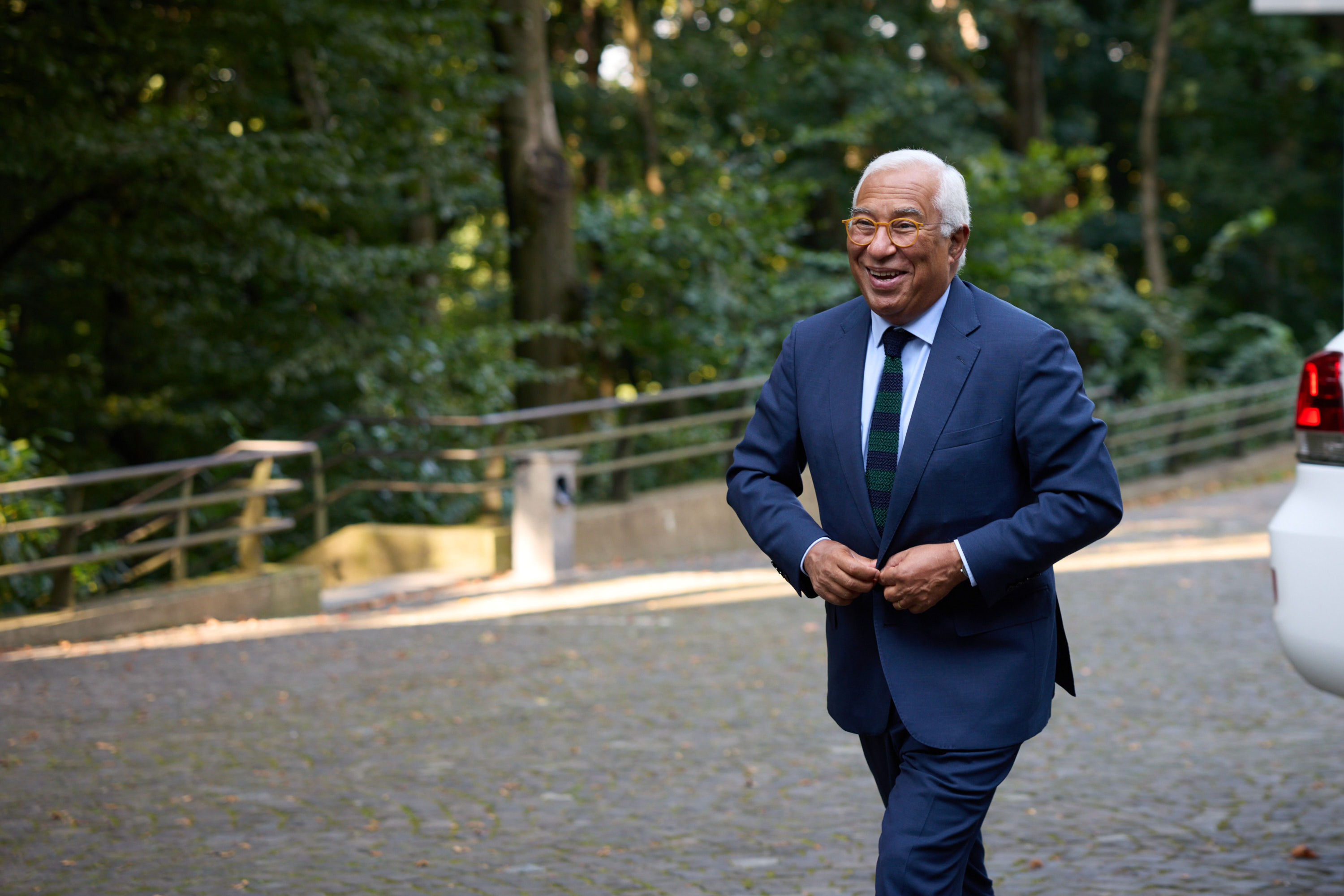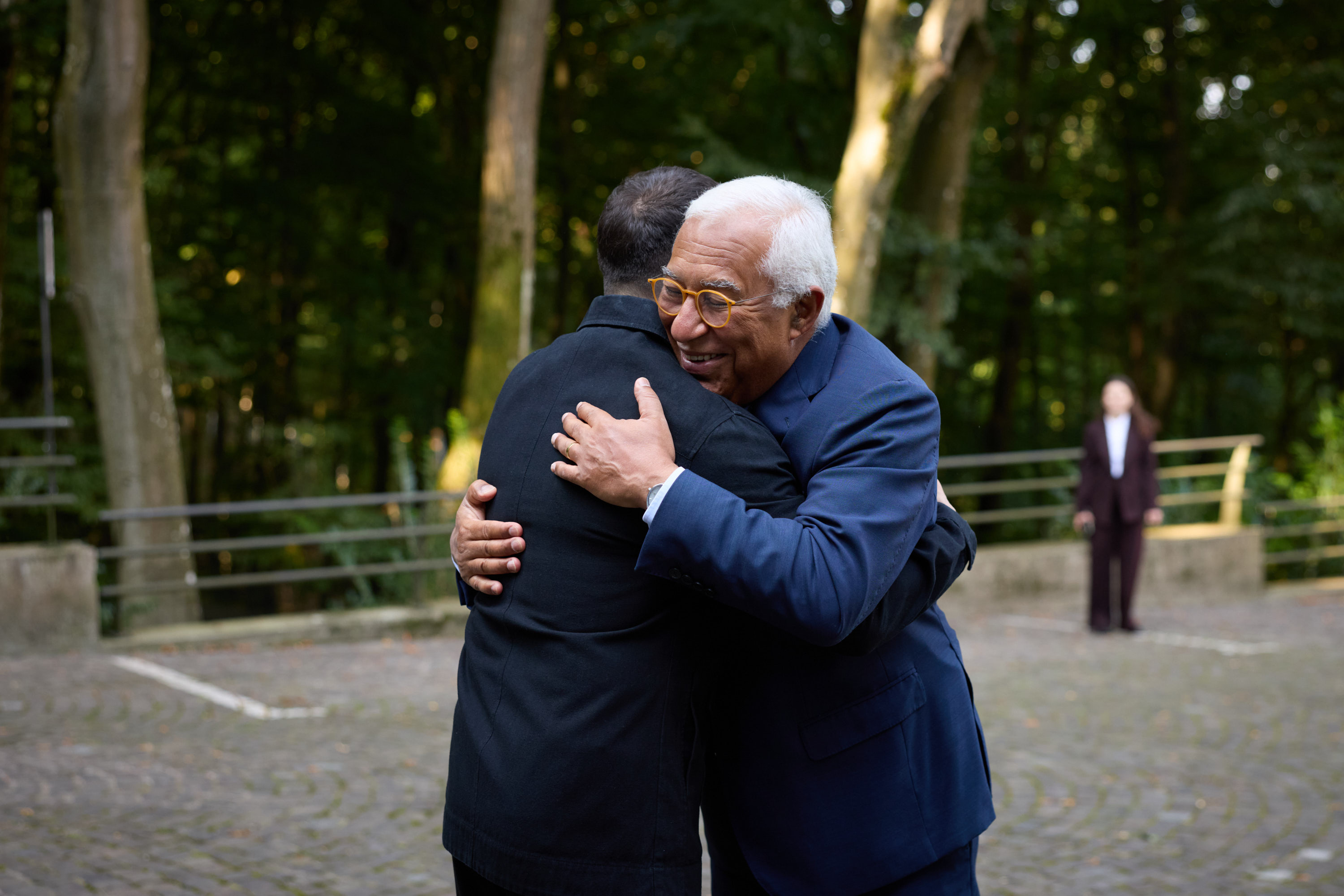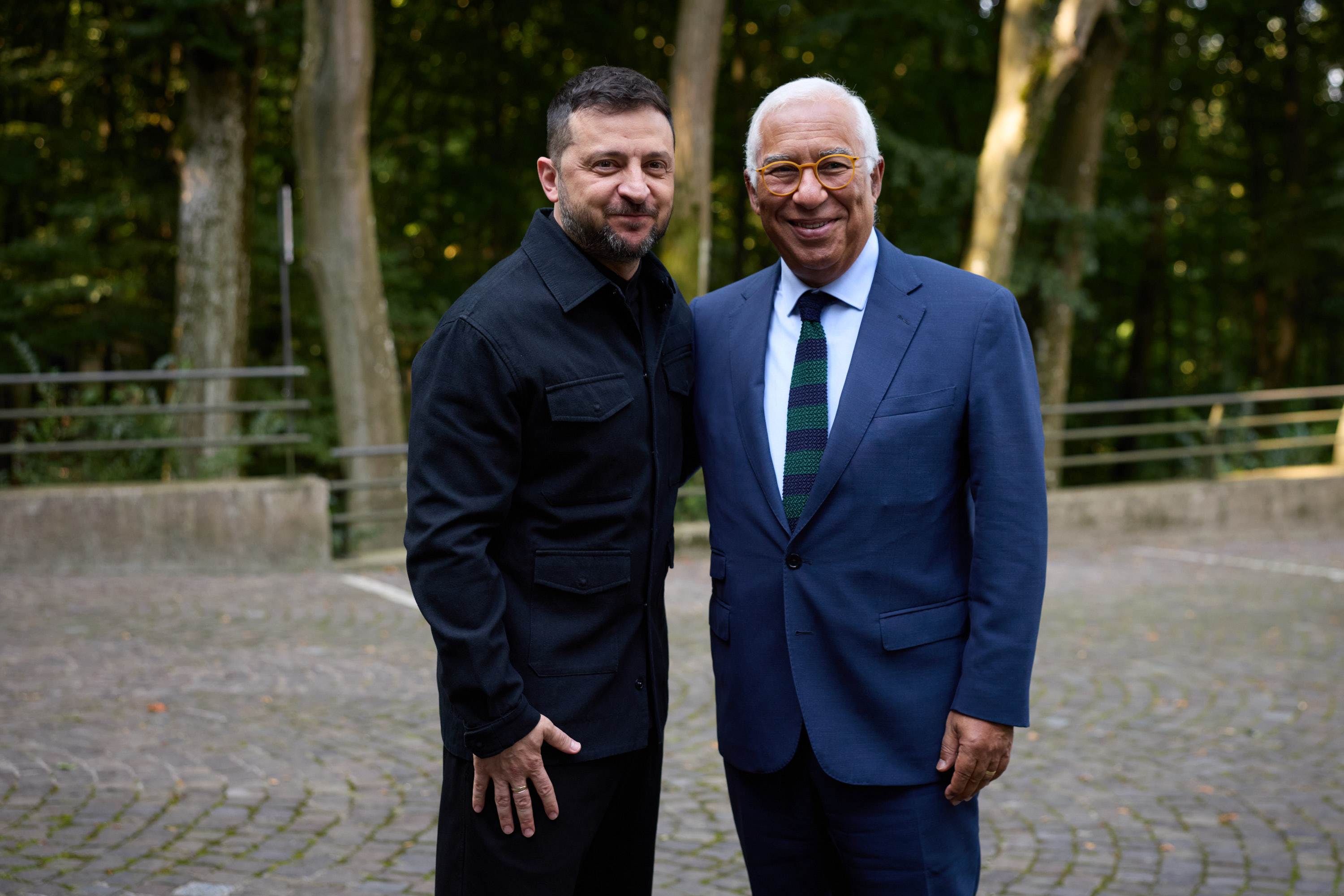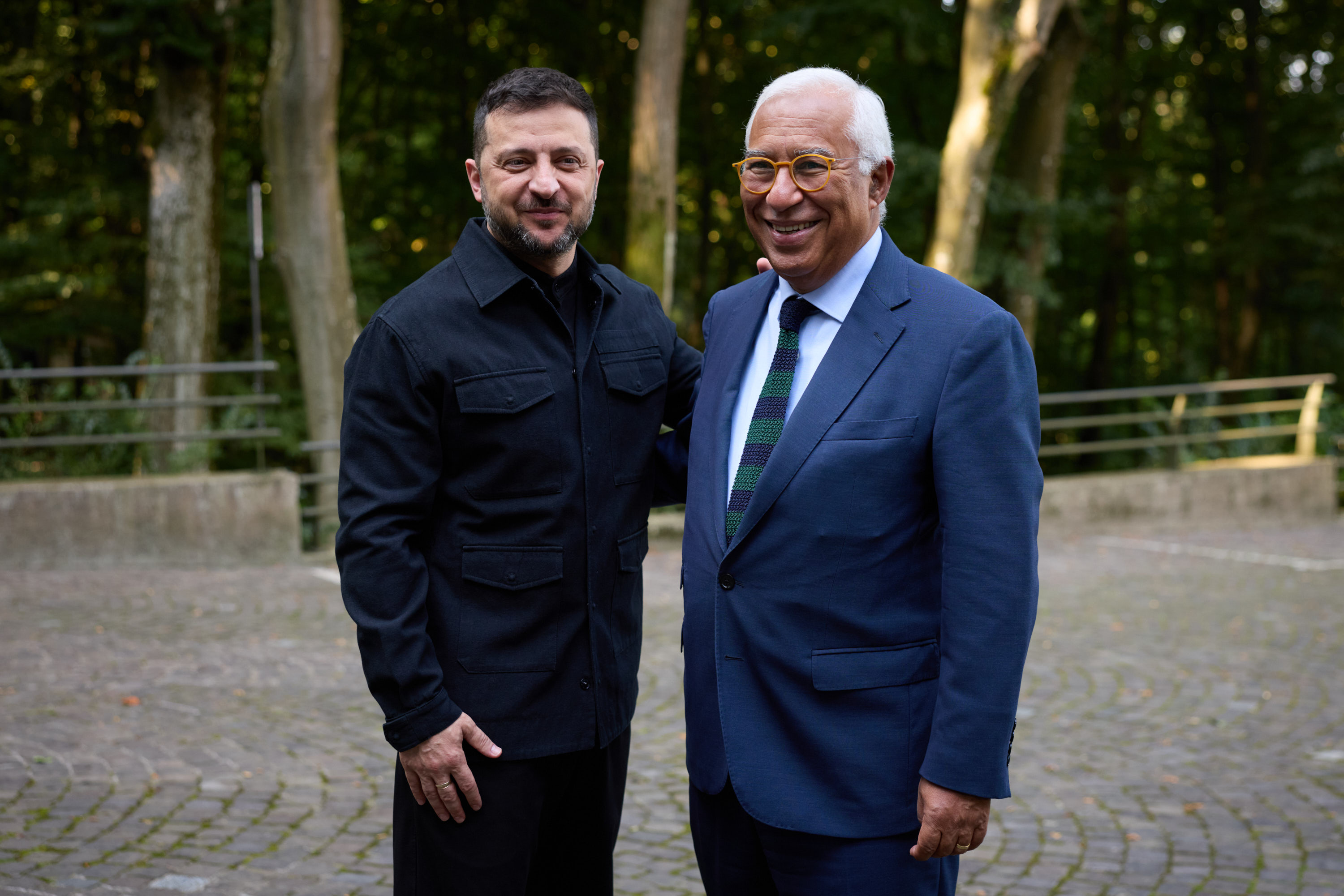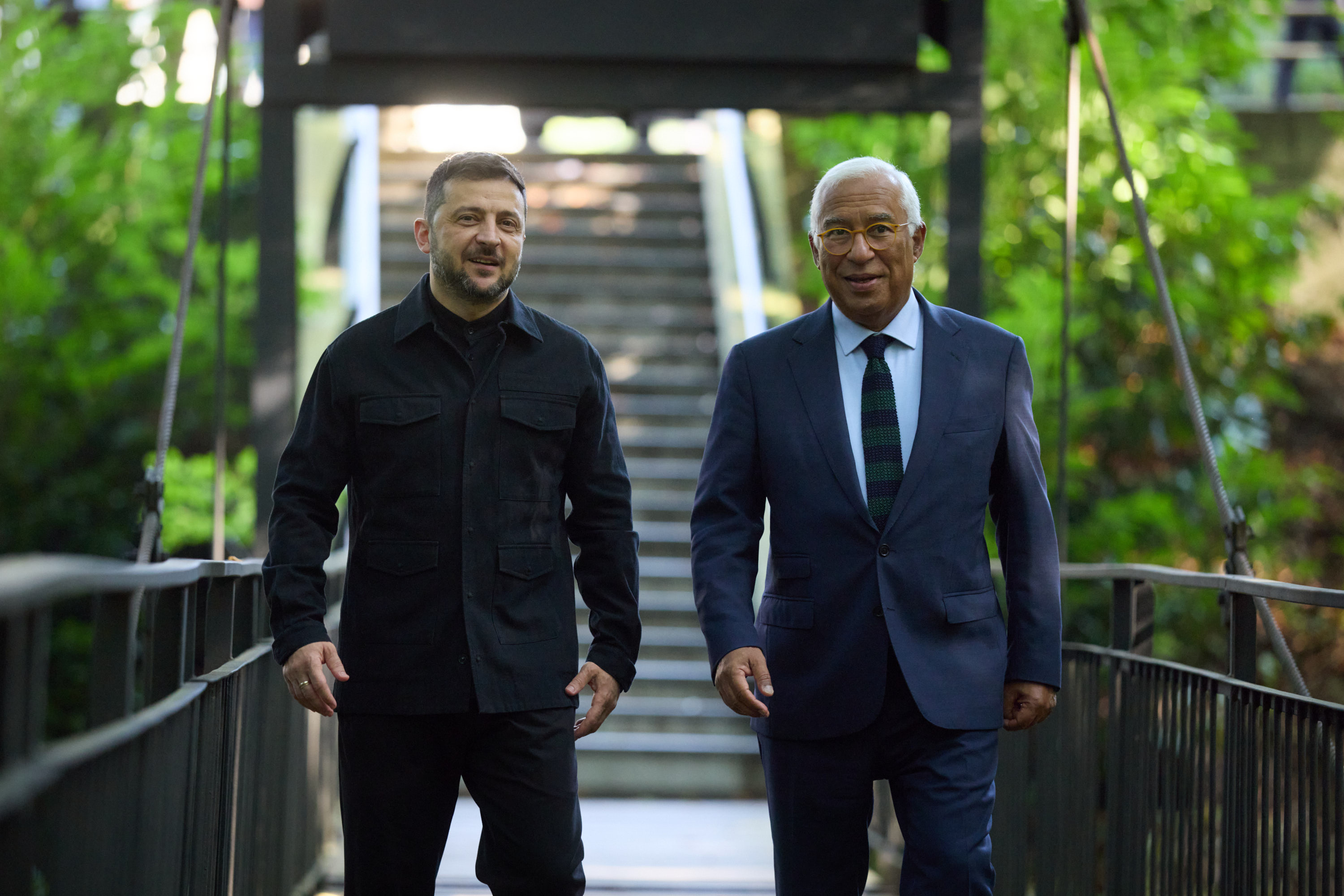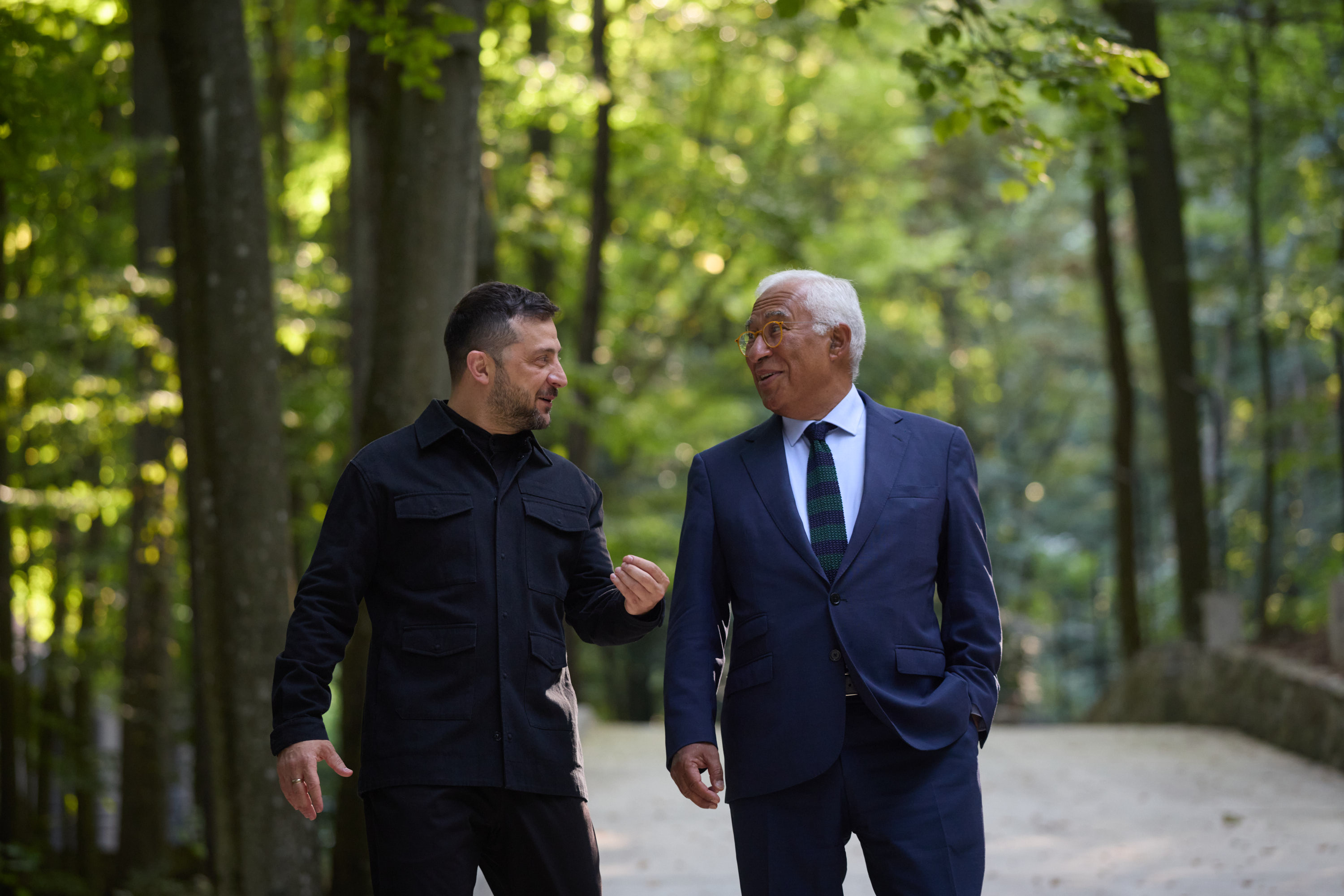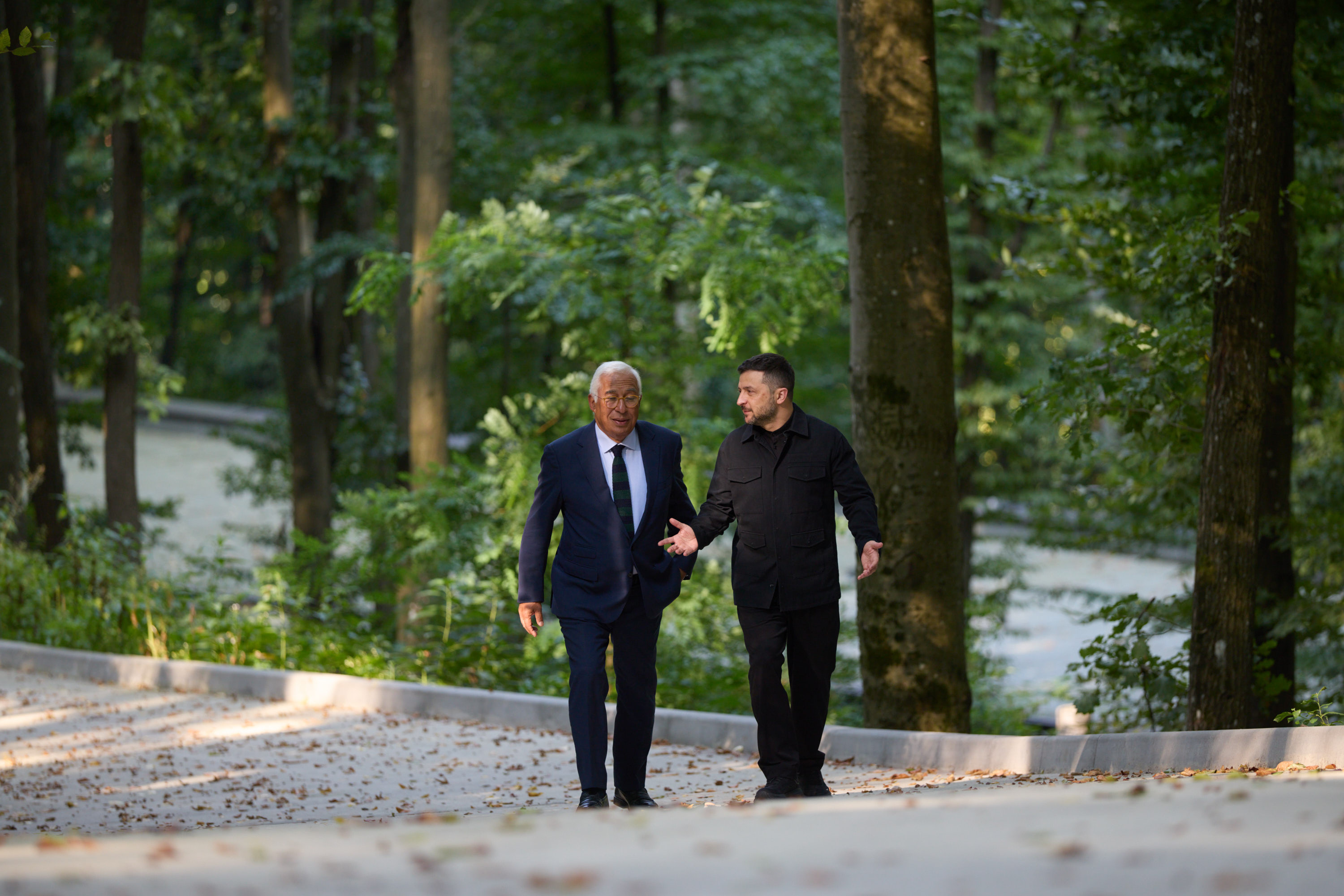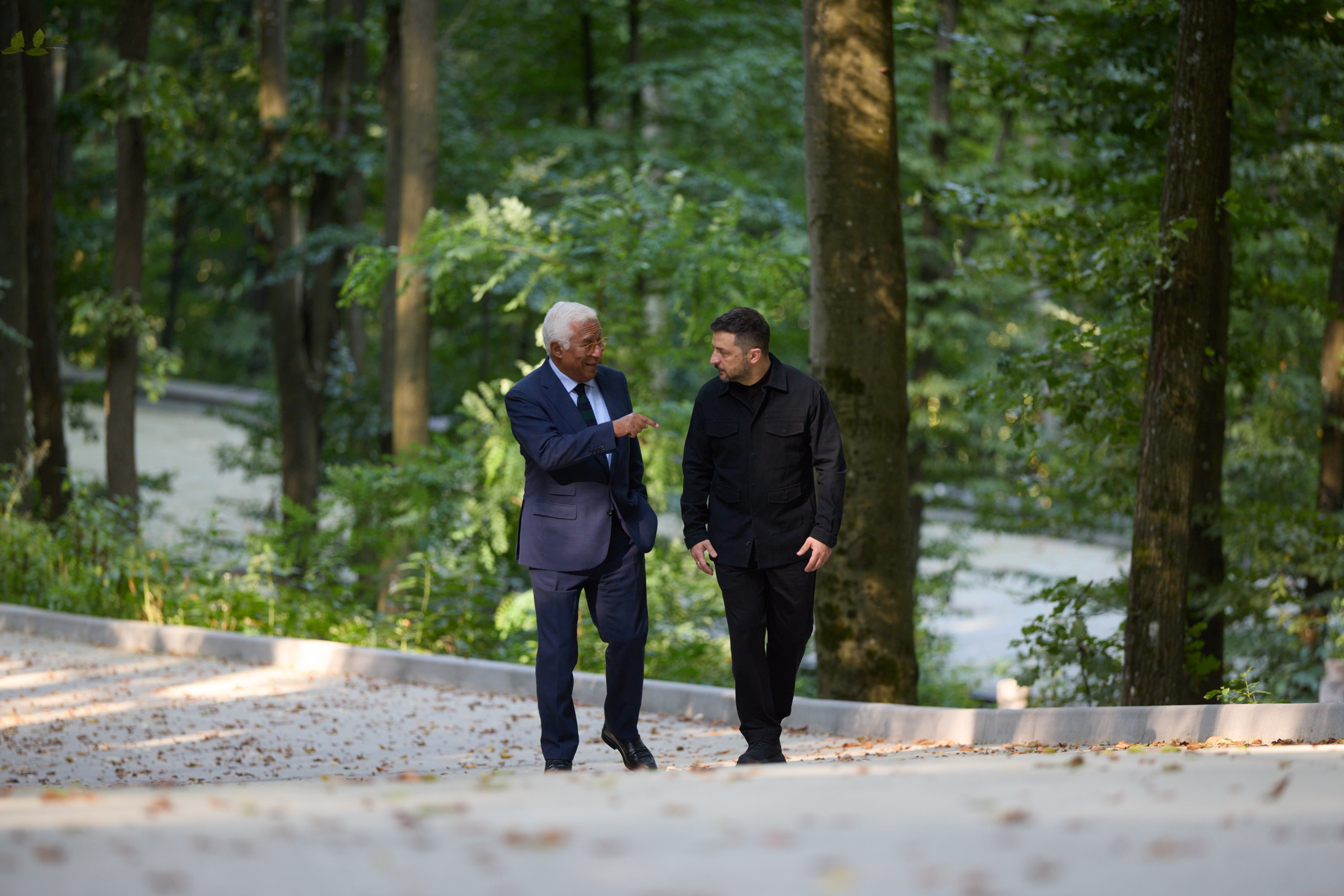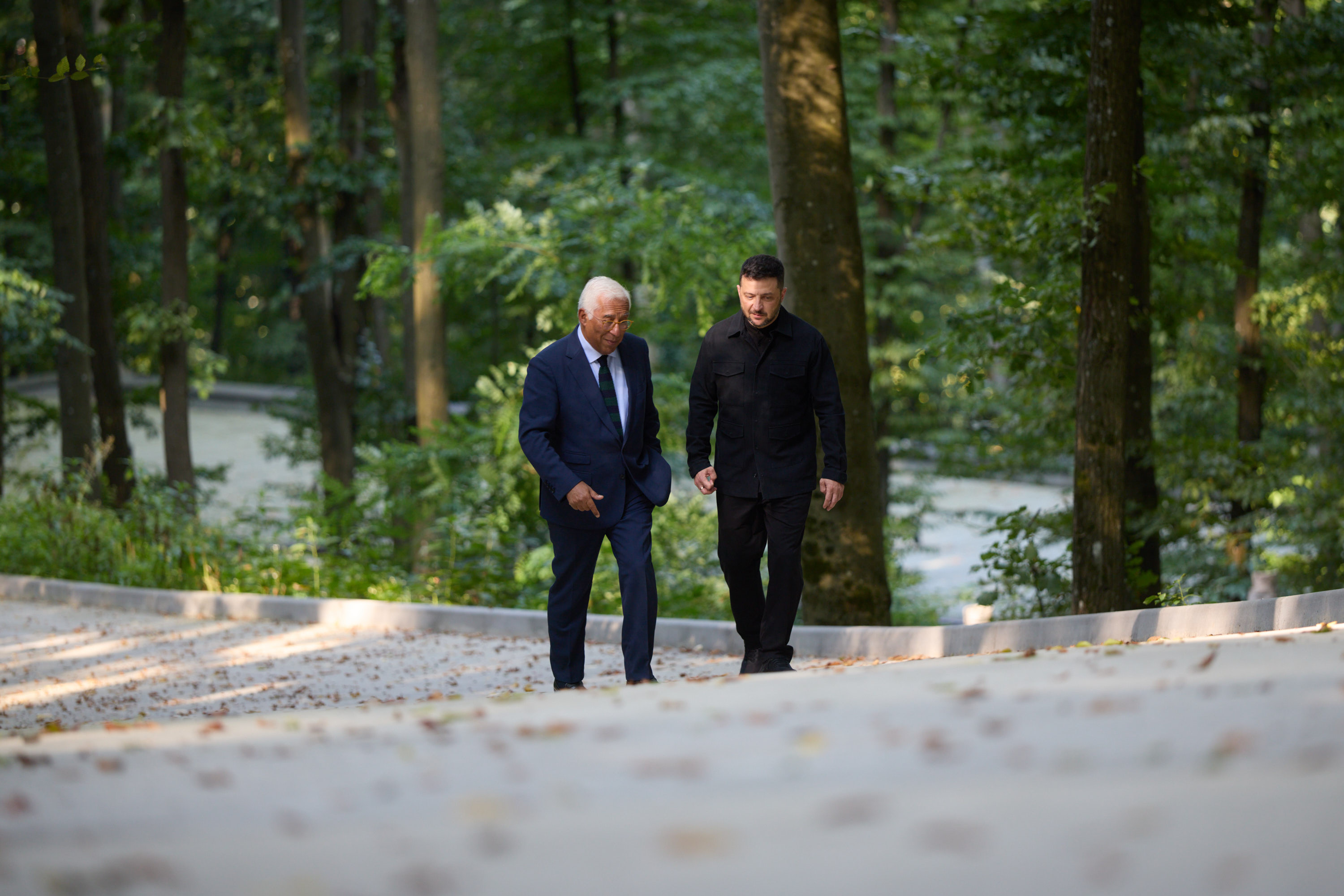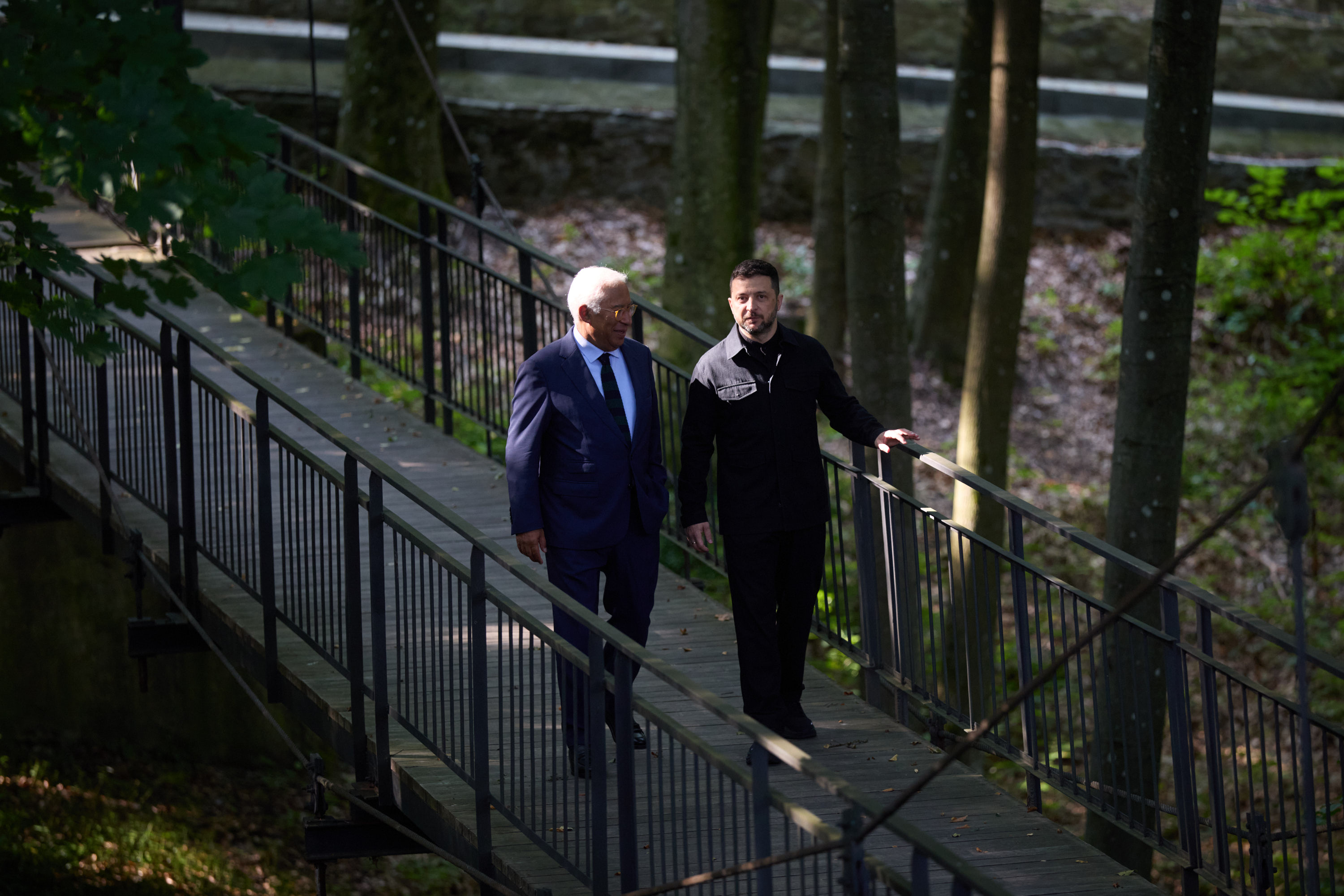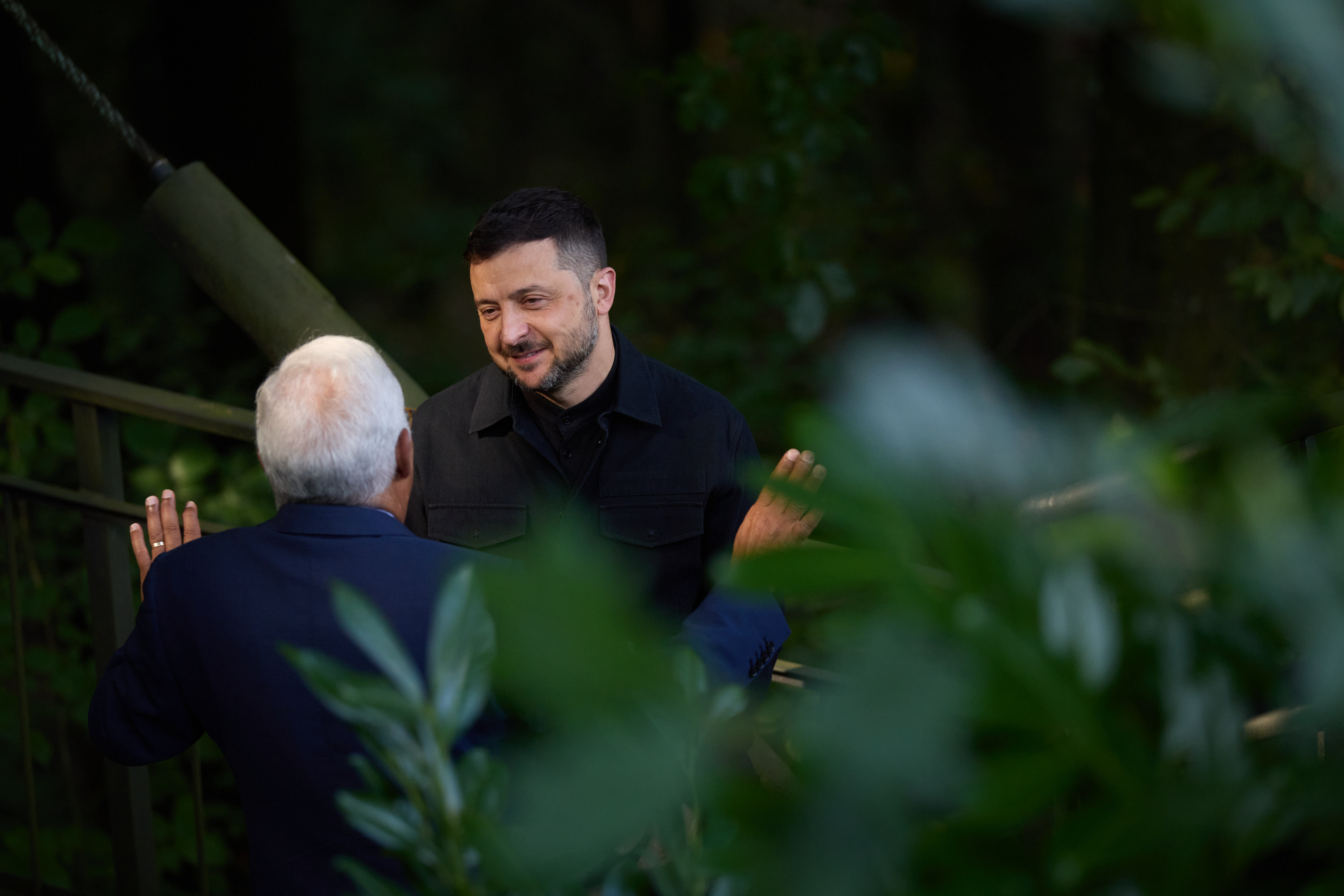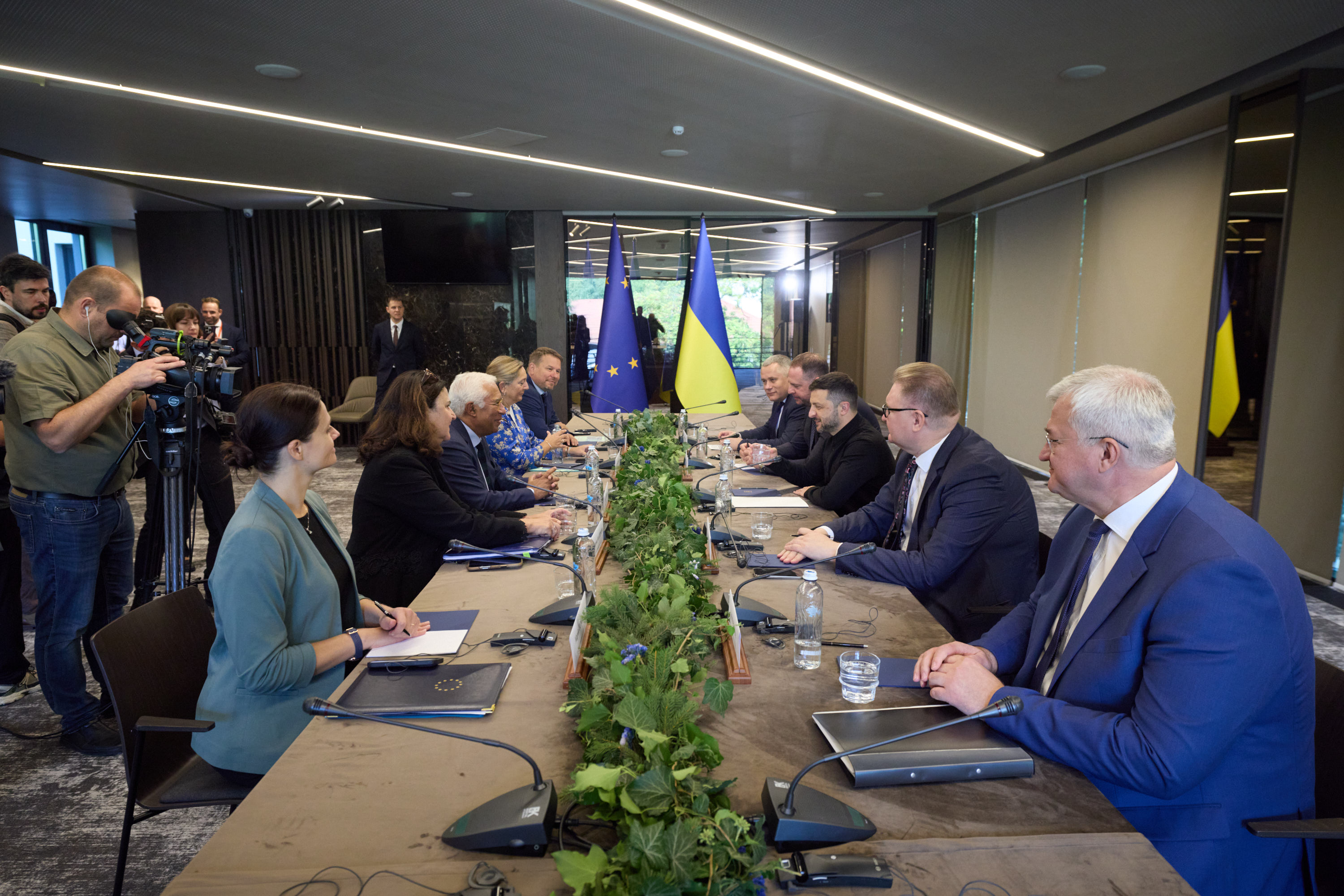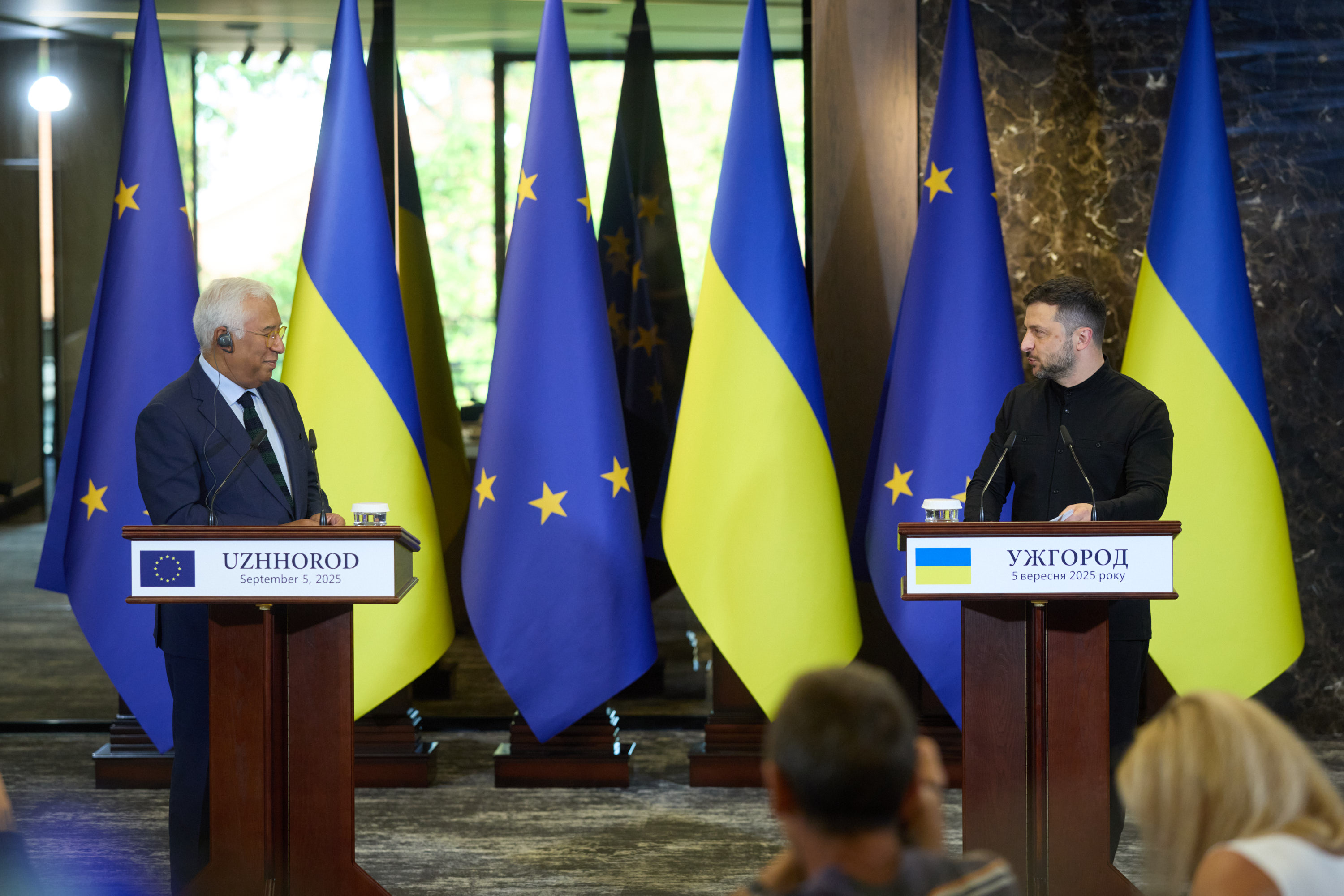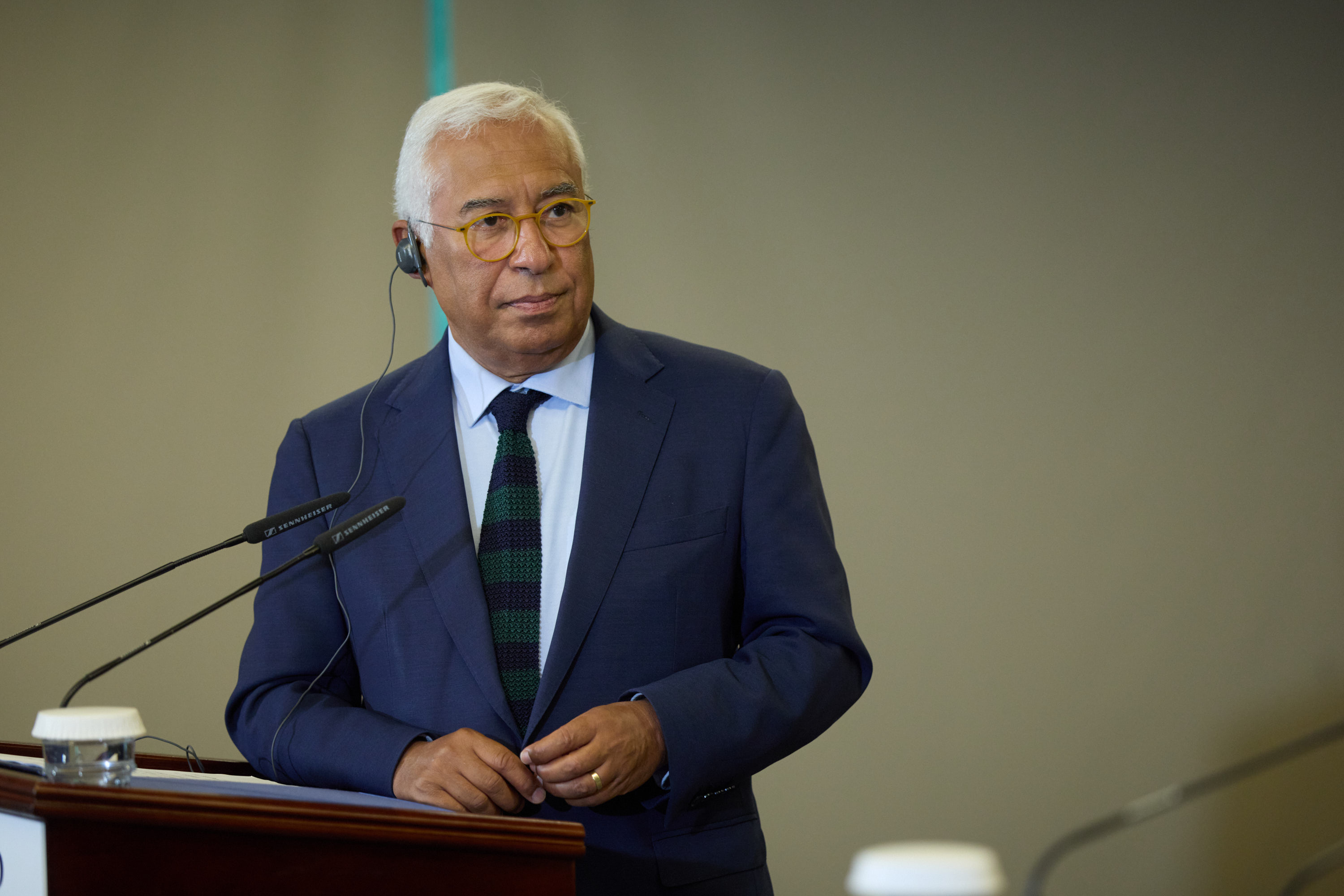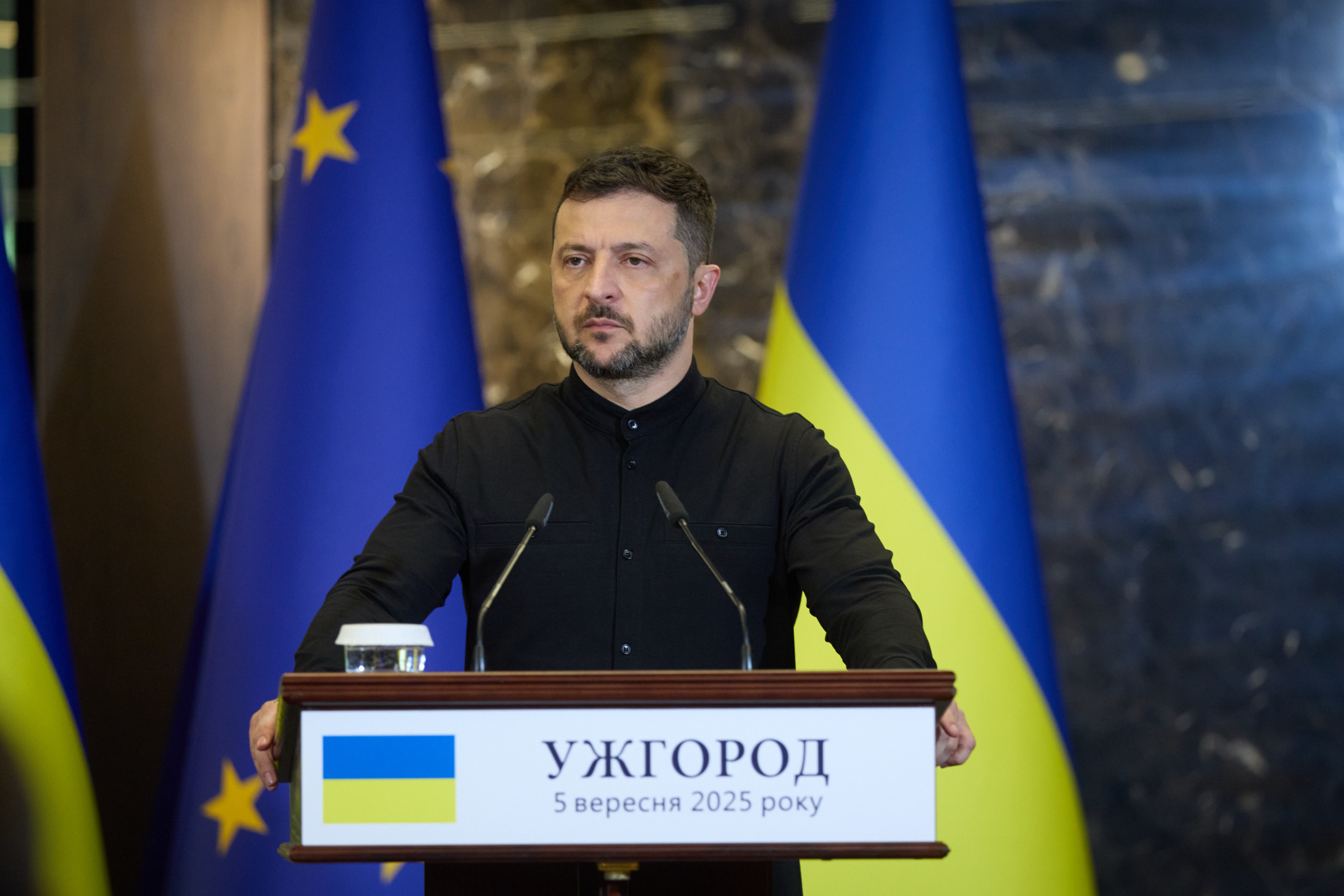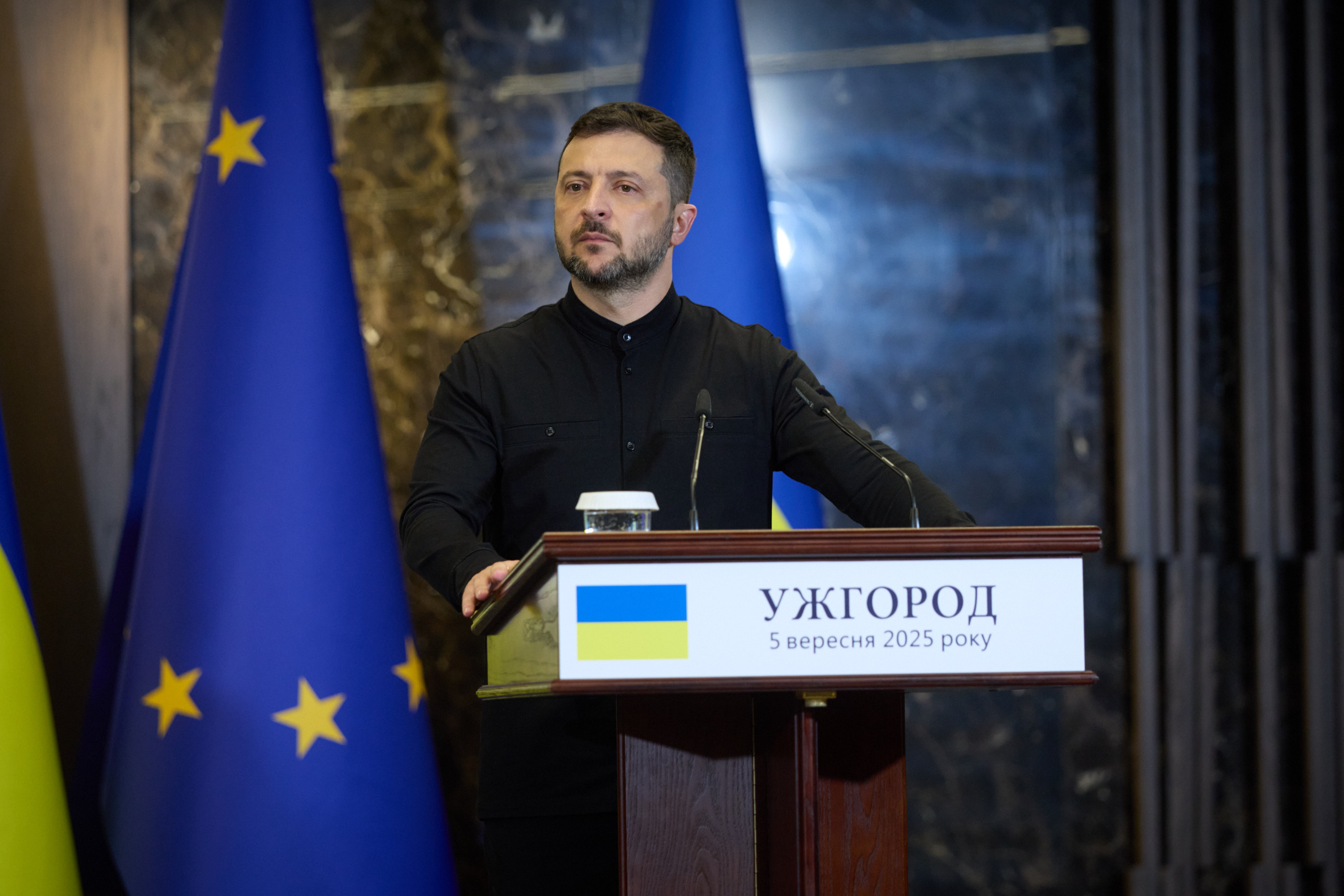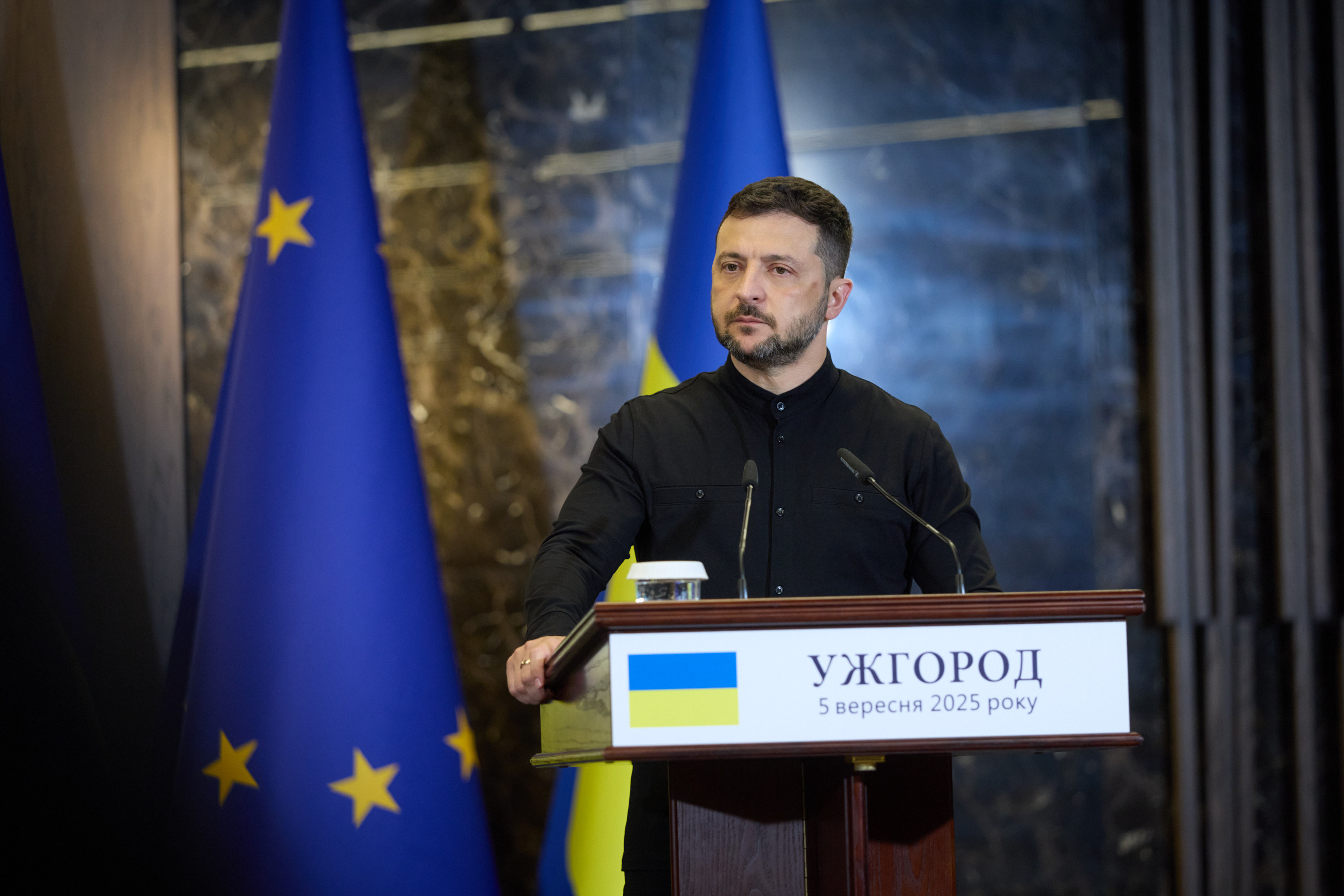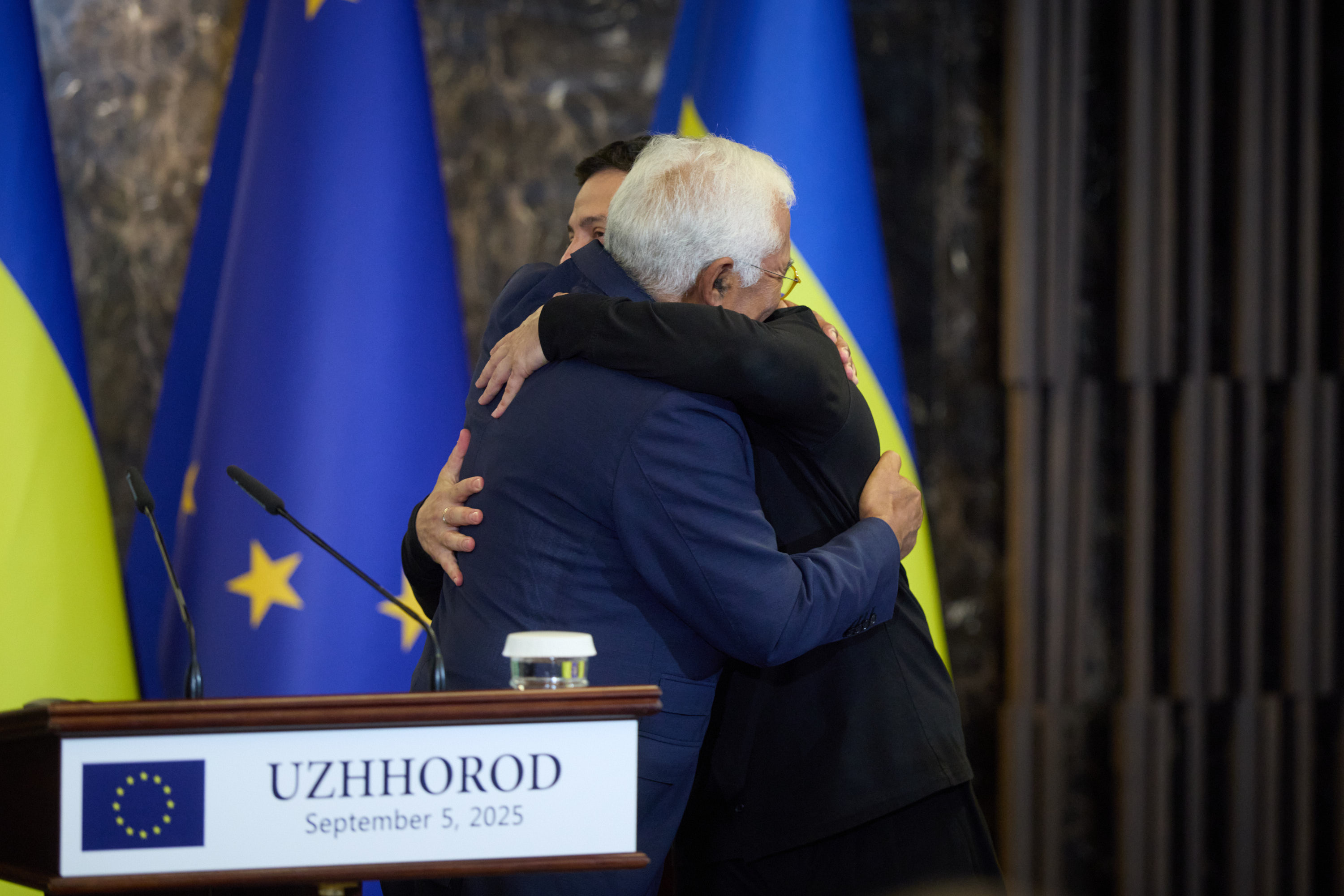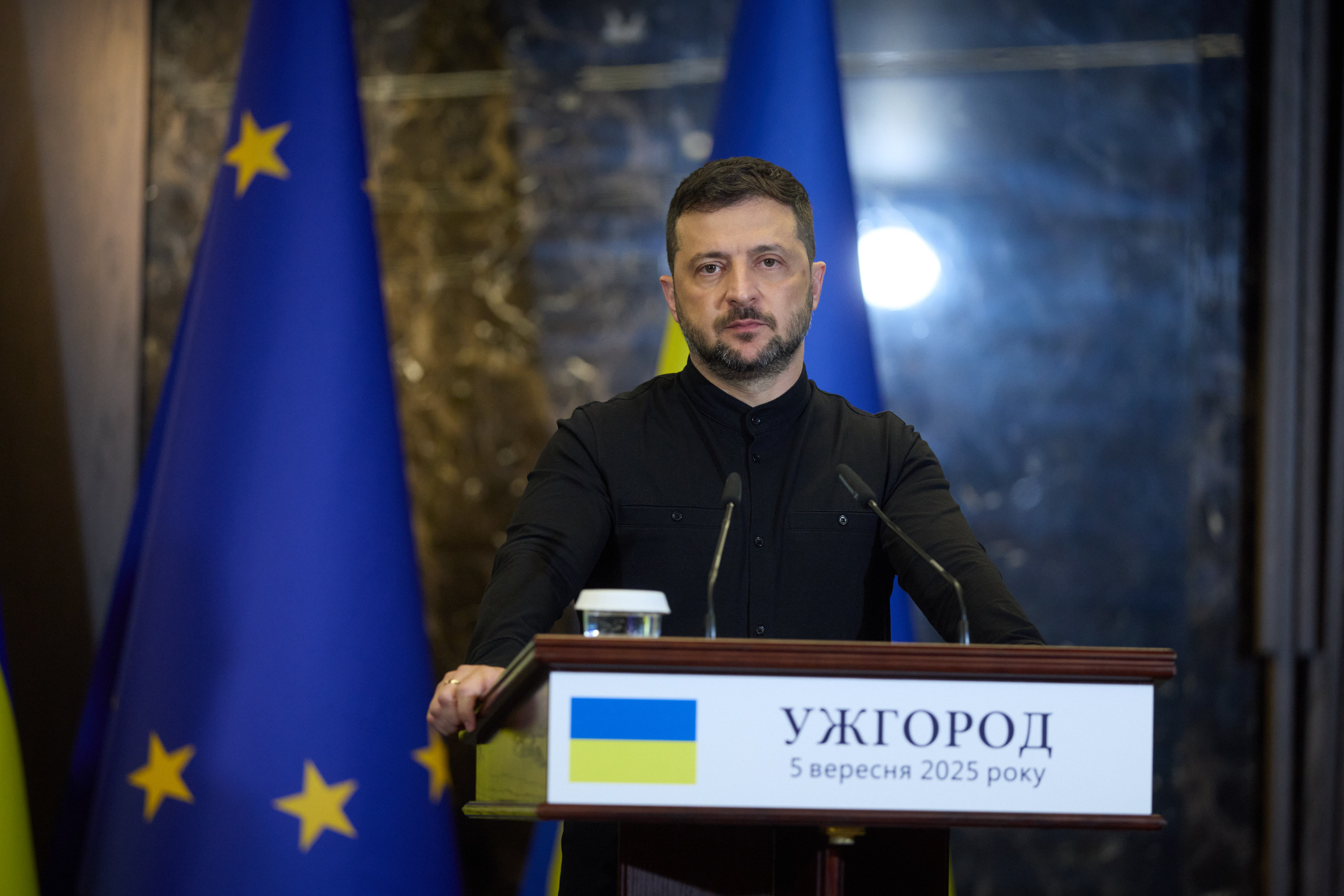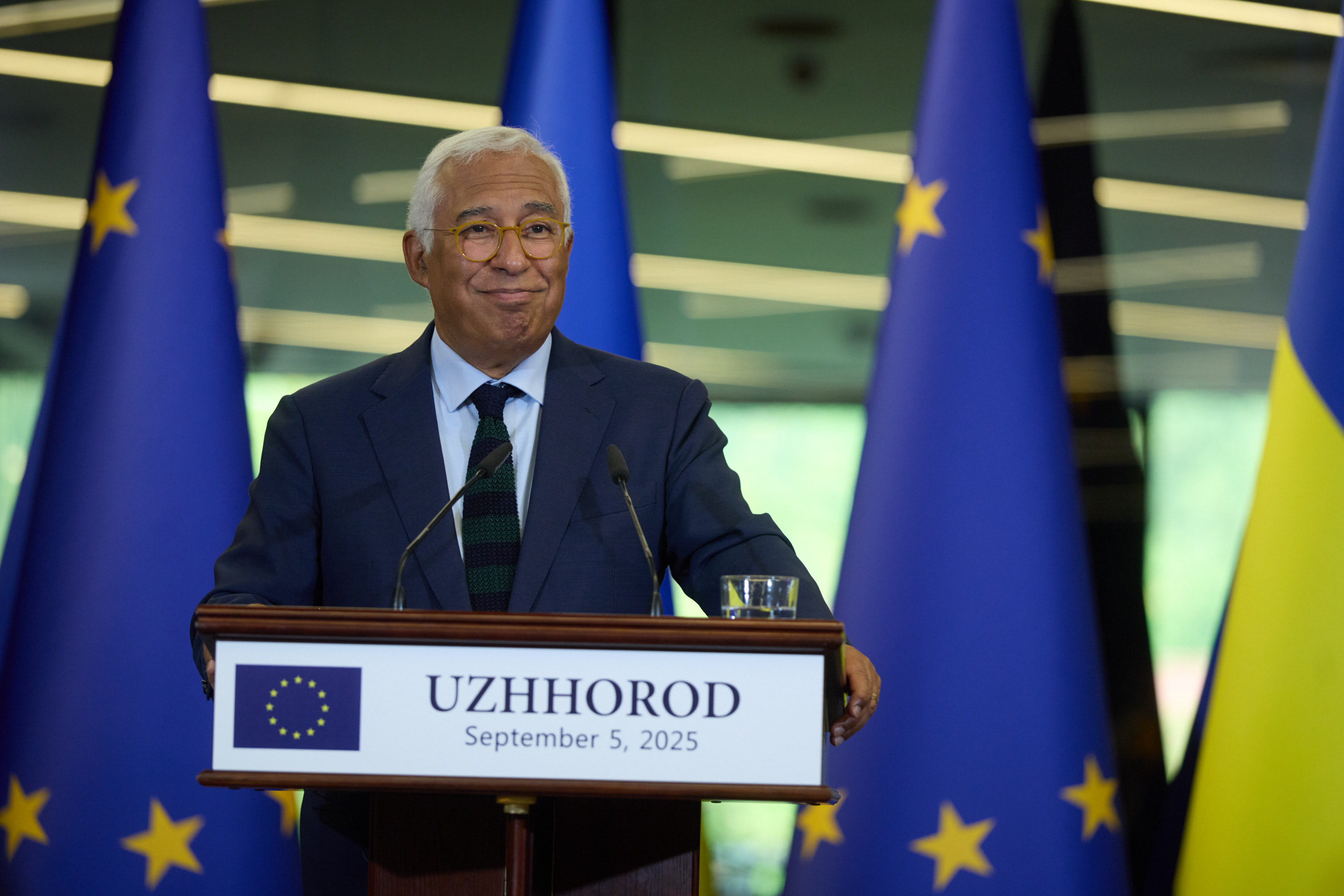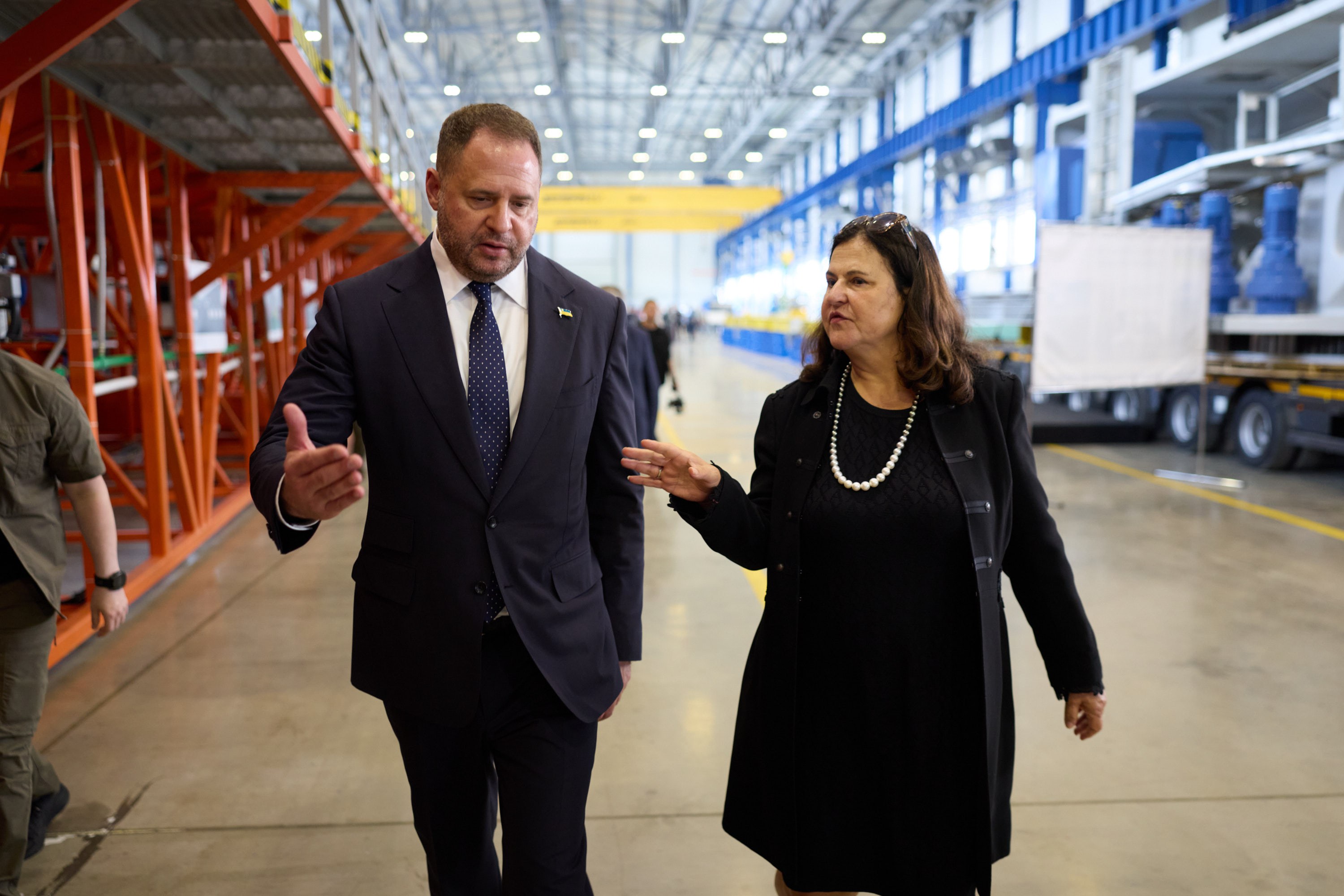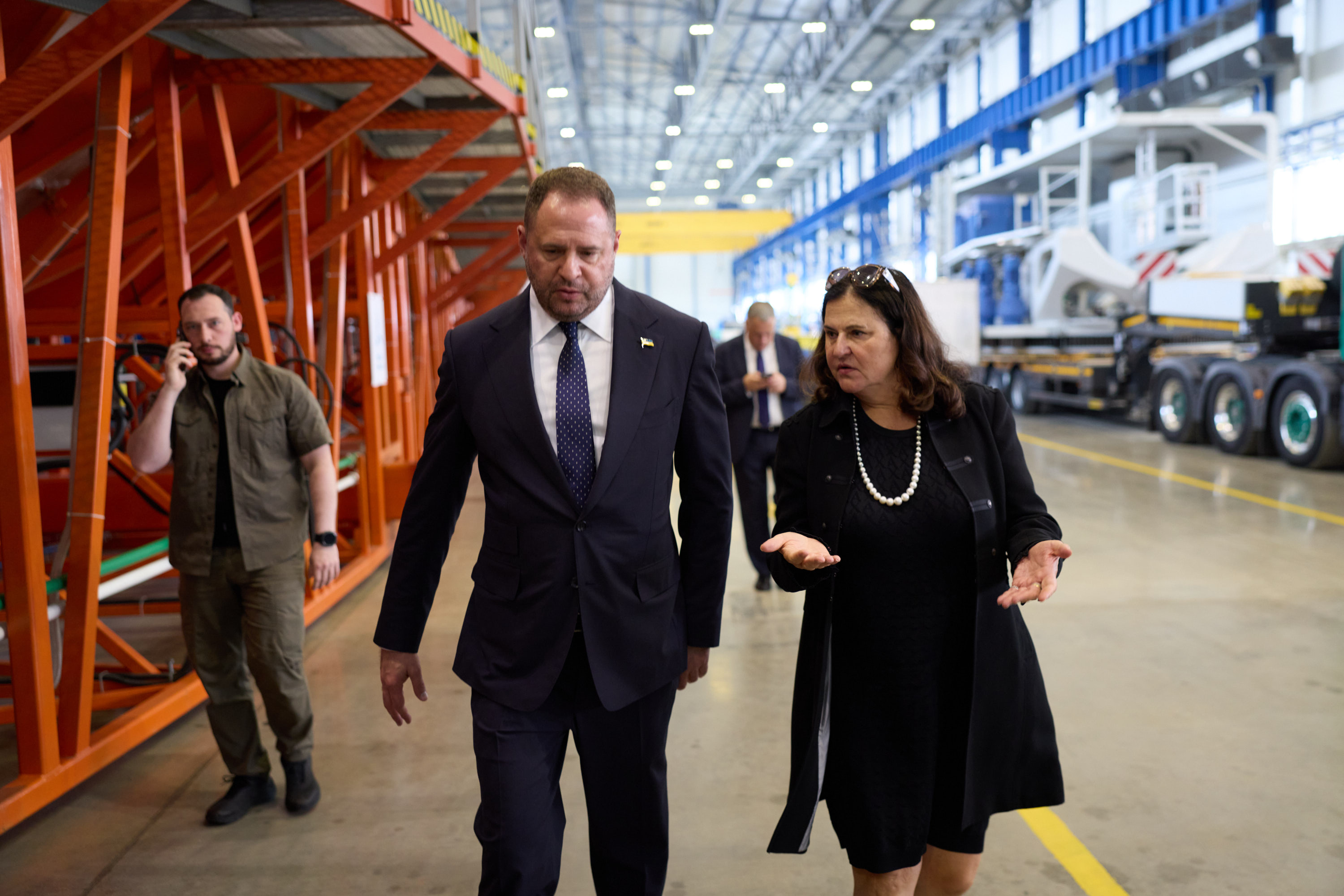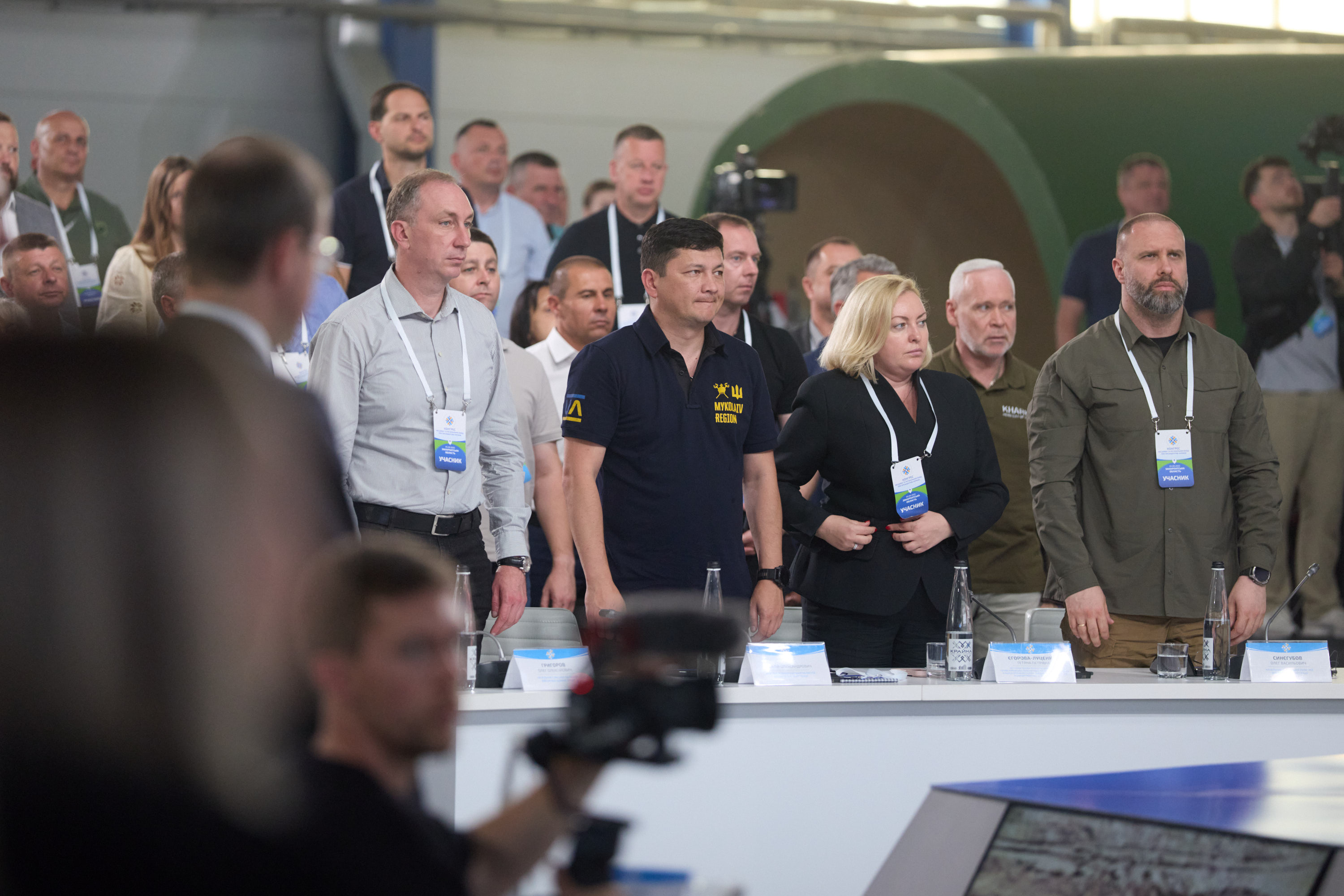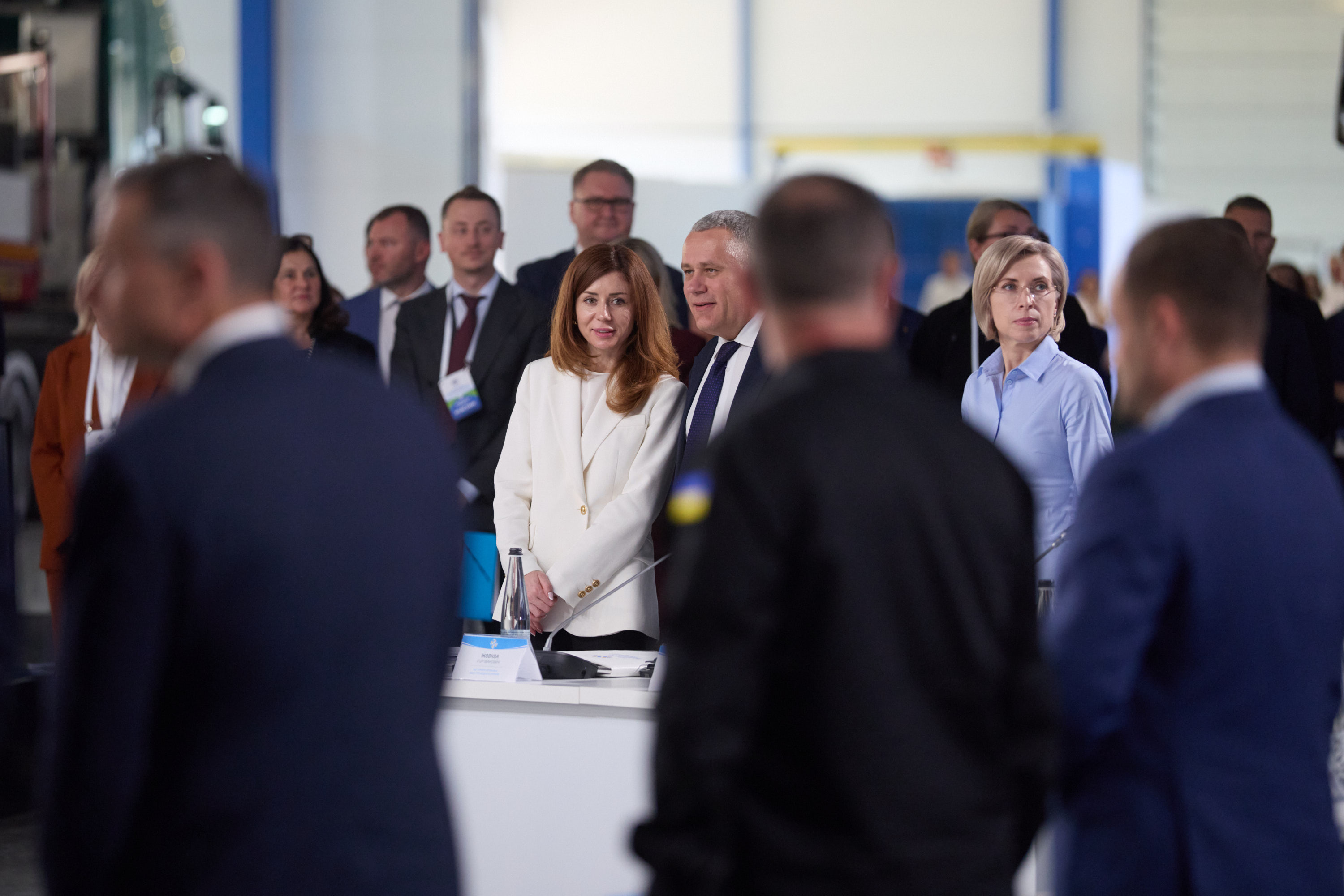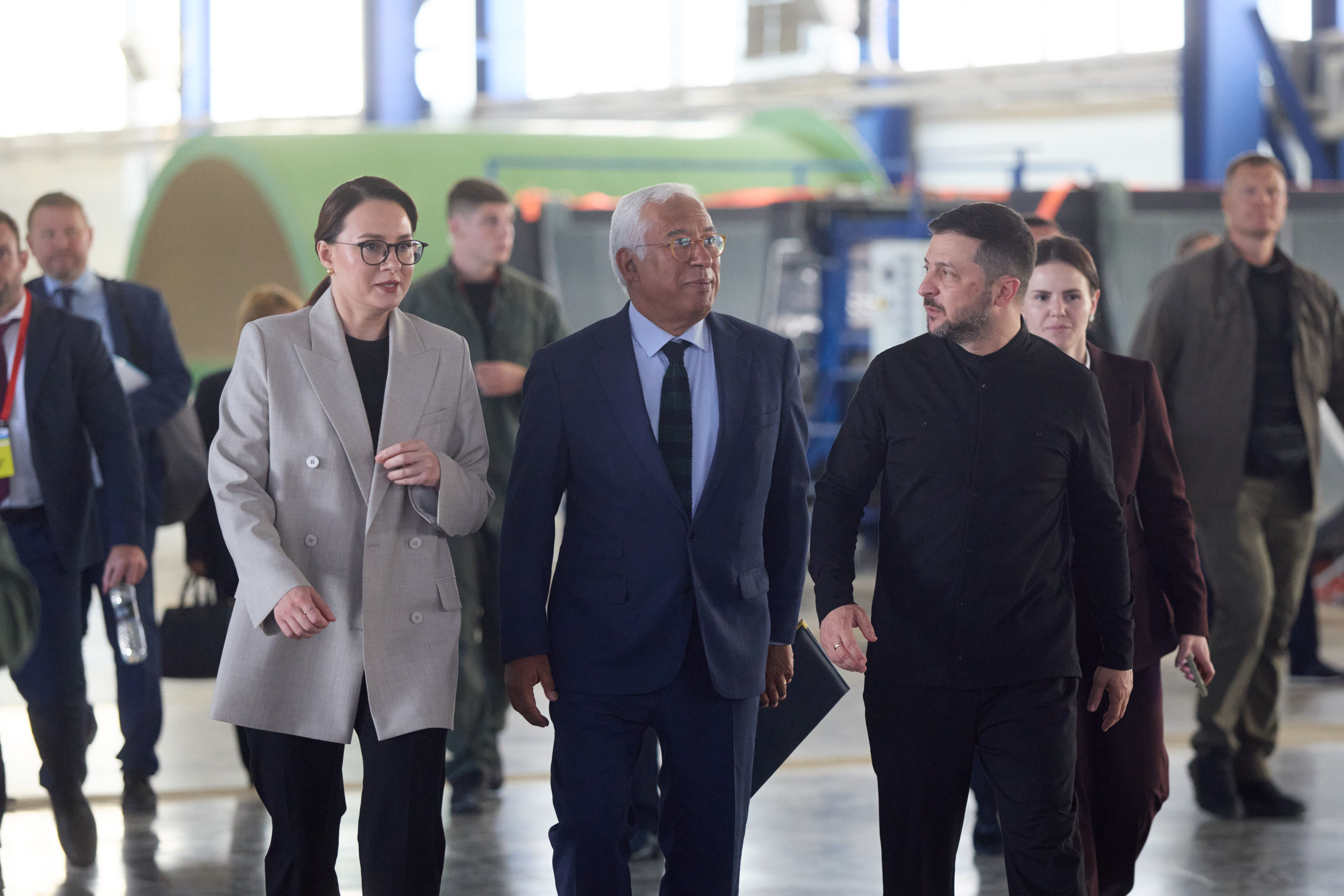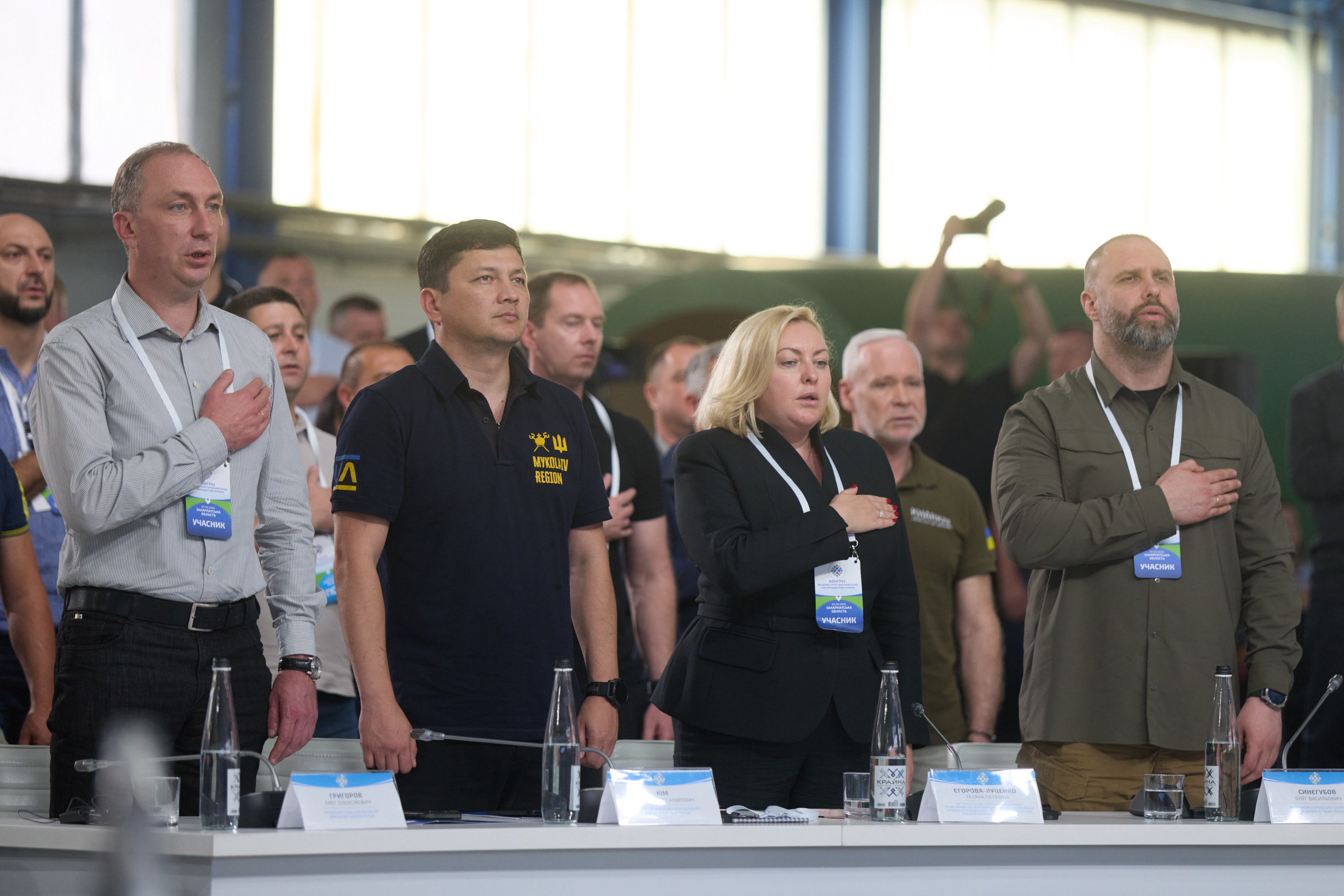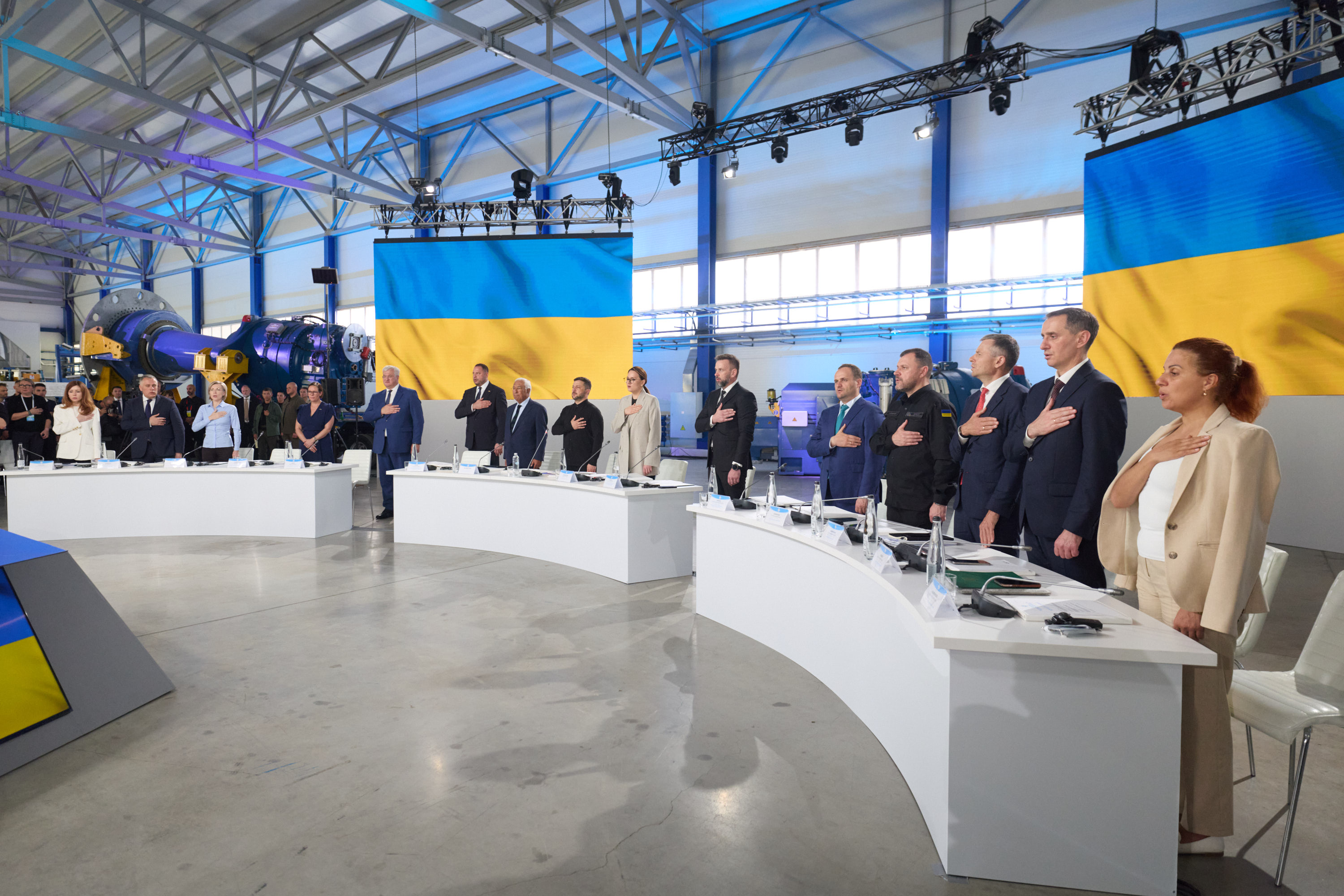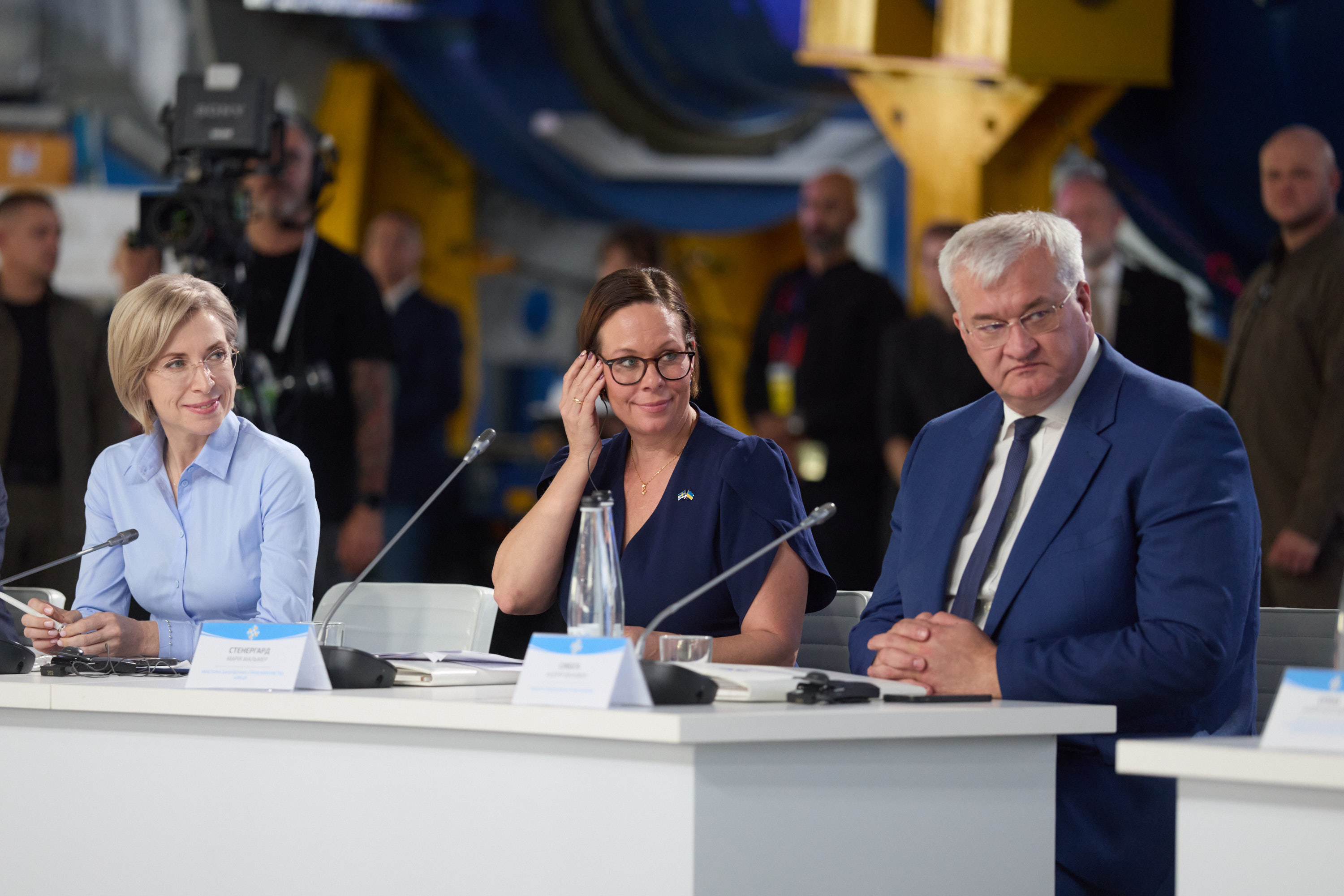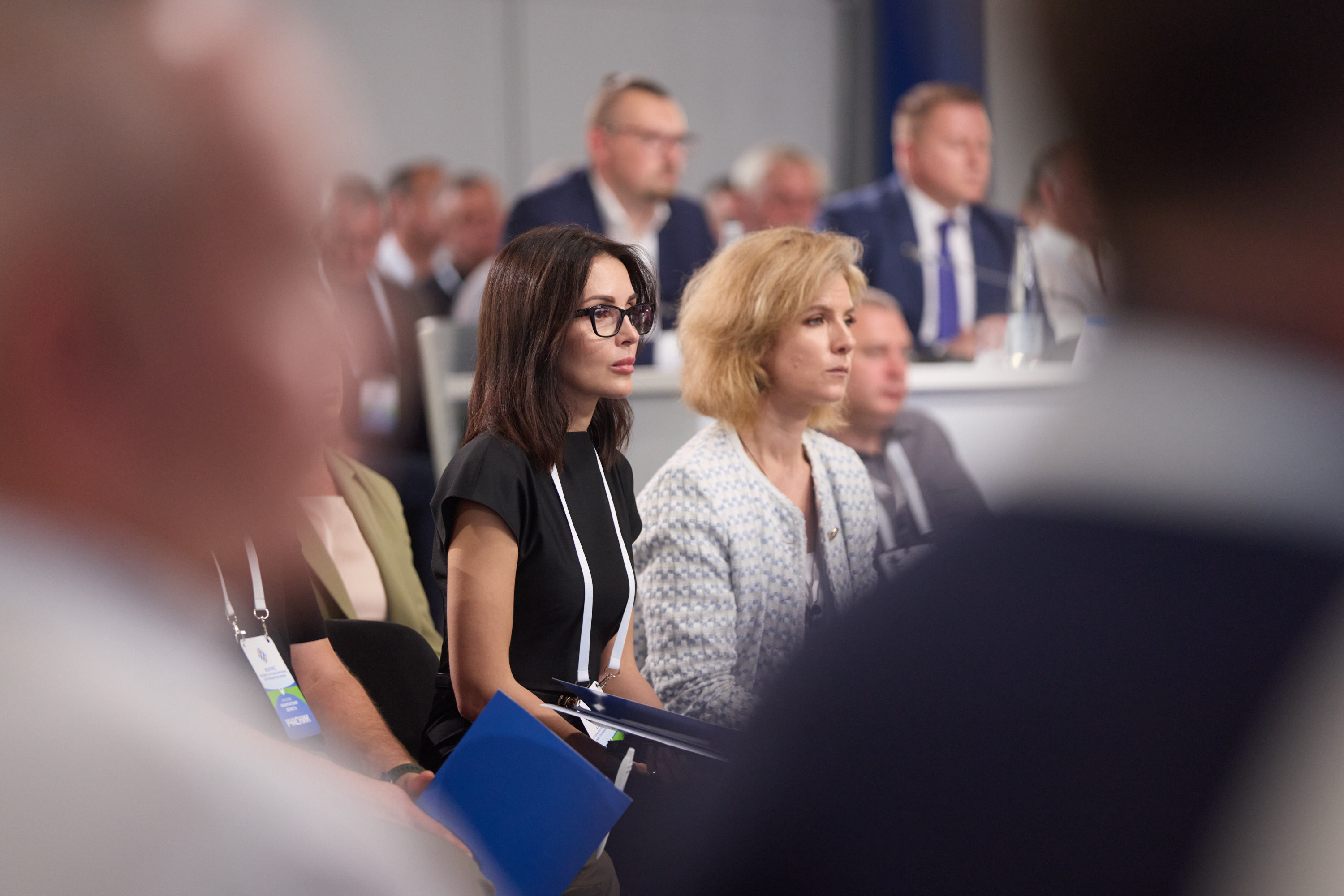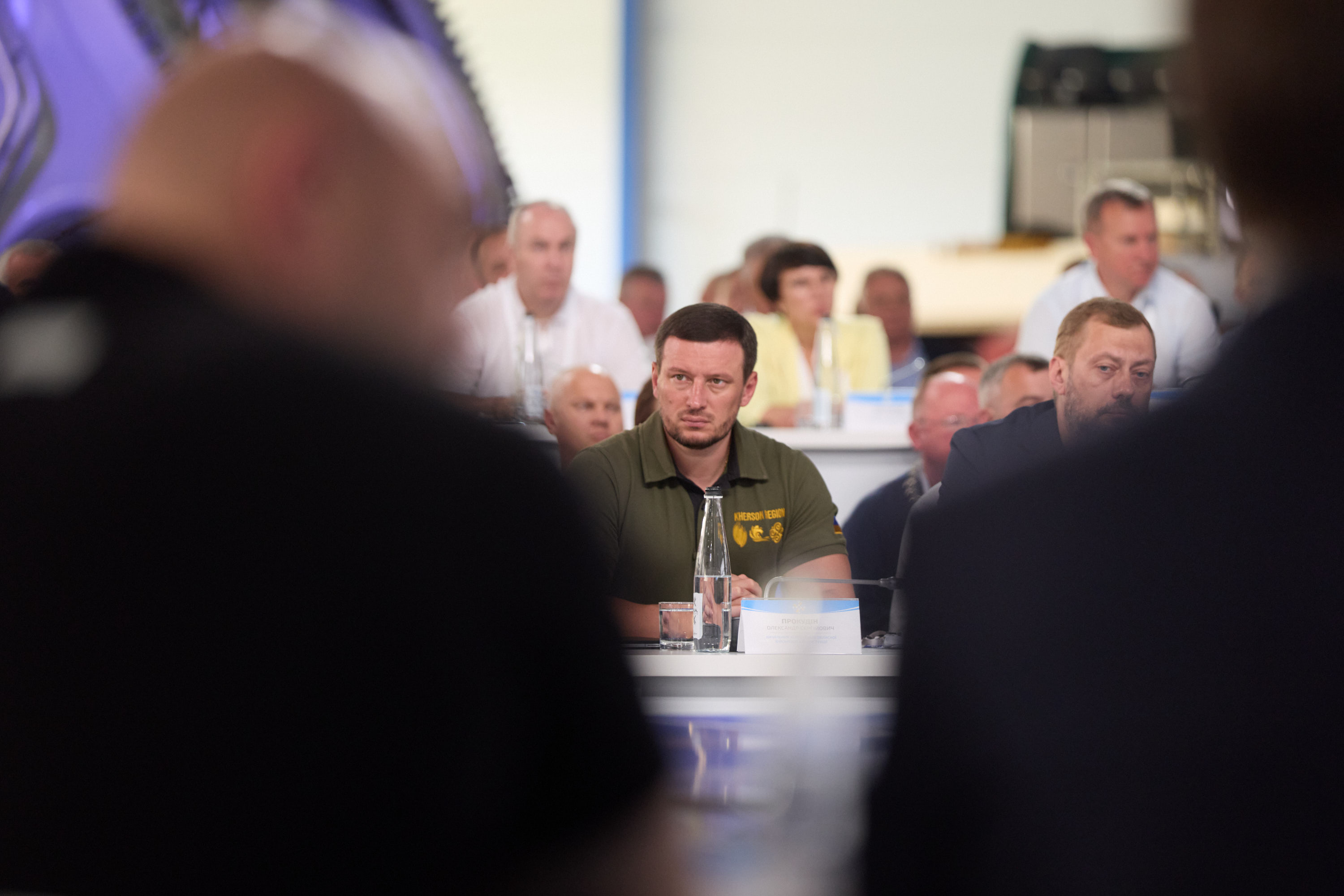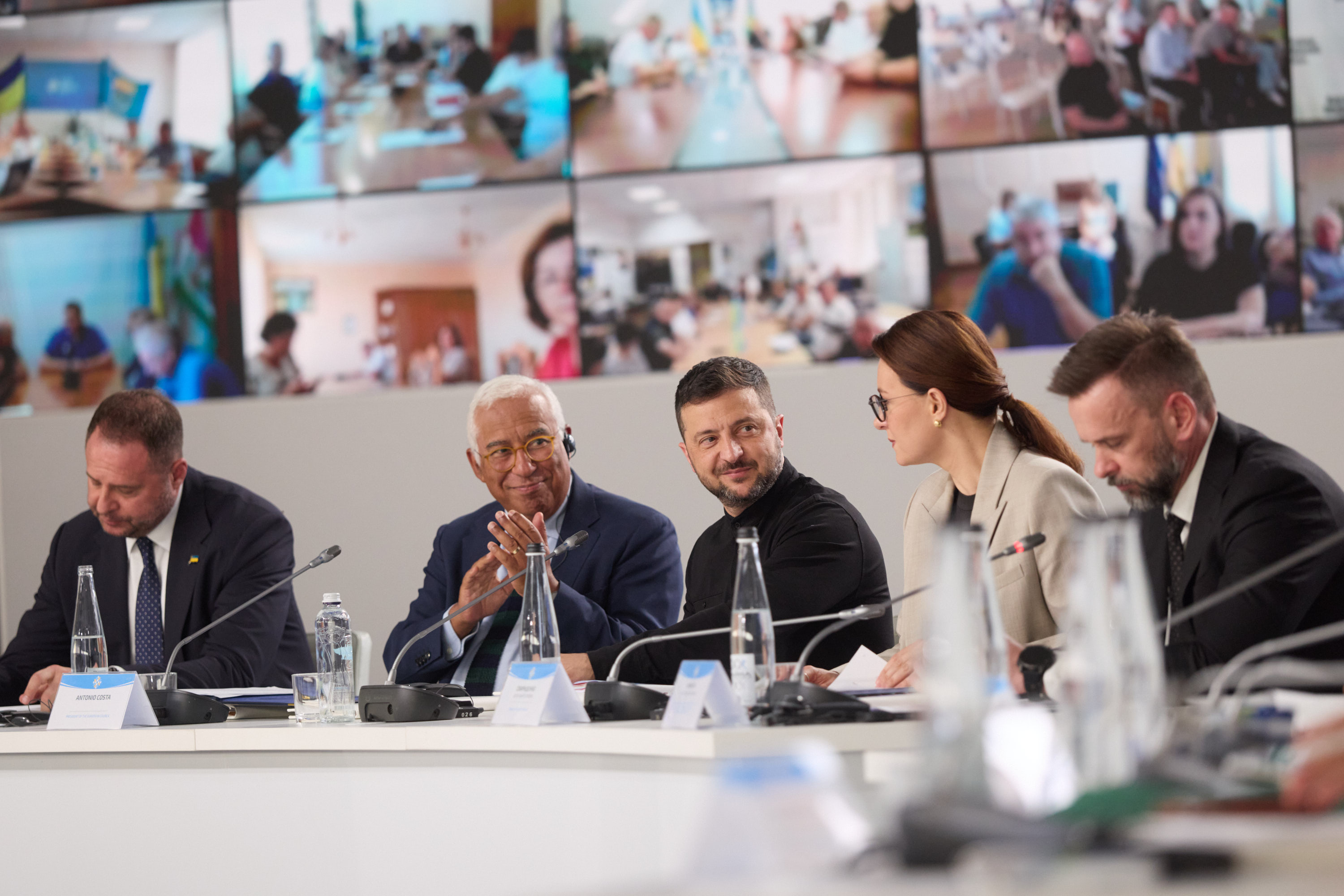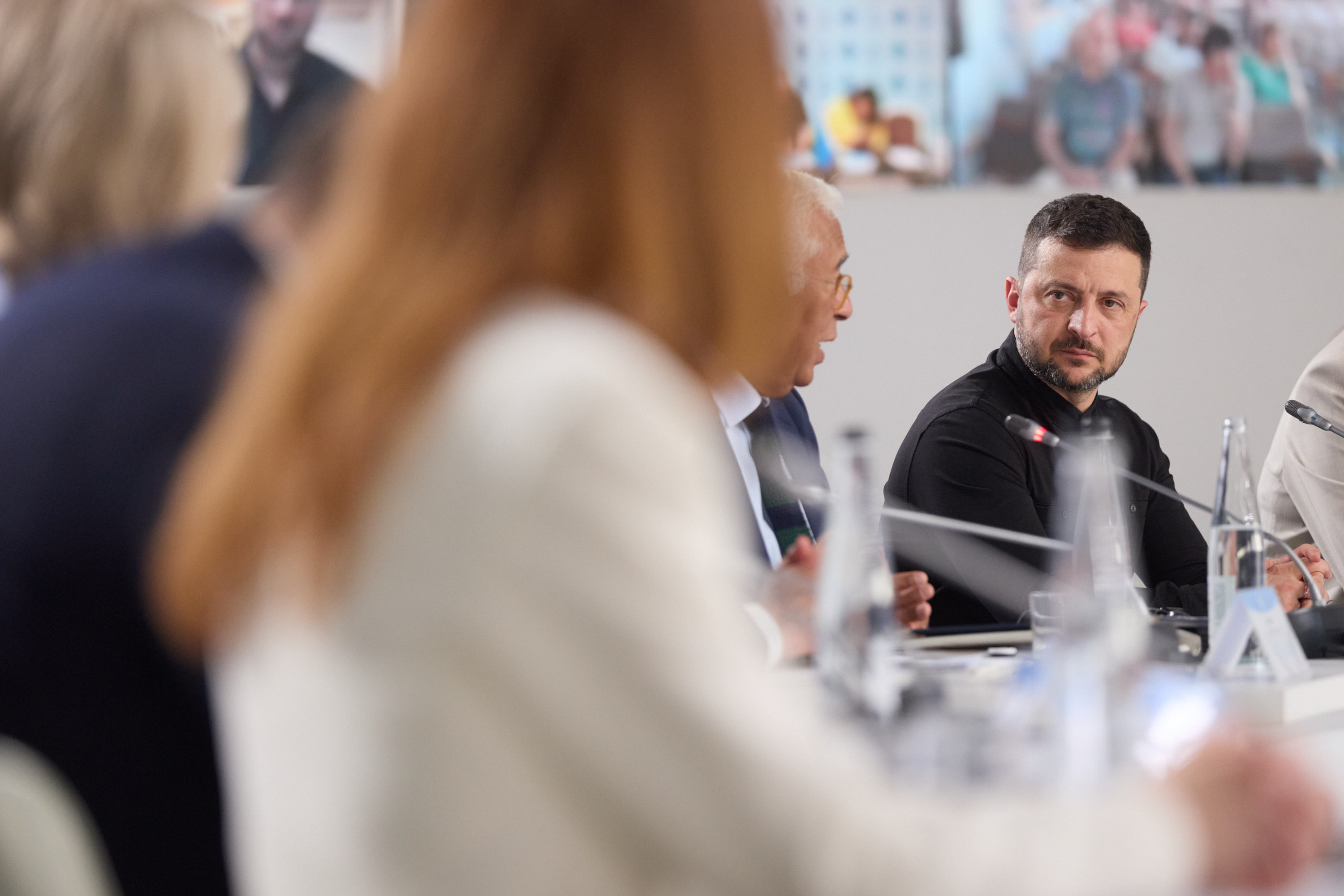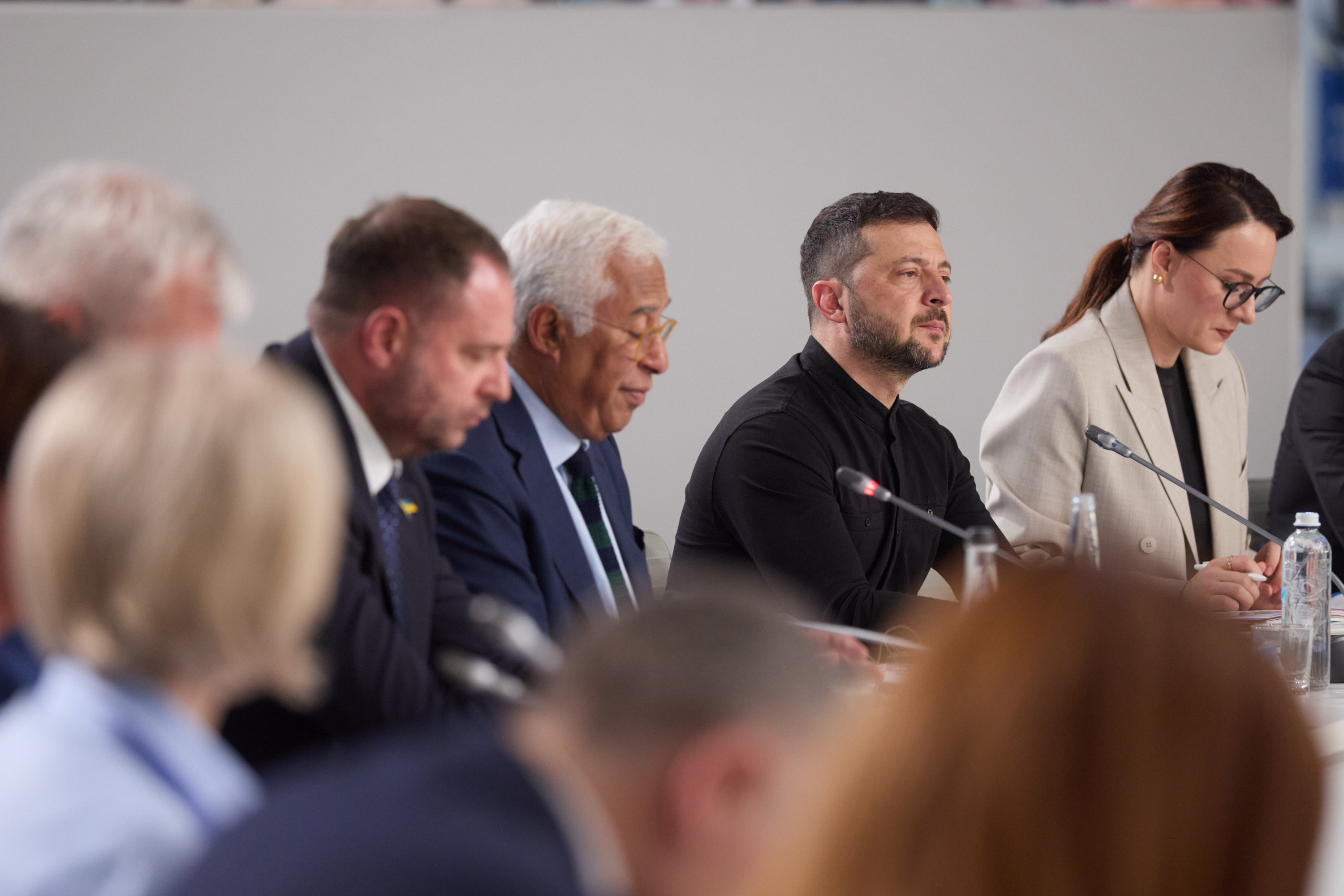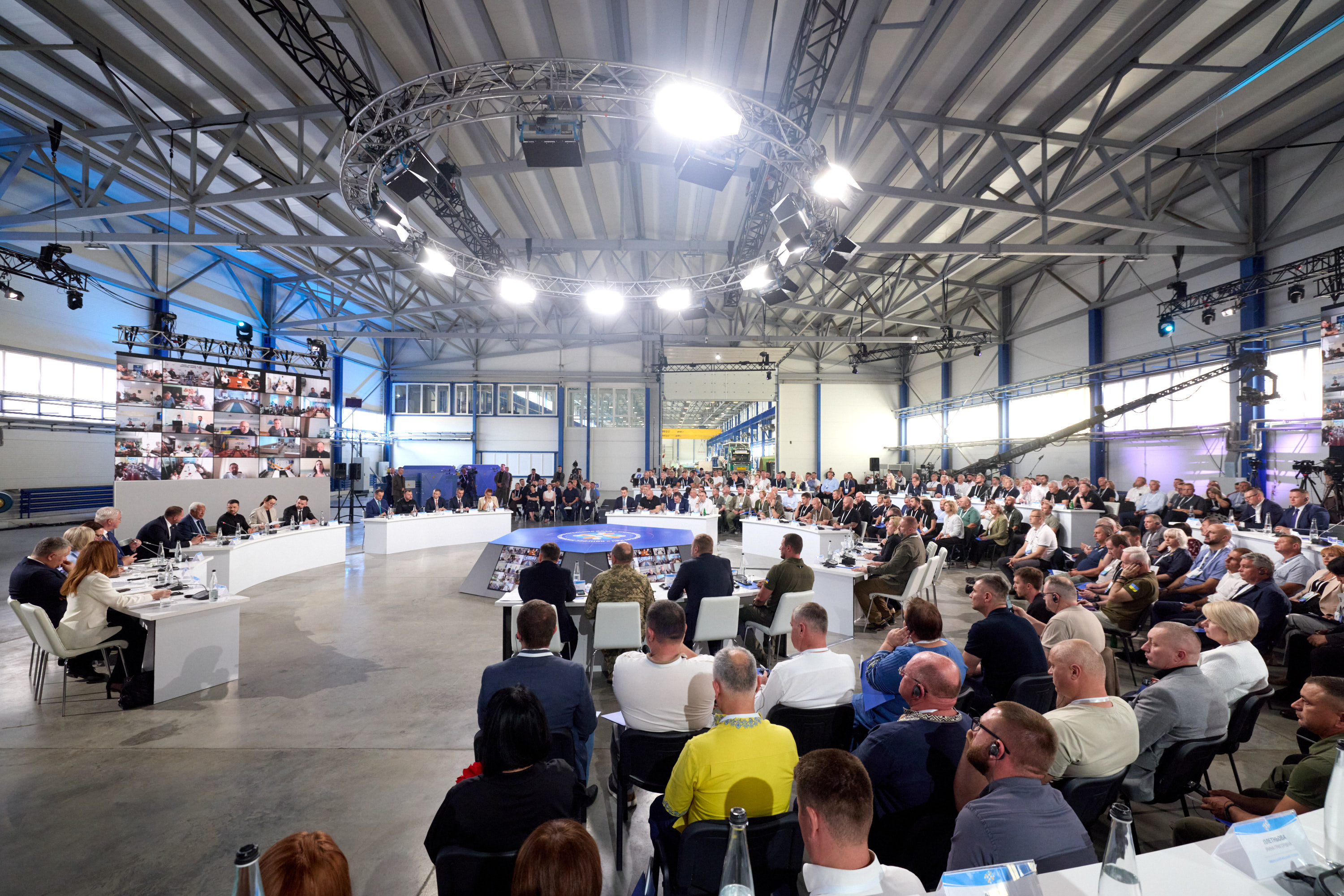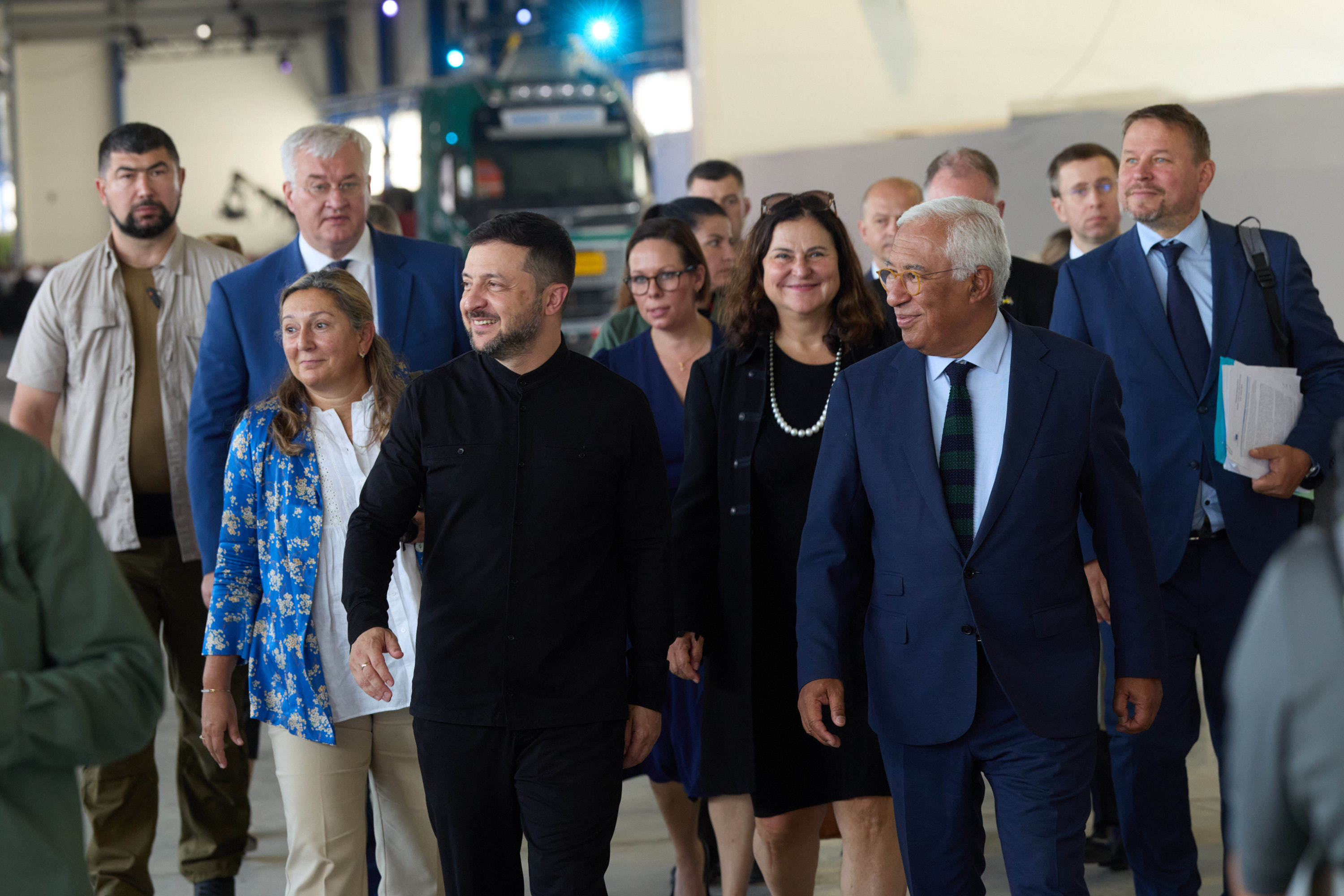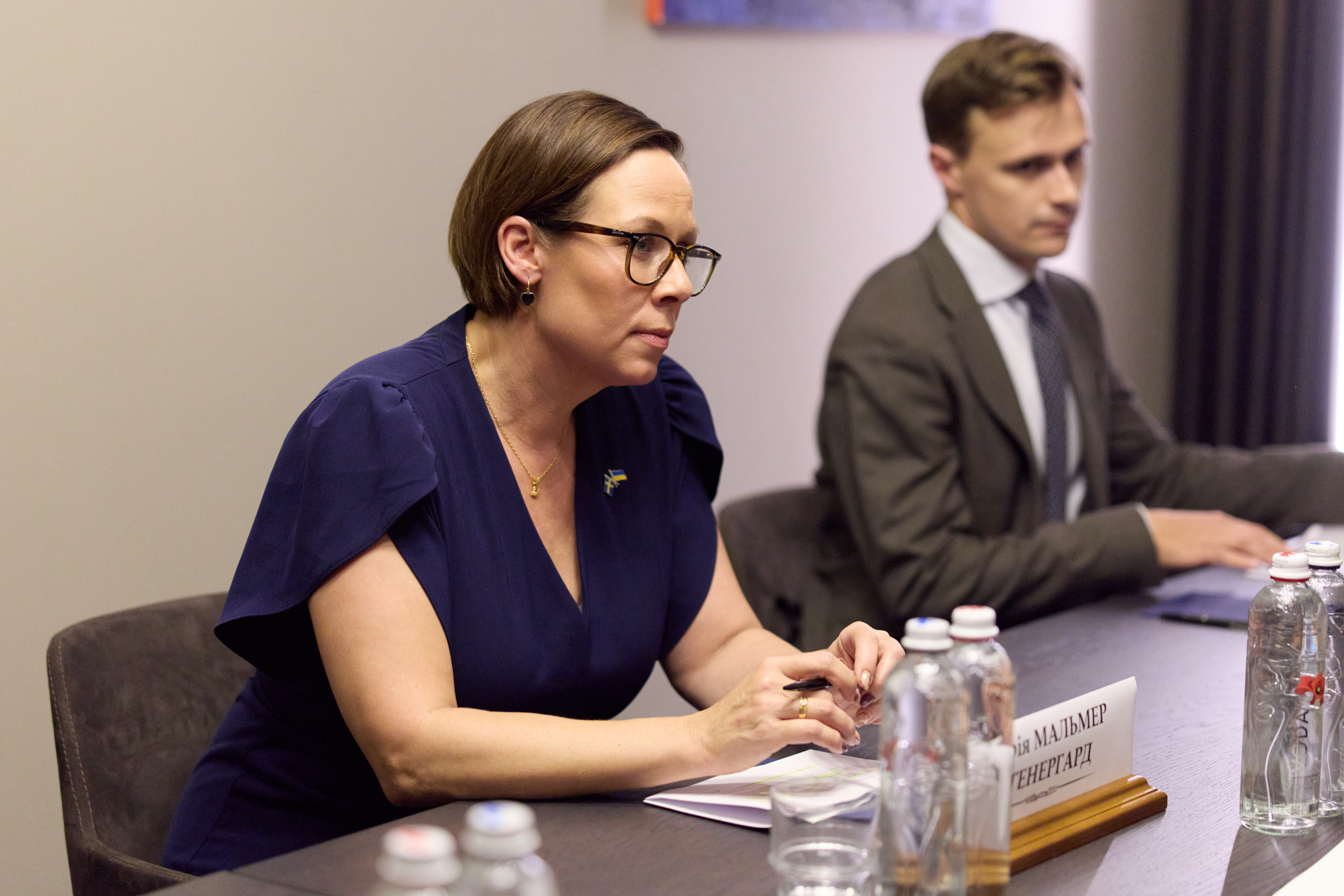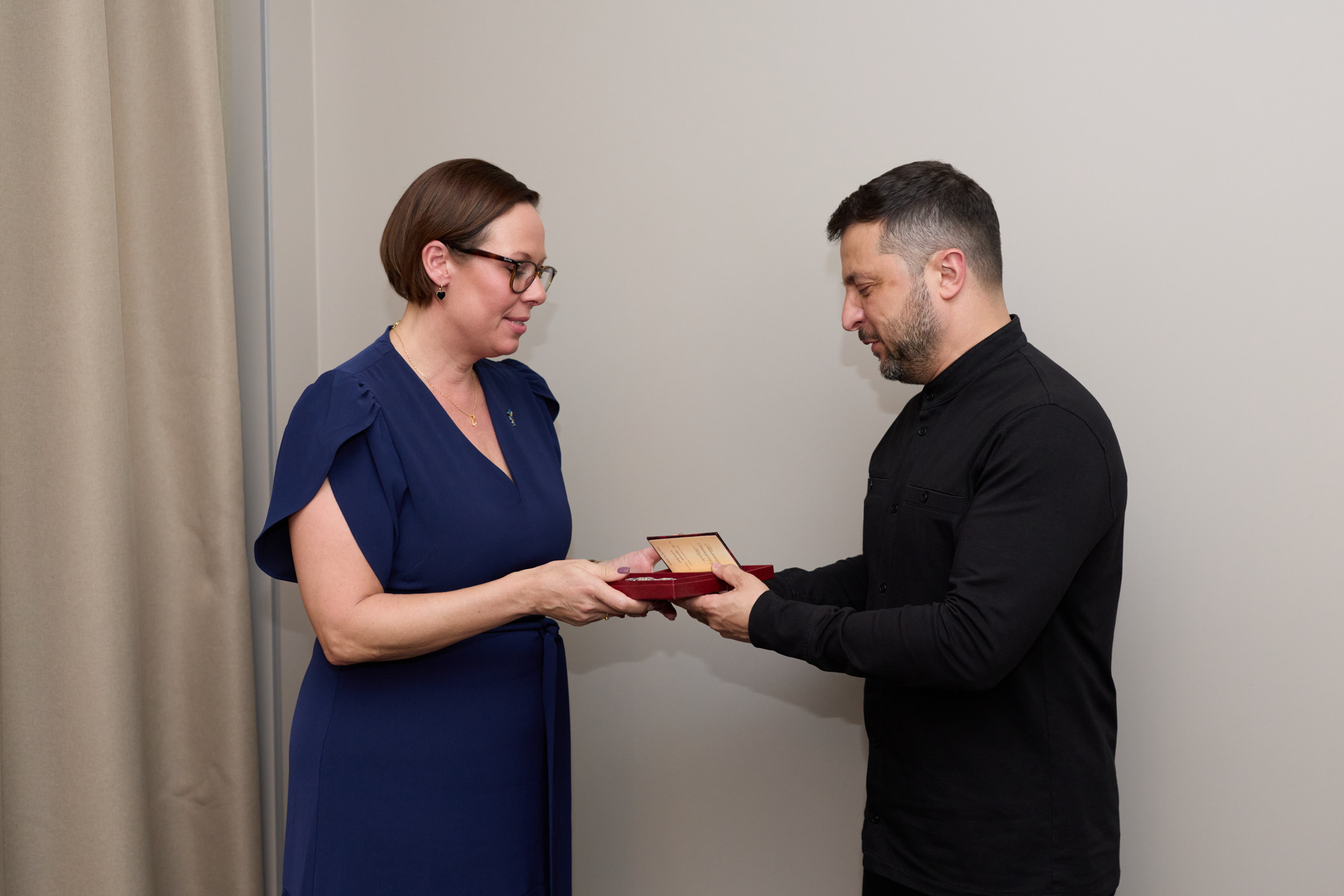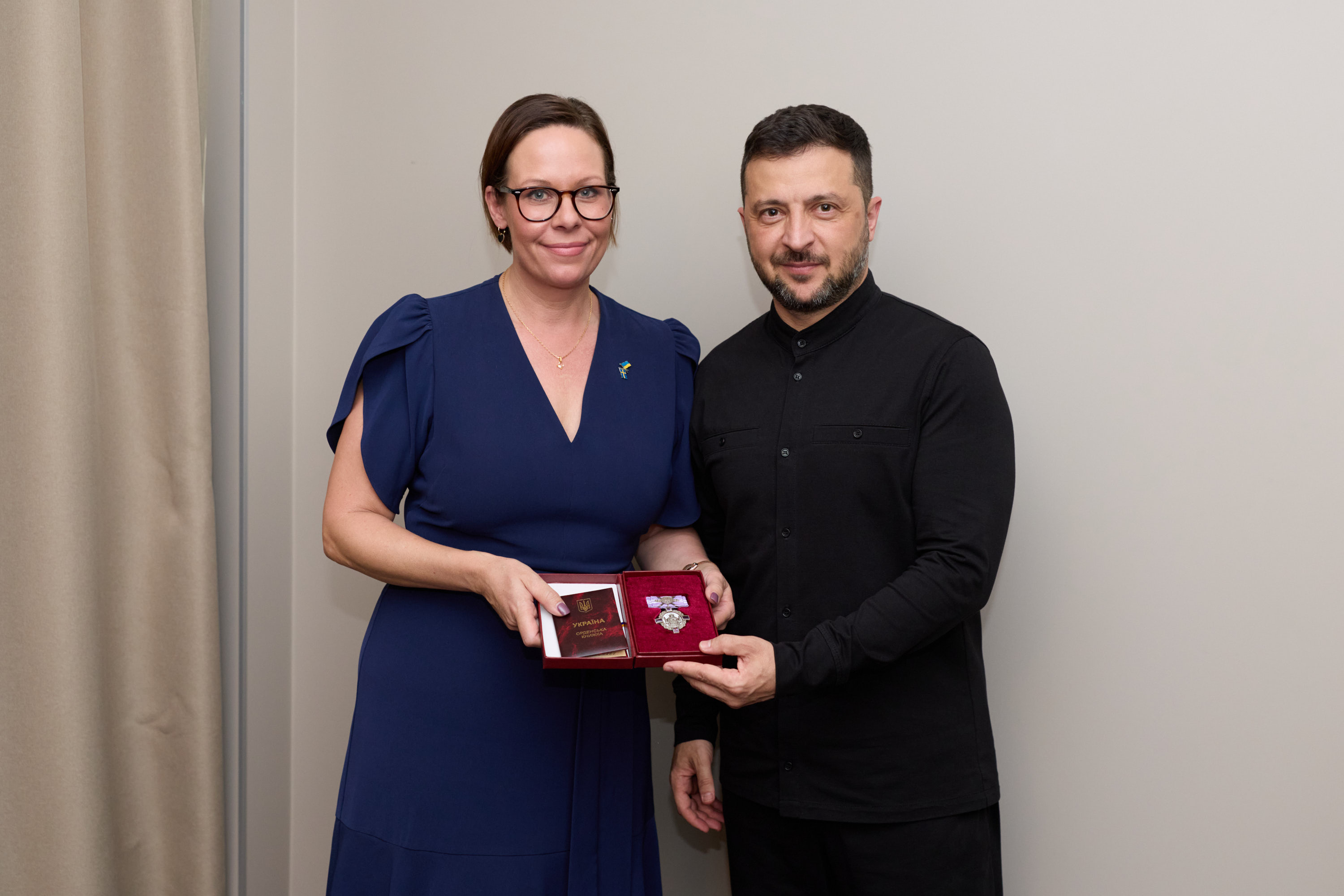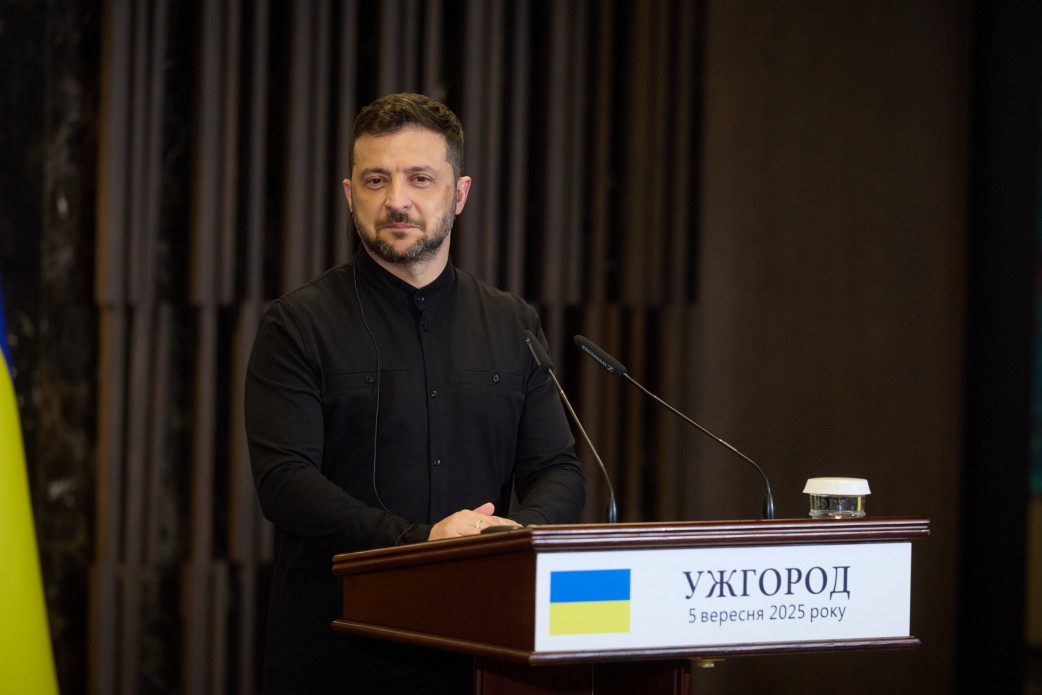In Uzhhorod, President of Ukraine Volodymyr Zelenskyy held a meeting with President of the European Council António Costa to align common positions and discuss the next steps.
The Head of State expressed gratitude for the support and for the active involvement of the EU and European institutions in the development of security guarantees. The Presidents coordinated the next steps within the Coalition of the Willing and also discussed the opportunities under the SAFE initiative.
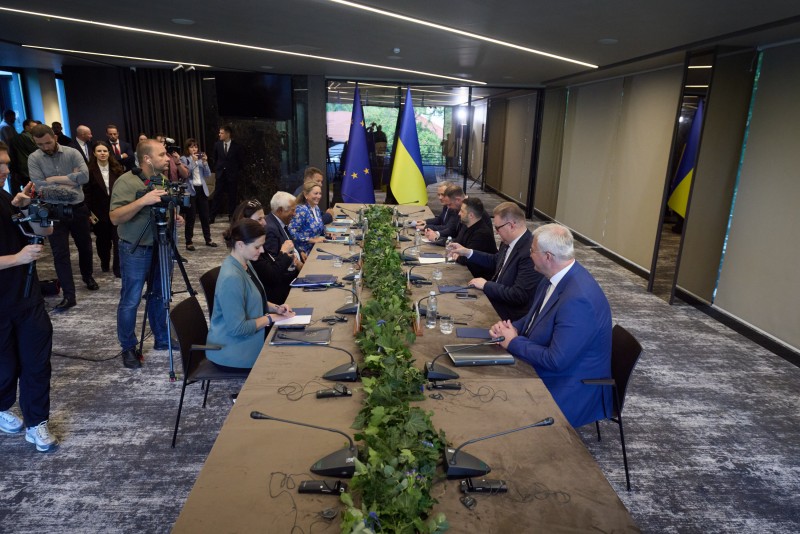 “Ukraine must be a full participant, and the SAFE initiative can greatly boost defense capabilities in Ukraine and in other European countries. Our teams are working on this in detail,” Volodymyr Zelenskyy said.
“Ukraine must be a full participant, and the SAFE initiative can greatly boost defense capabilities in Ukraine and in other European countries. Our teams are working on this in detail,” Volodymyr Zelenskyy said.
Particular and detailed attention was devoted to Ukraine’s future EU membership, which is both an economic and a geopolitical security guarantee. Ukraine’s accession to the European Union is also supported by the United States, which believes that the security of everyone on the continent must be a common European cause.
“Finally, we are hearing signals from Russia that they now acknowledge Ukraine’s EU membership. It is regrettable that they are acknowledging reality with such a delay: since 2013, Russia has been inching toward this simple realization. But now some others – some of Russia’s great friends in Europe – should also hear this: if even Putin does not object, then the position of some countries, such as Hungary, regarding clusters in the negotiations with Ukraine looks truly odd,” the Head of State emphasized.
Volodymyr Zelenskyy and António Costa also discussed reducing Russia’s oil and gas revenues that finance the war, strengthening sanctions against Russia, and introducing tariffs on trade with those who assist the Russian Federation.
“We are ready to do more. We are working with the United States and other partners to intensify our pressure through additional sanctions – both direct and secondary sanctions. Our European team is heading to Washington to work with our American friends,” António Costa said.
In addition, the meeting addressed further support for Ukraine’s resilience programs – in the areas of energy, reconstruction, and education. In particular, the discussion focused on assistance with providing free school meals for all Ukrainian children.


